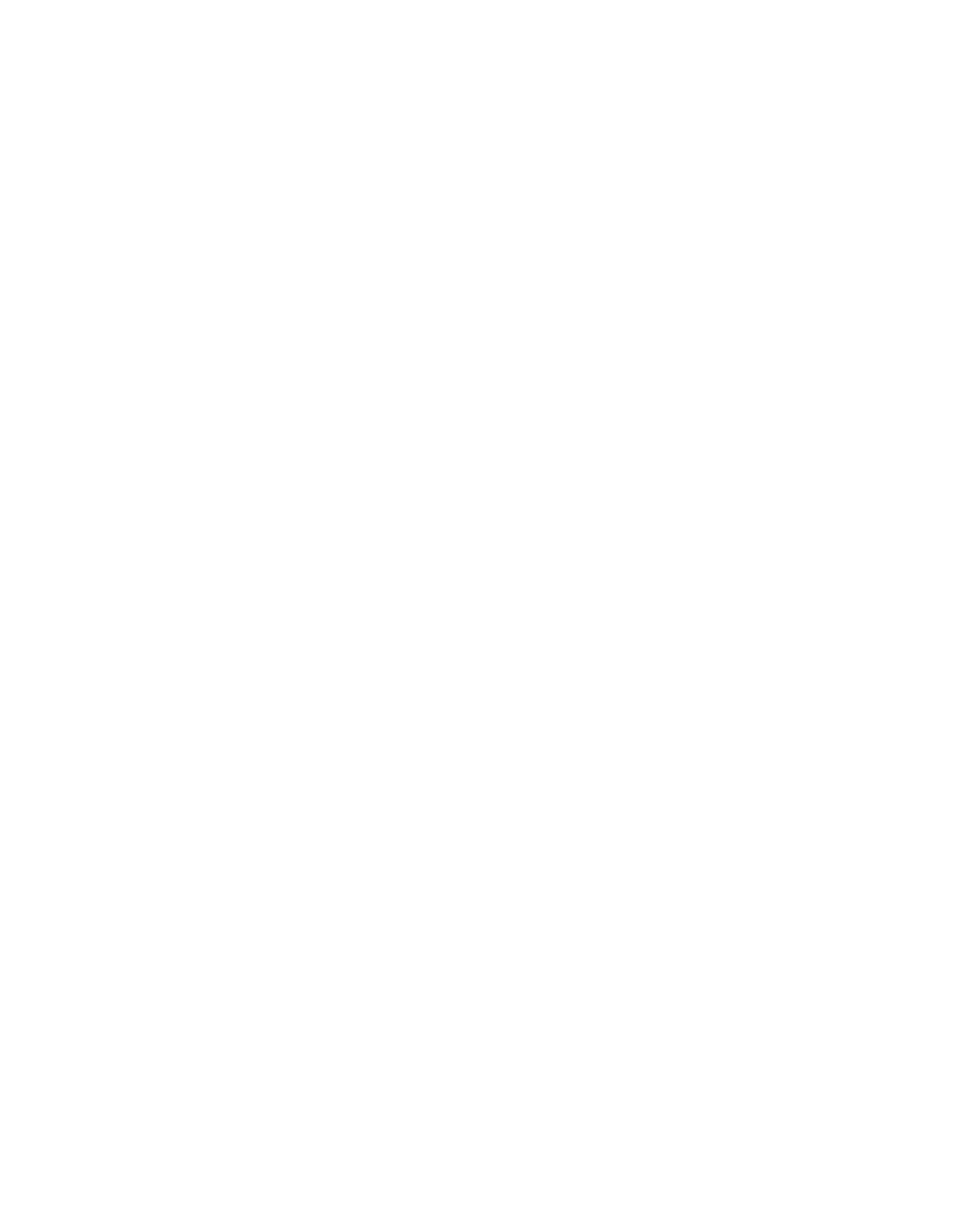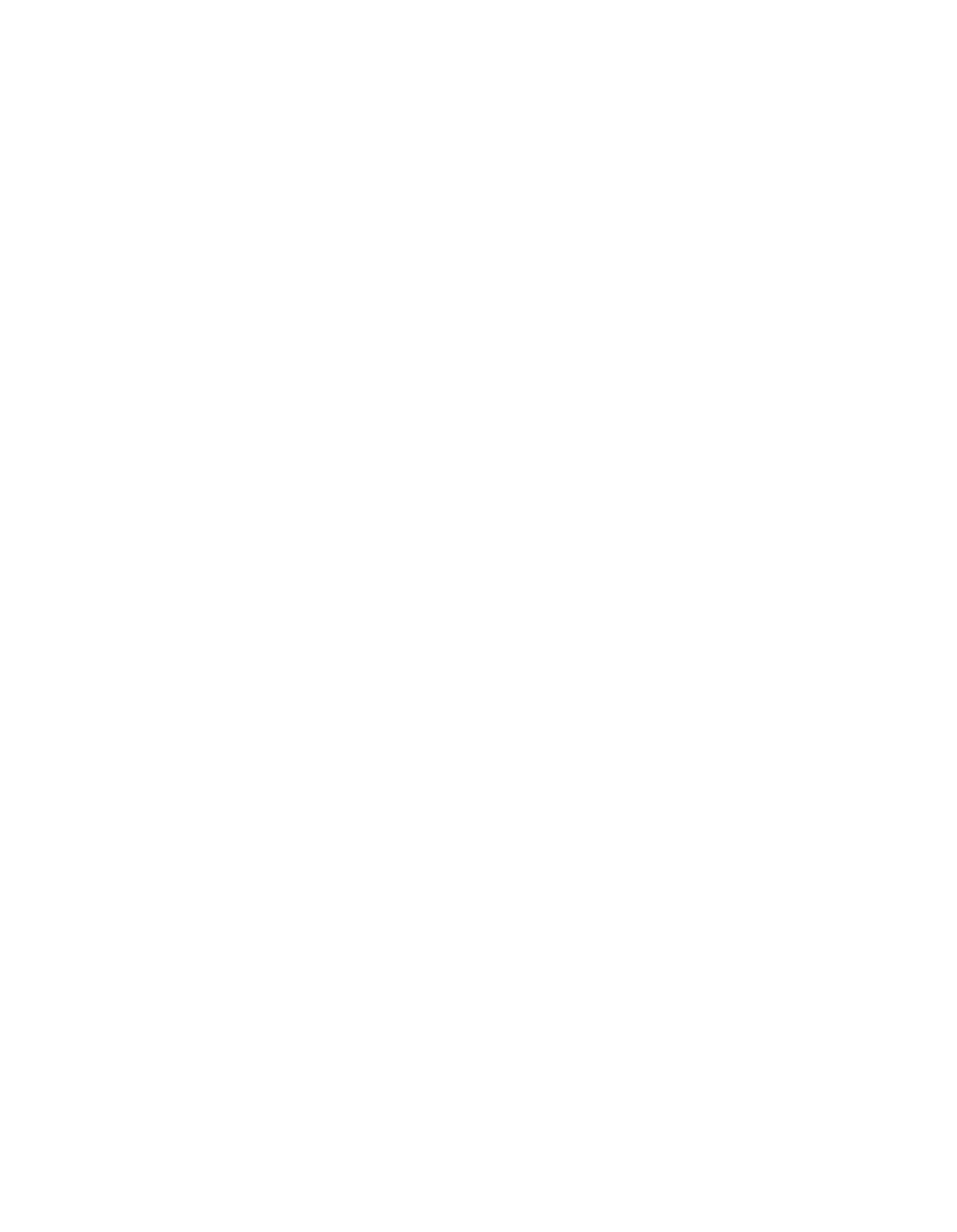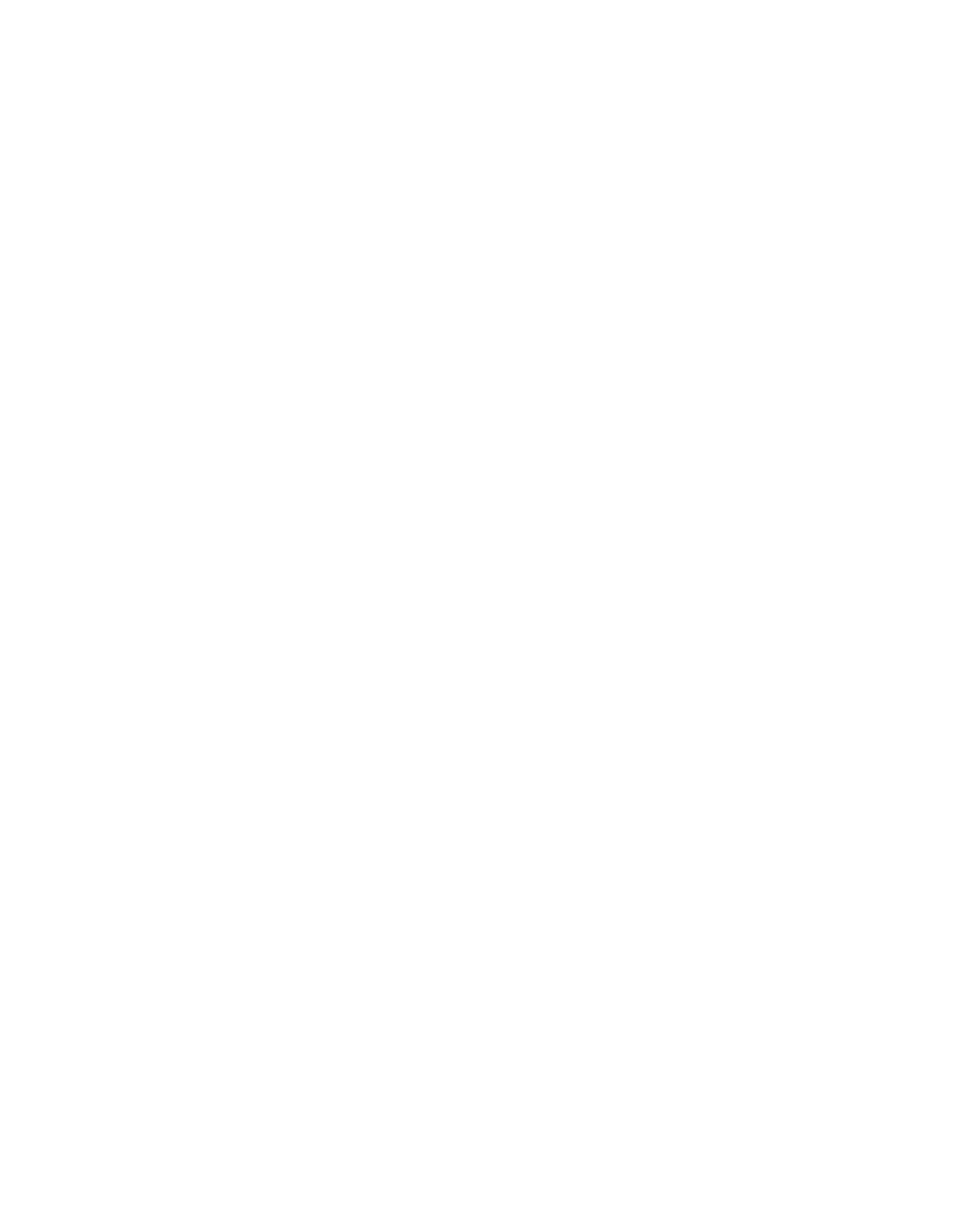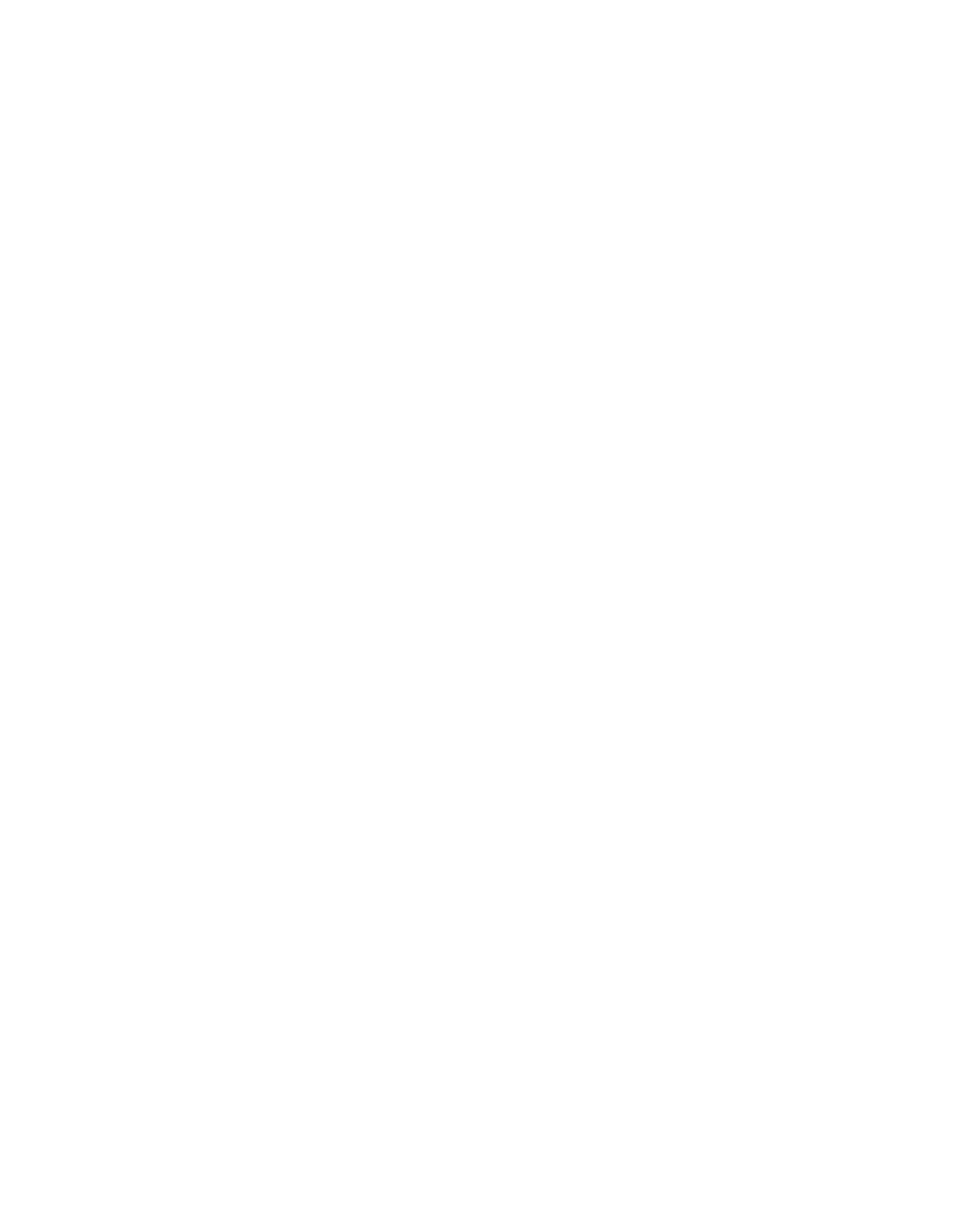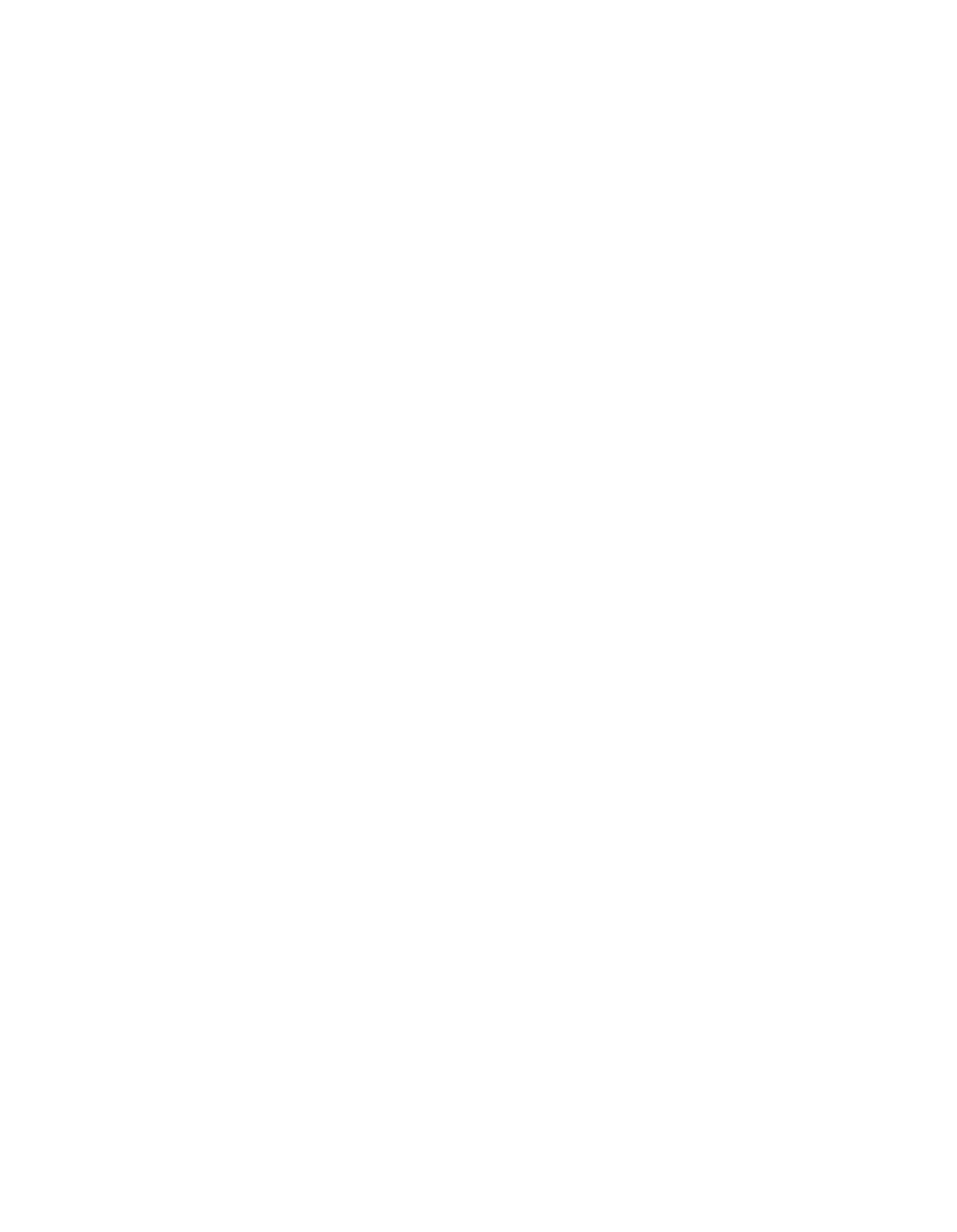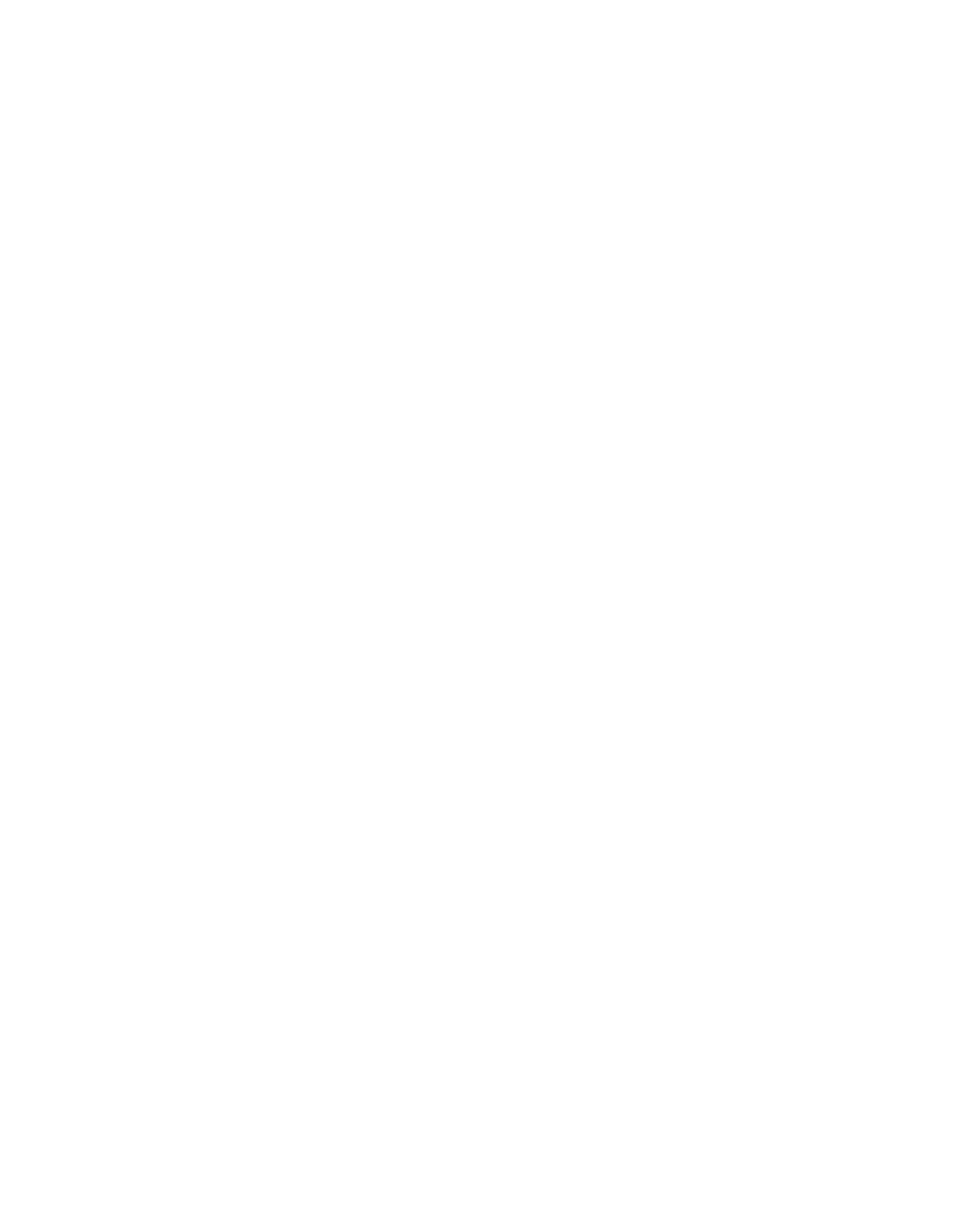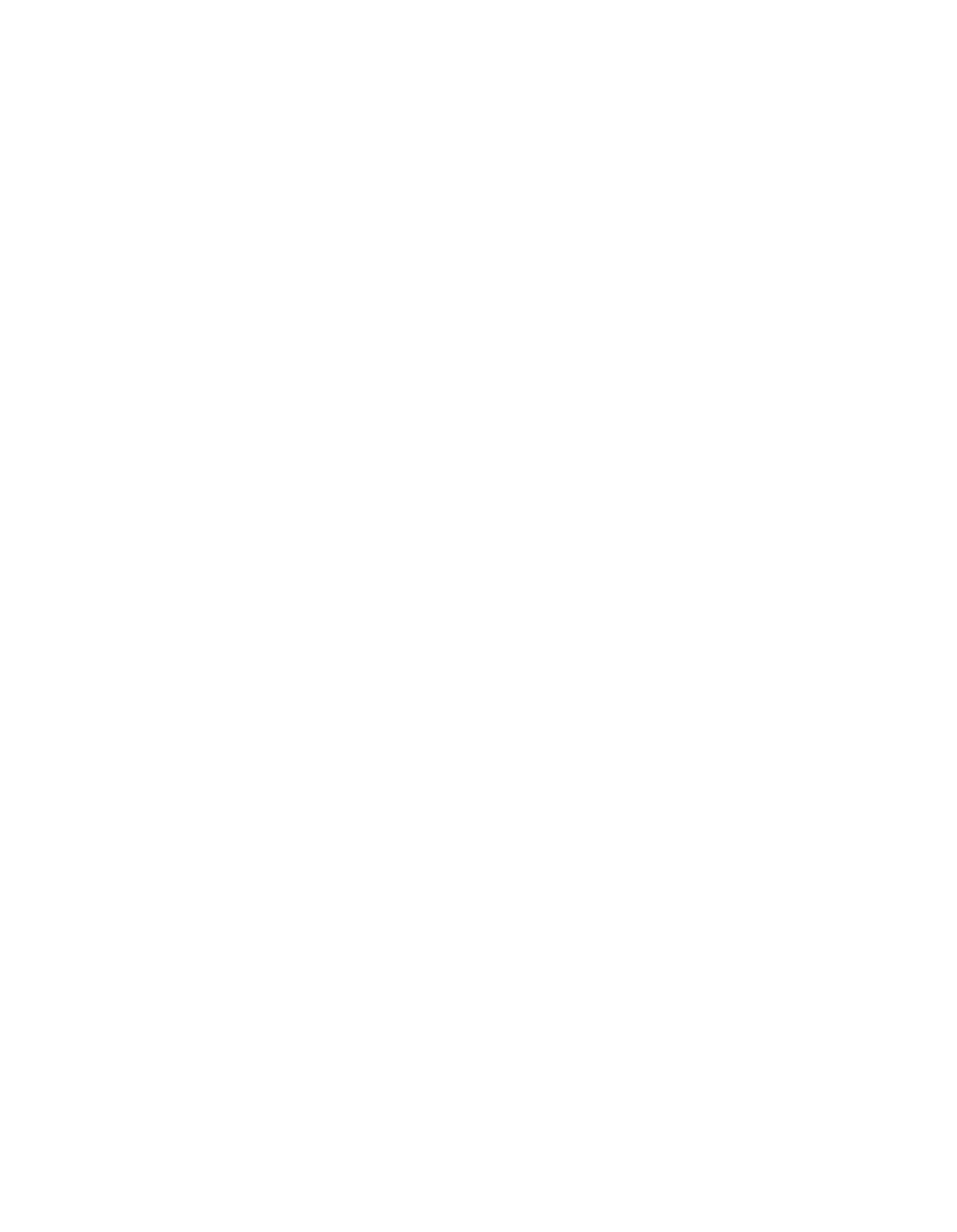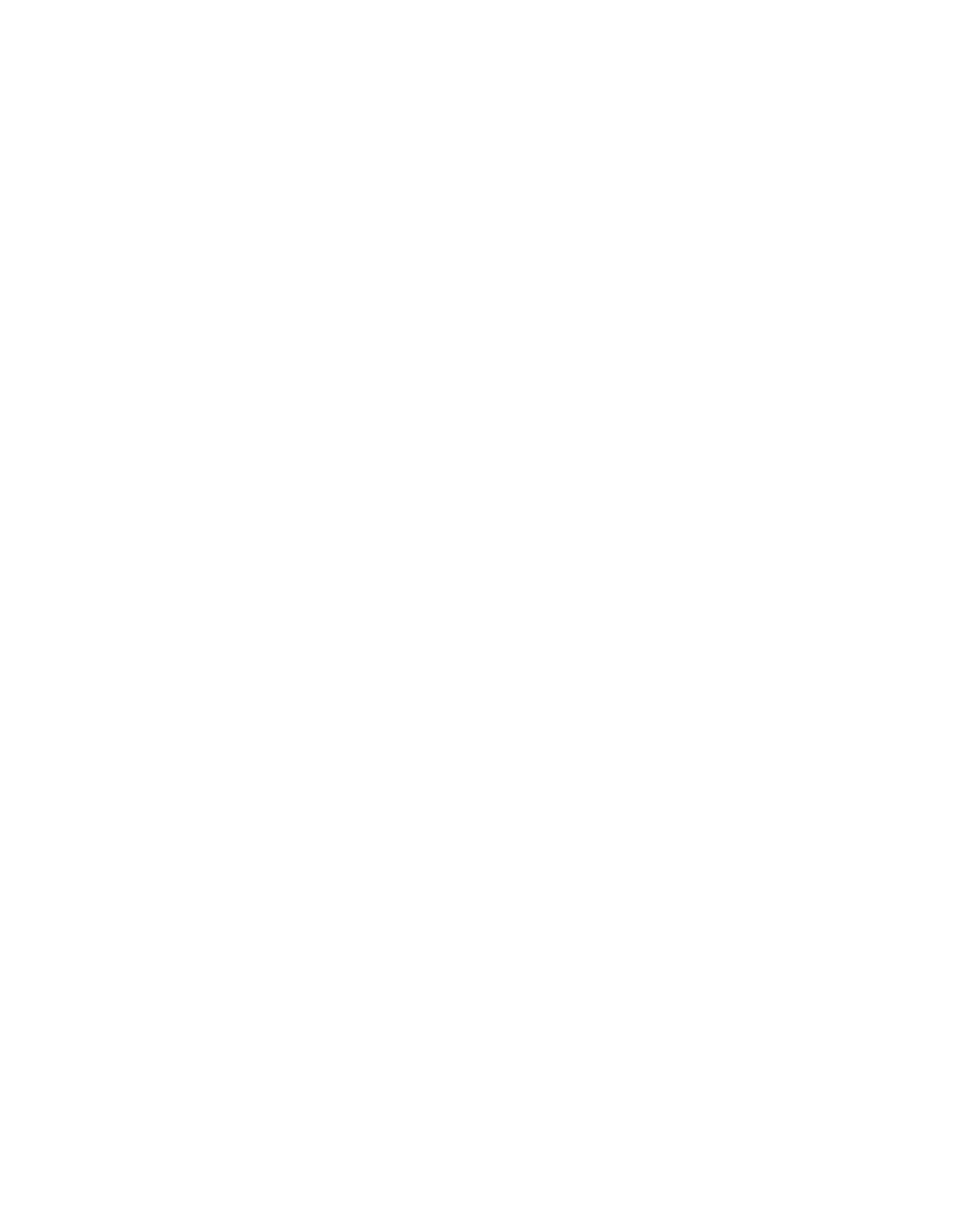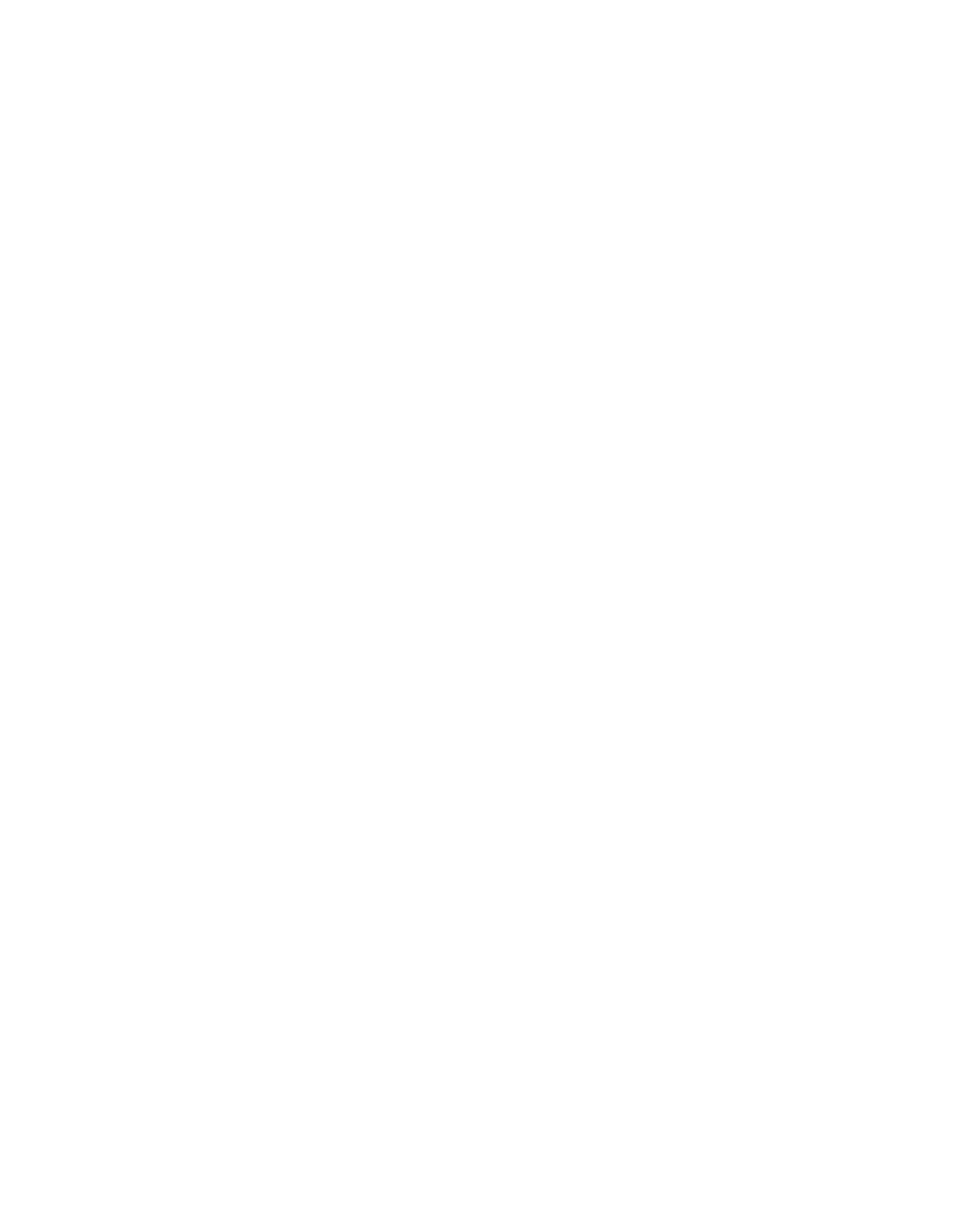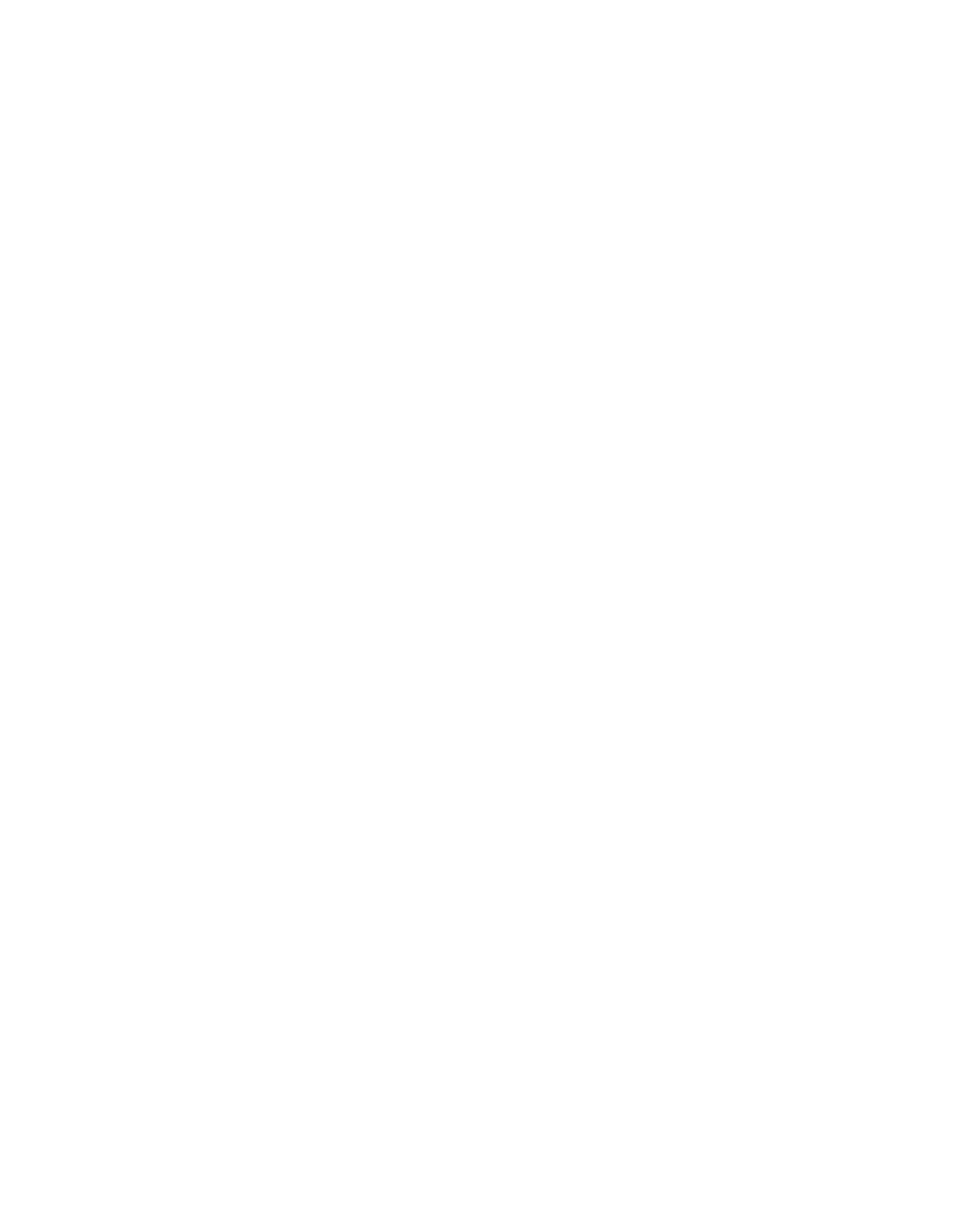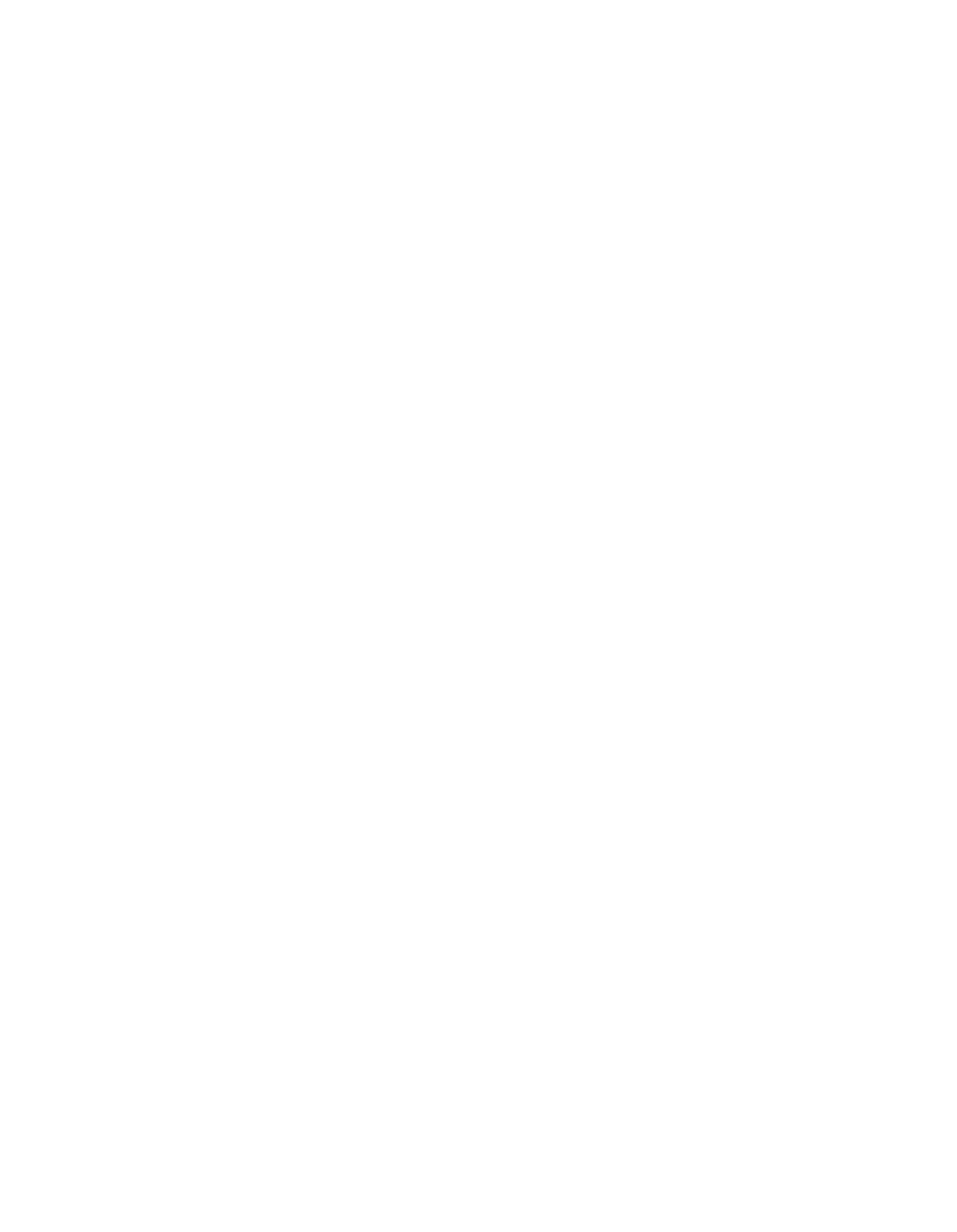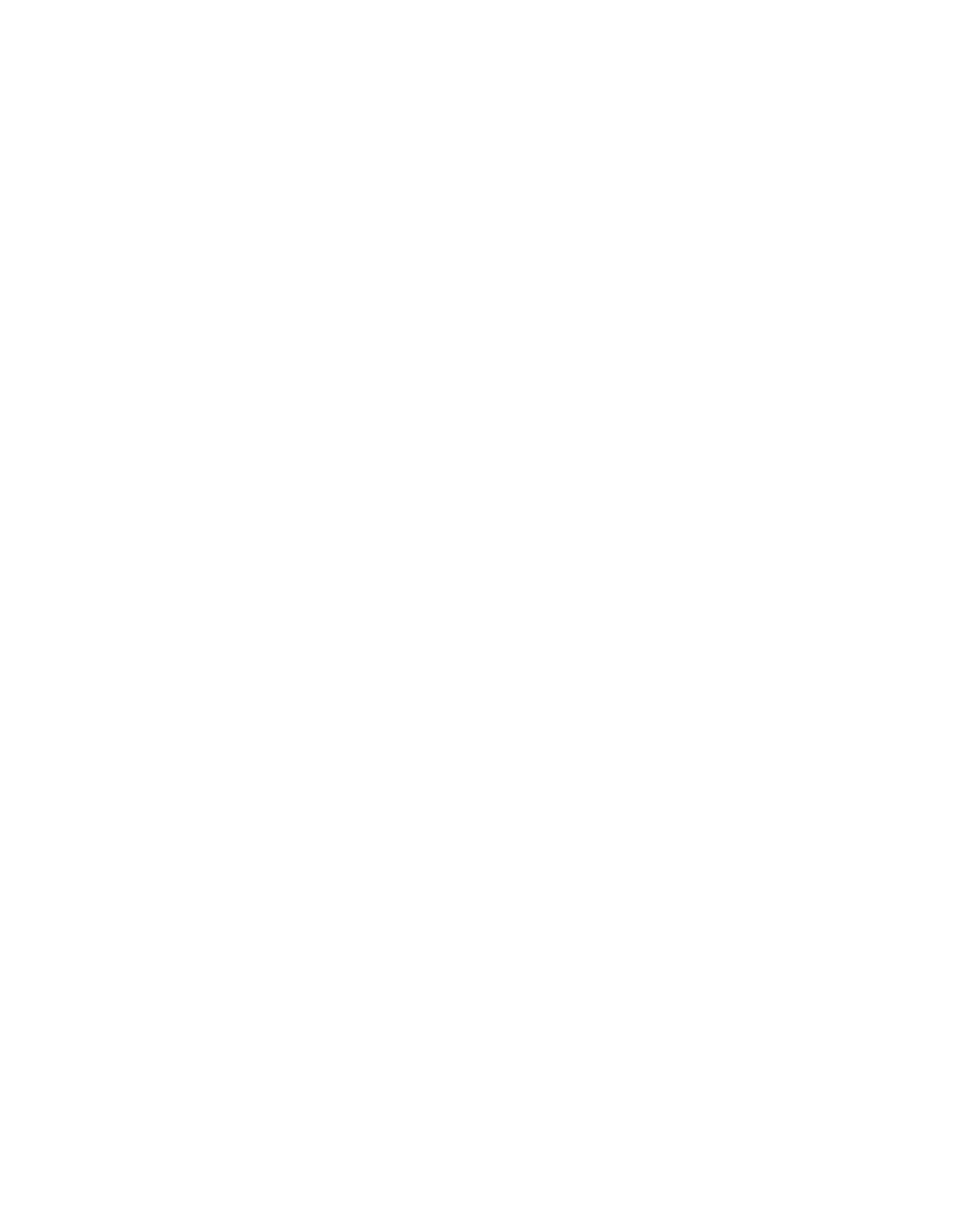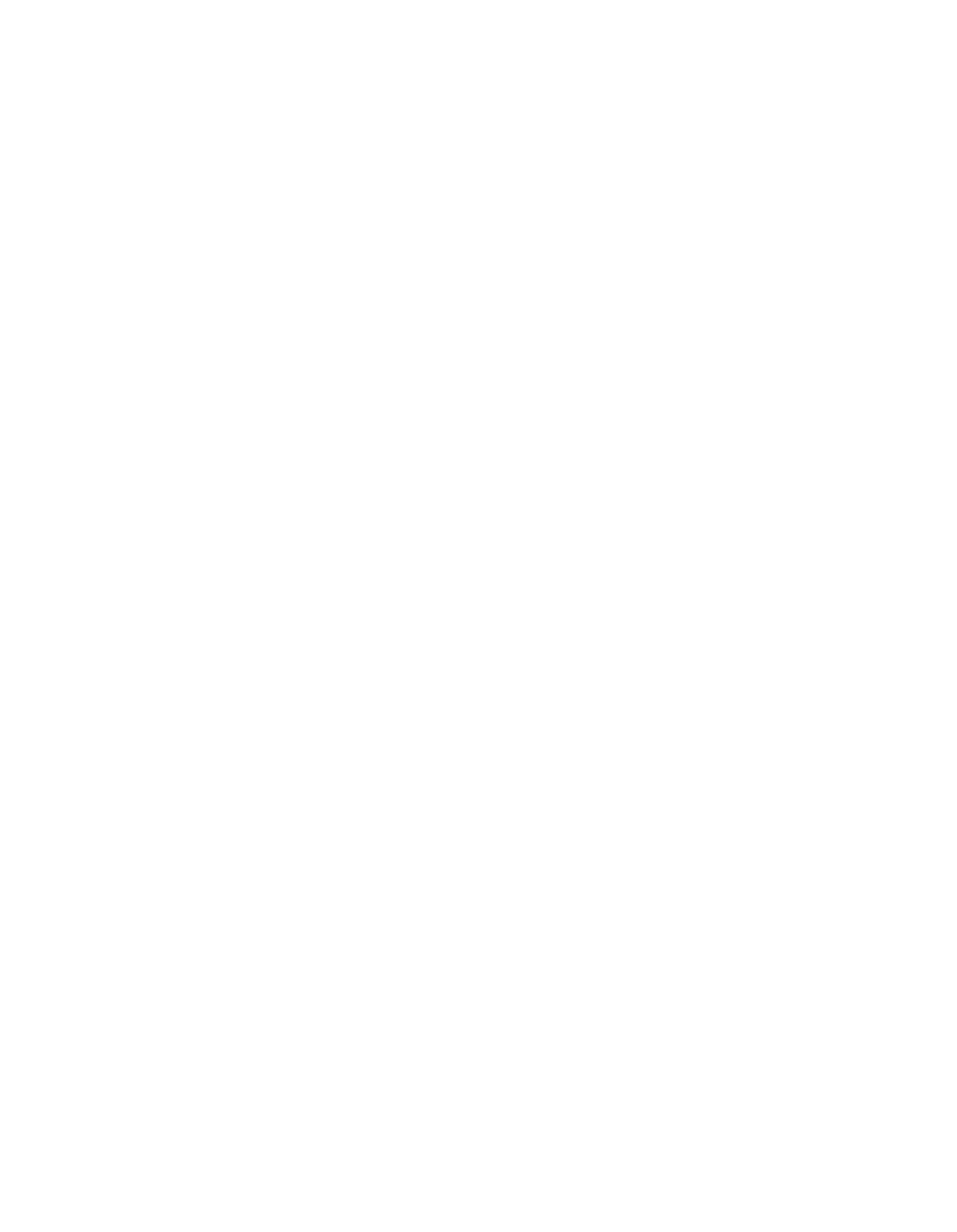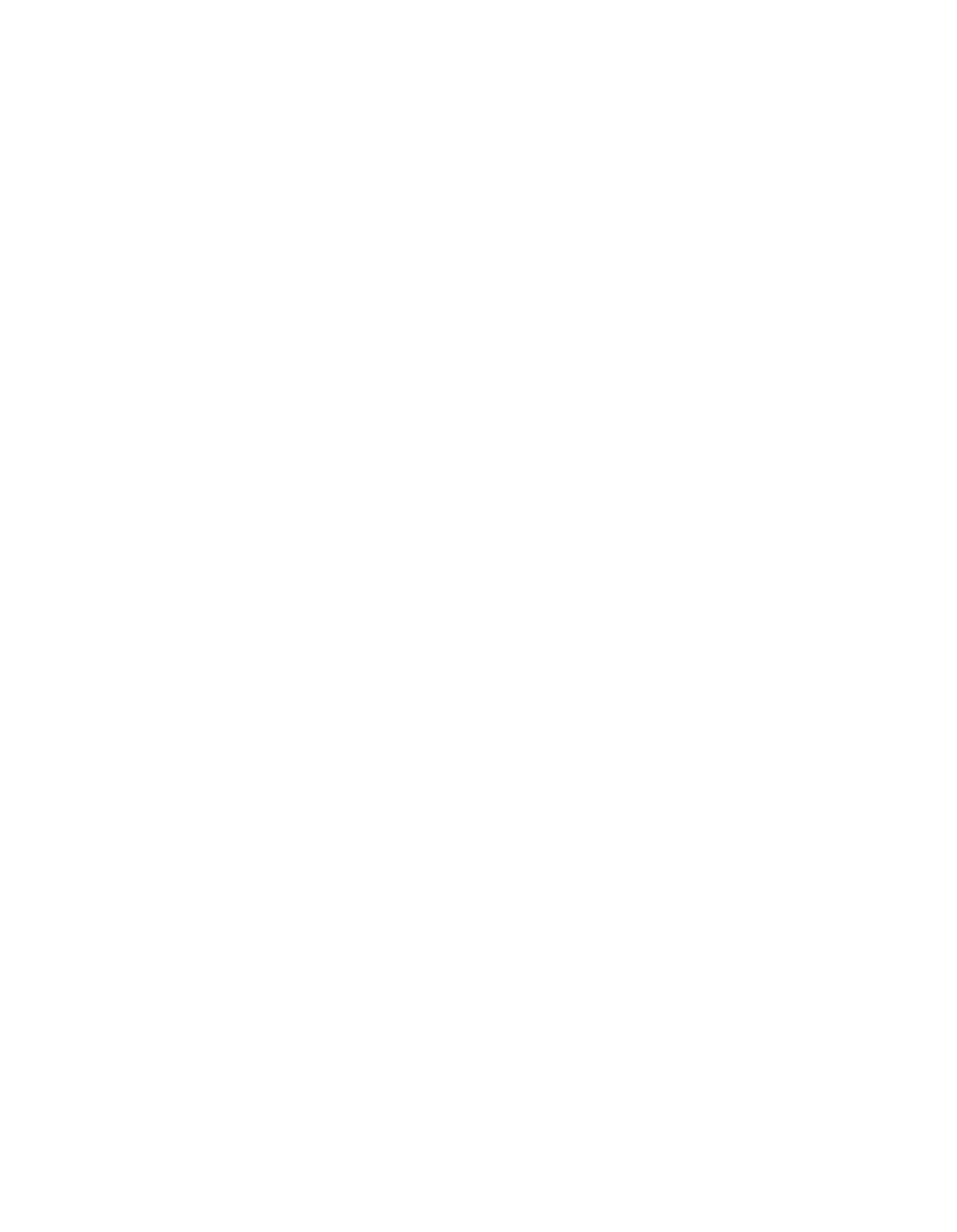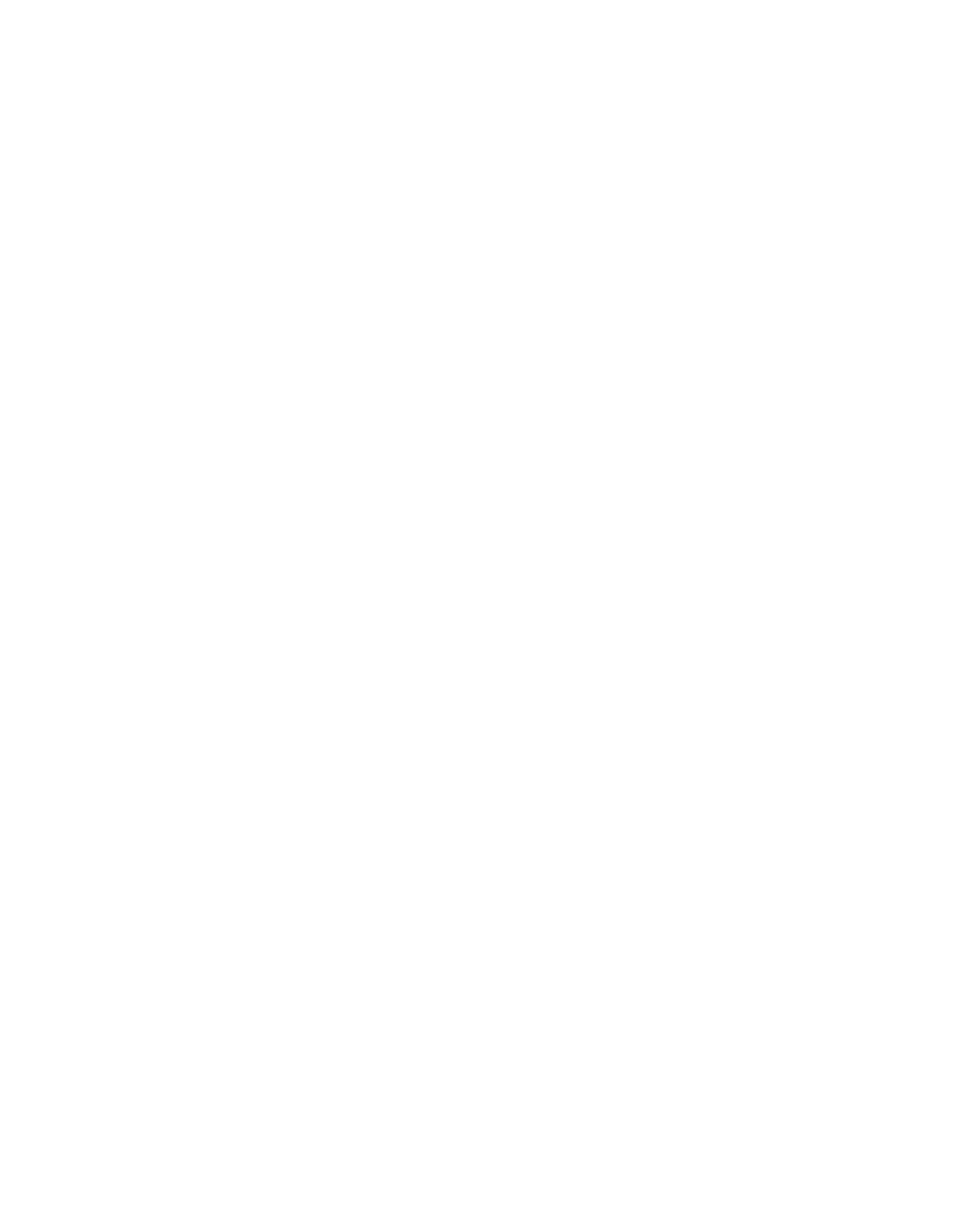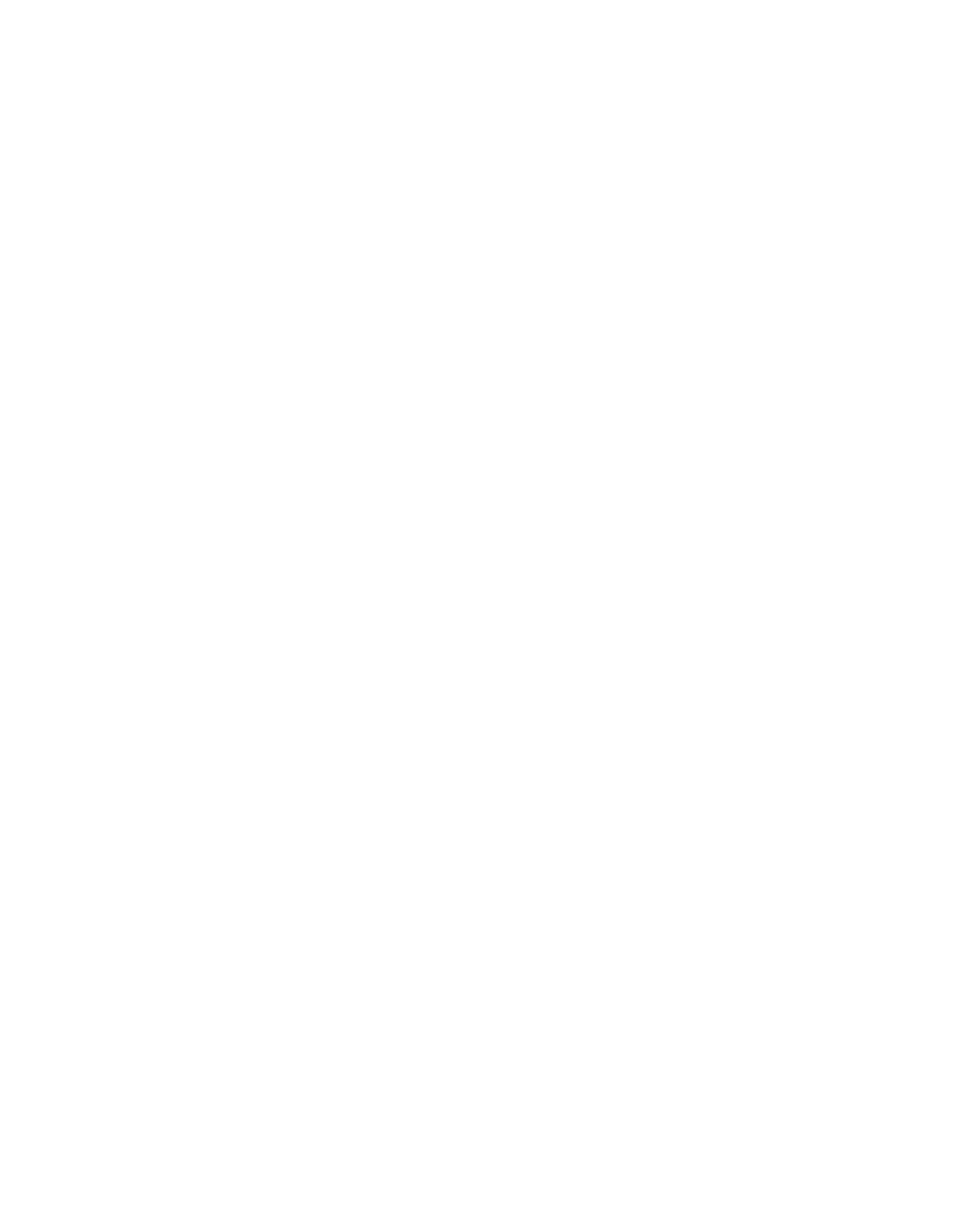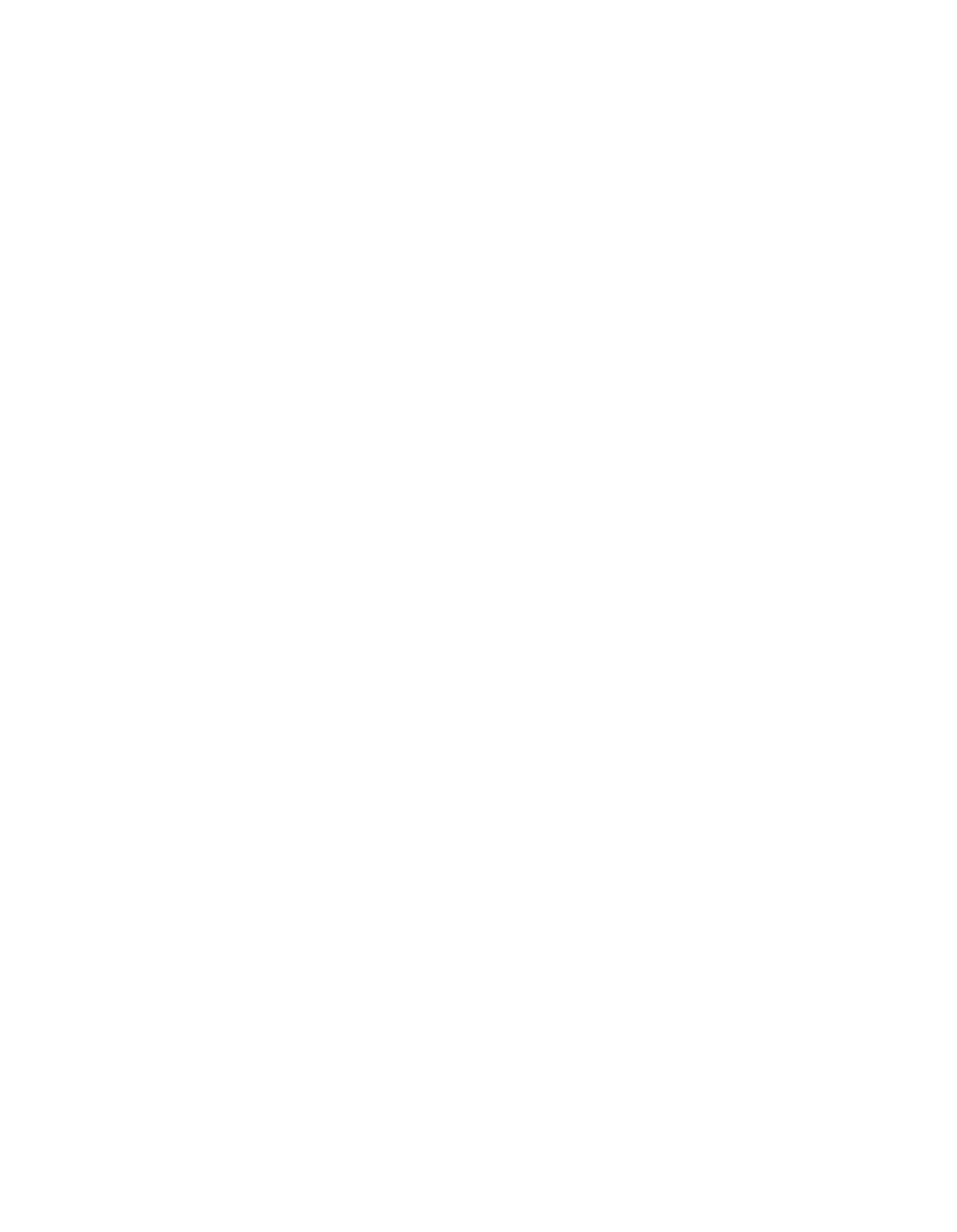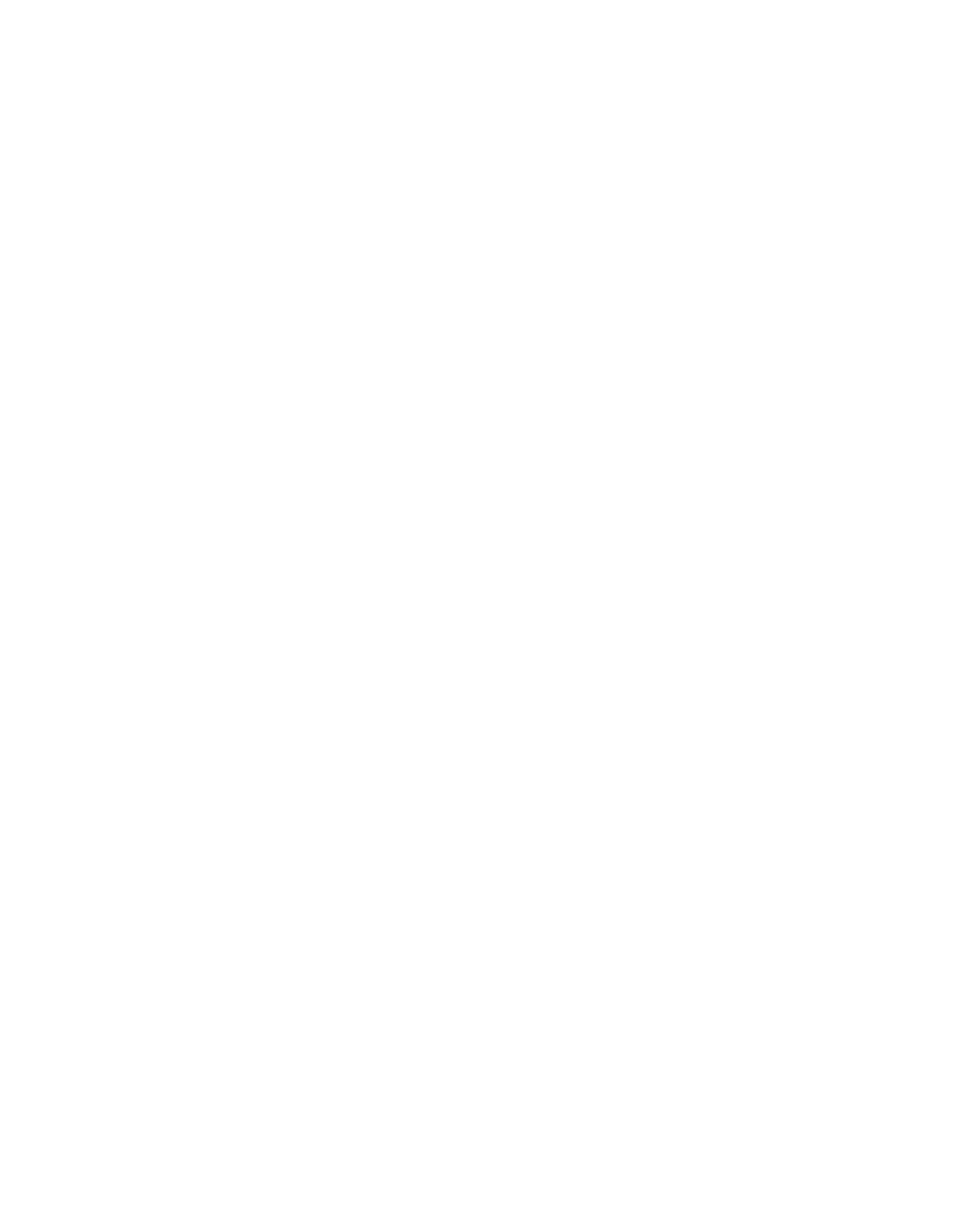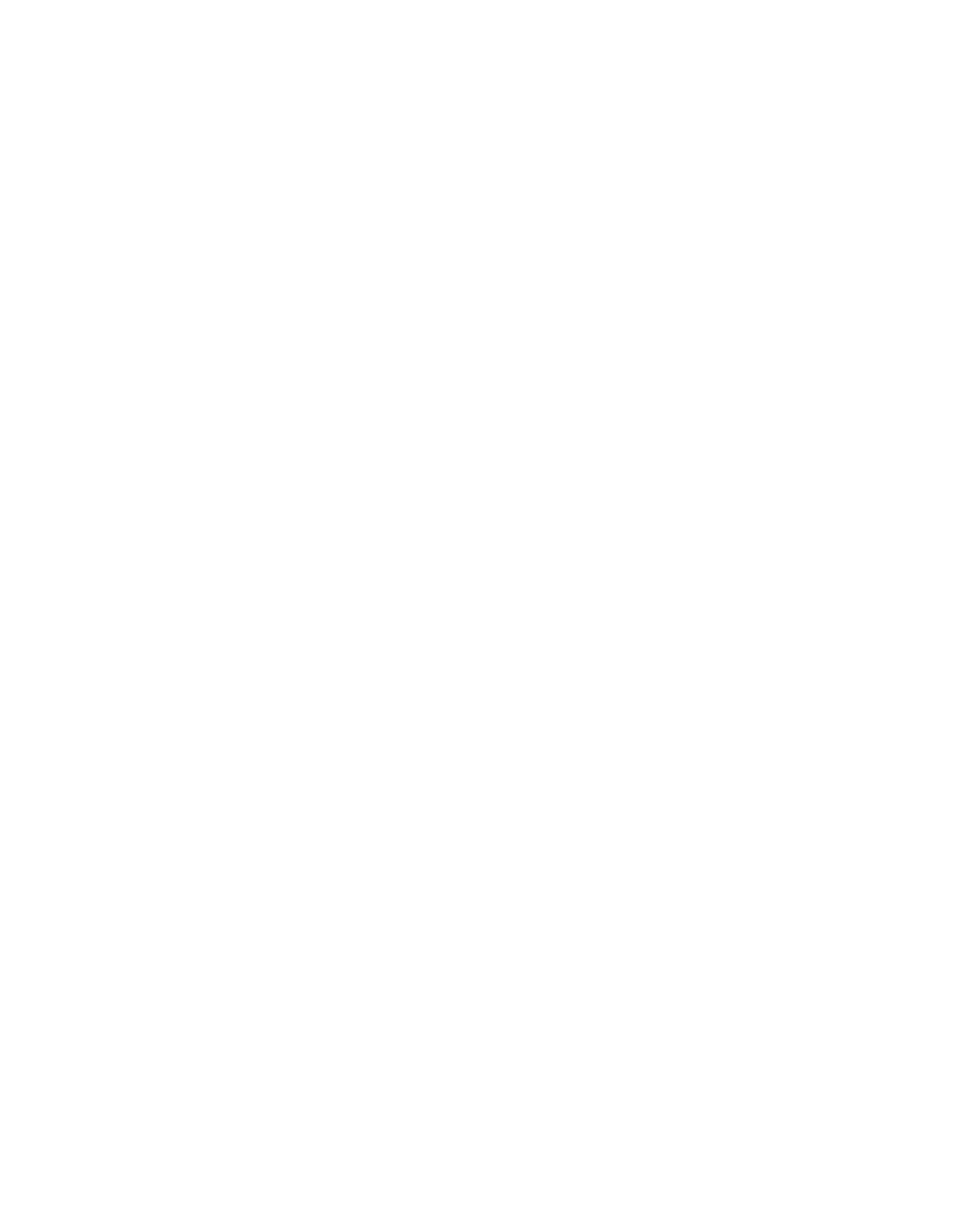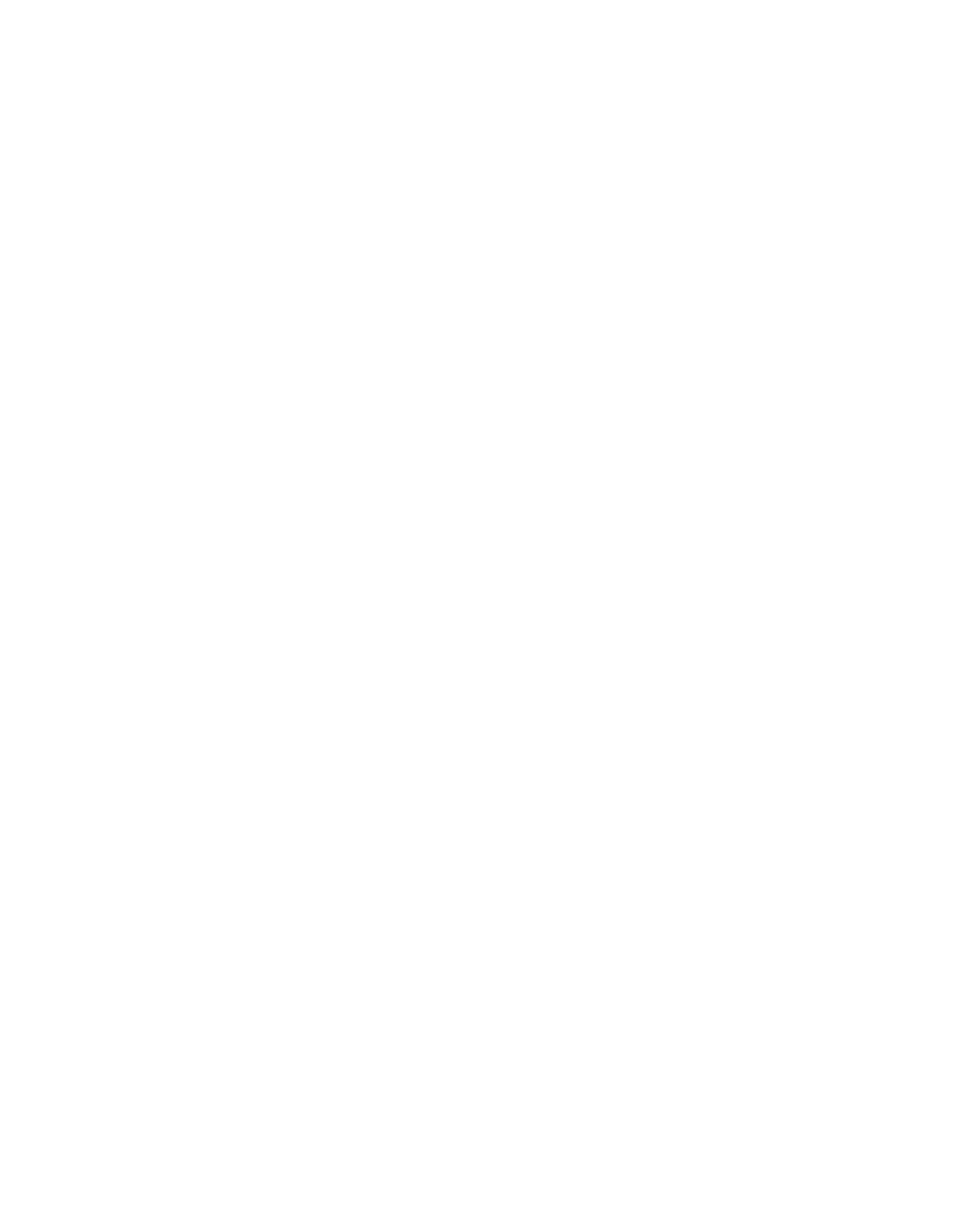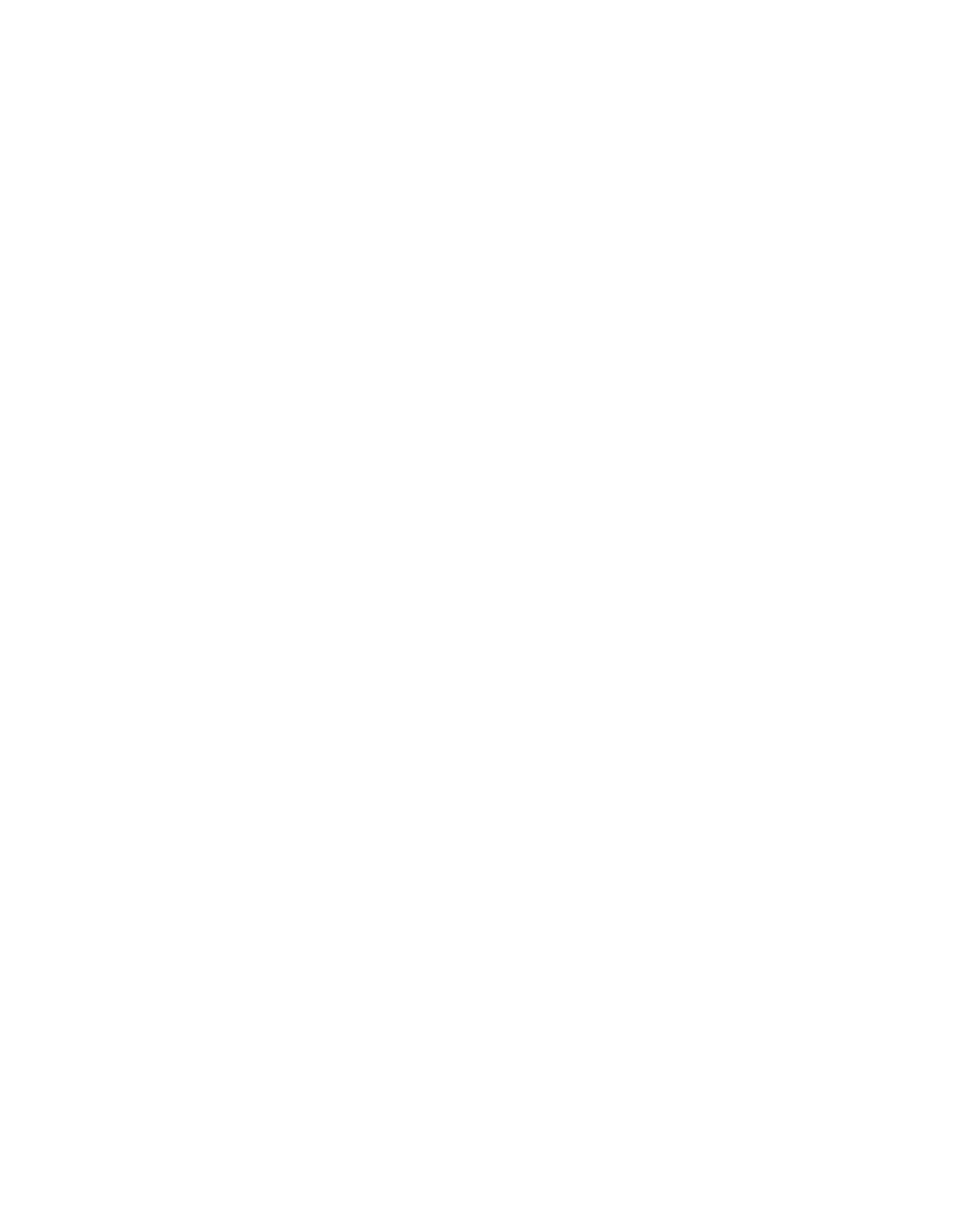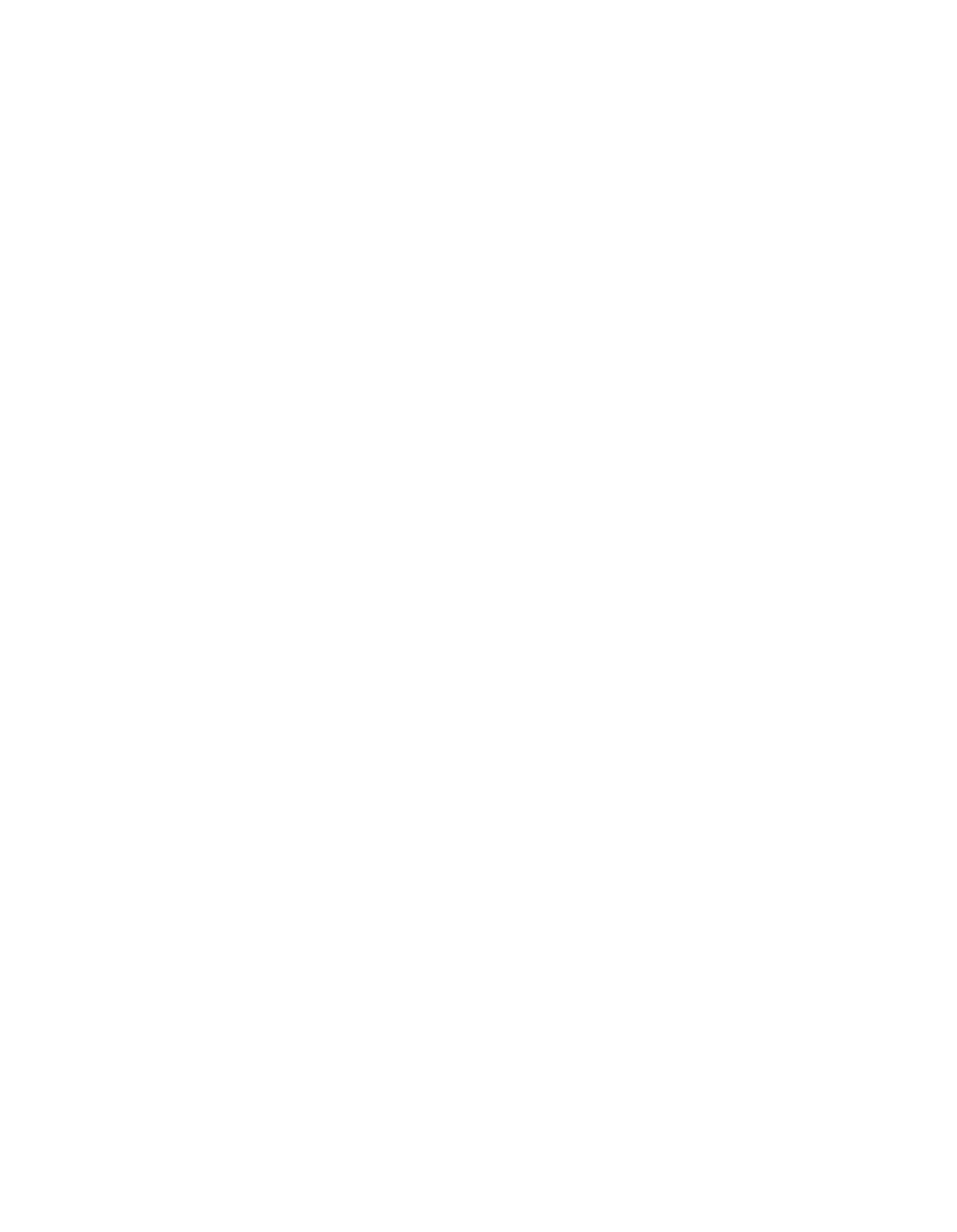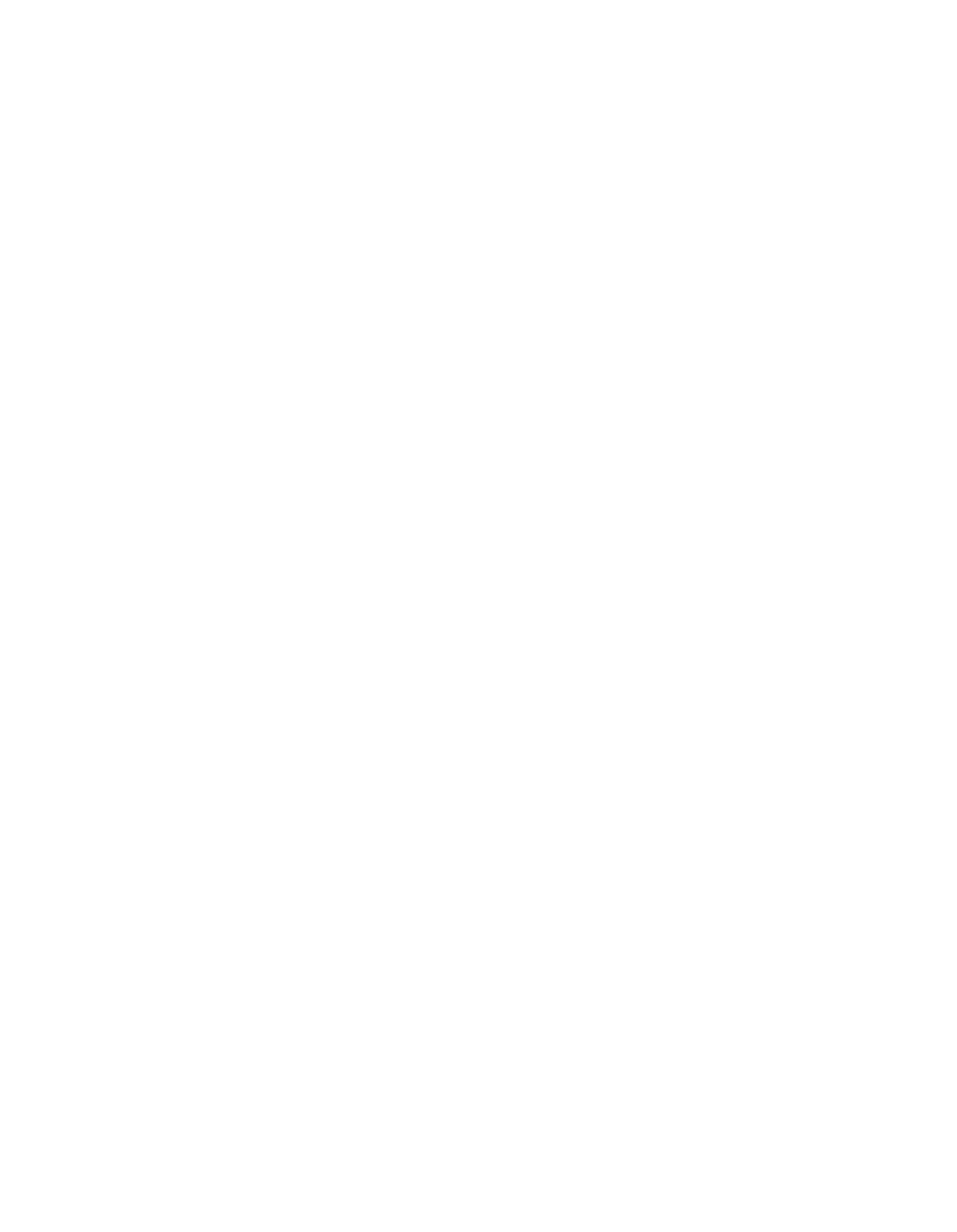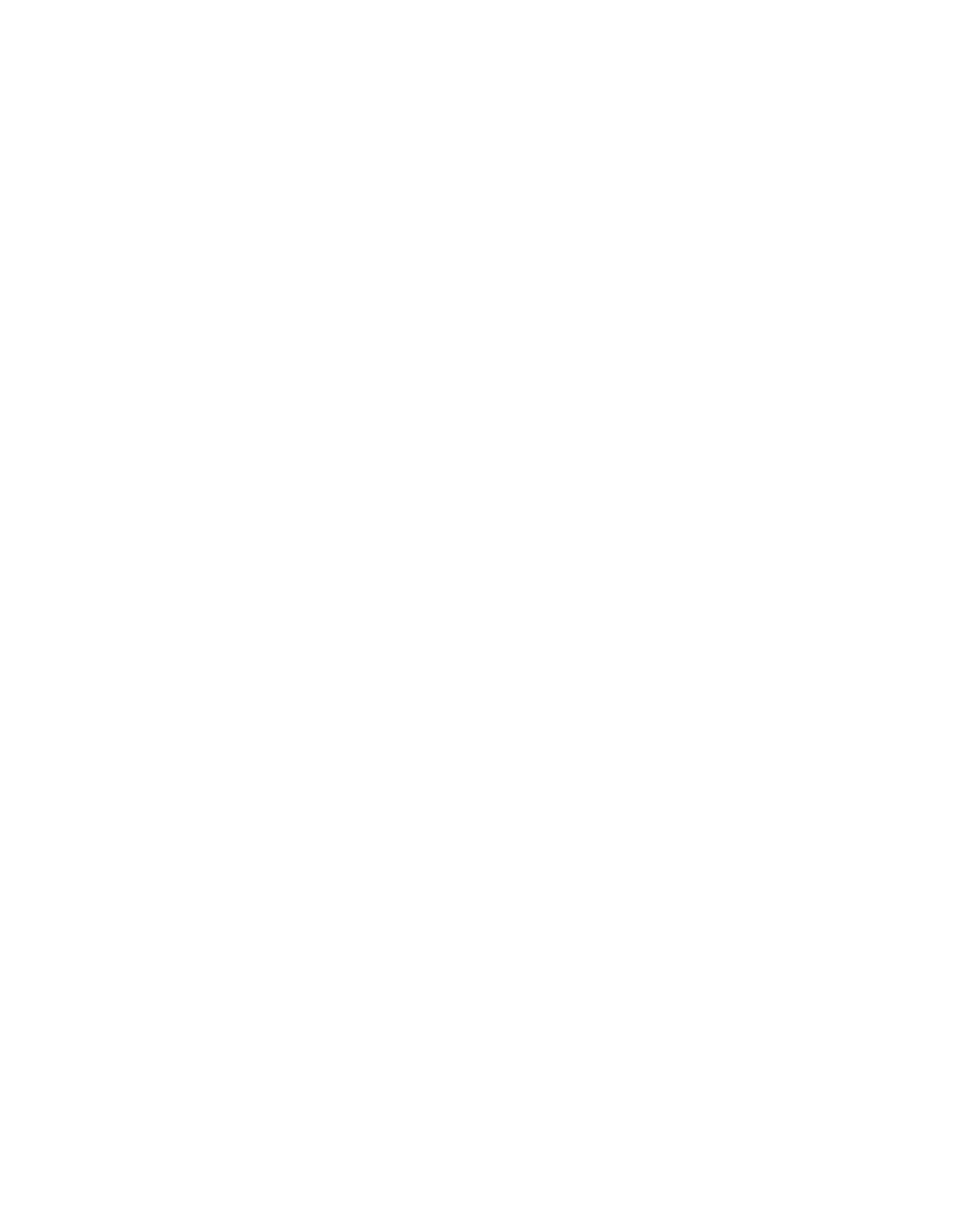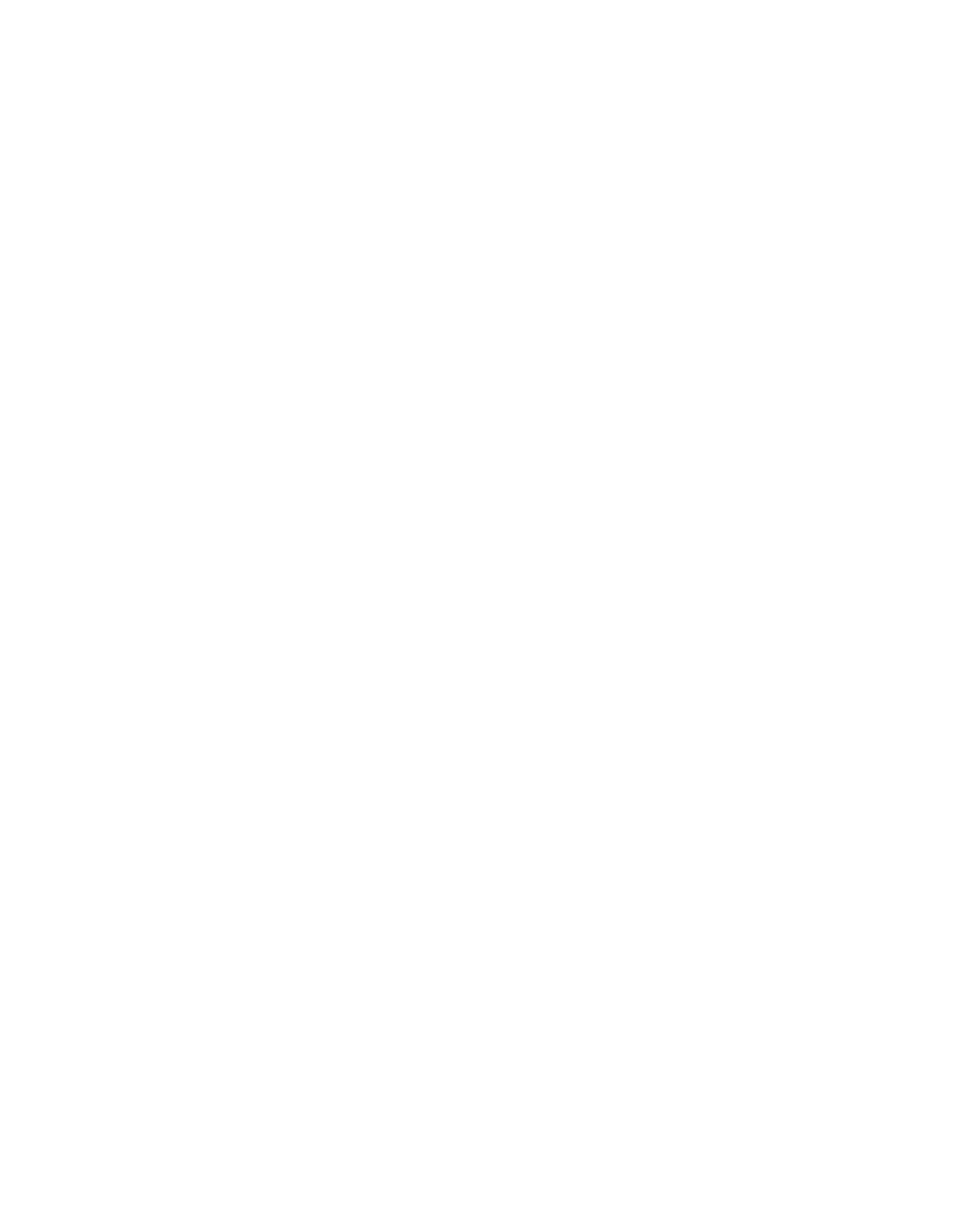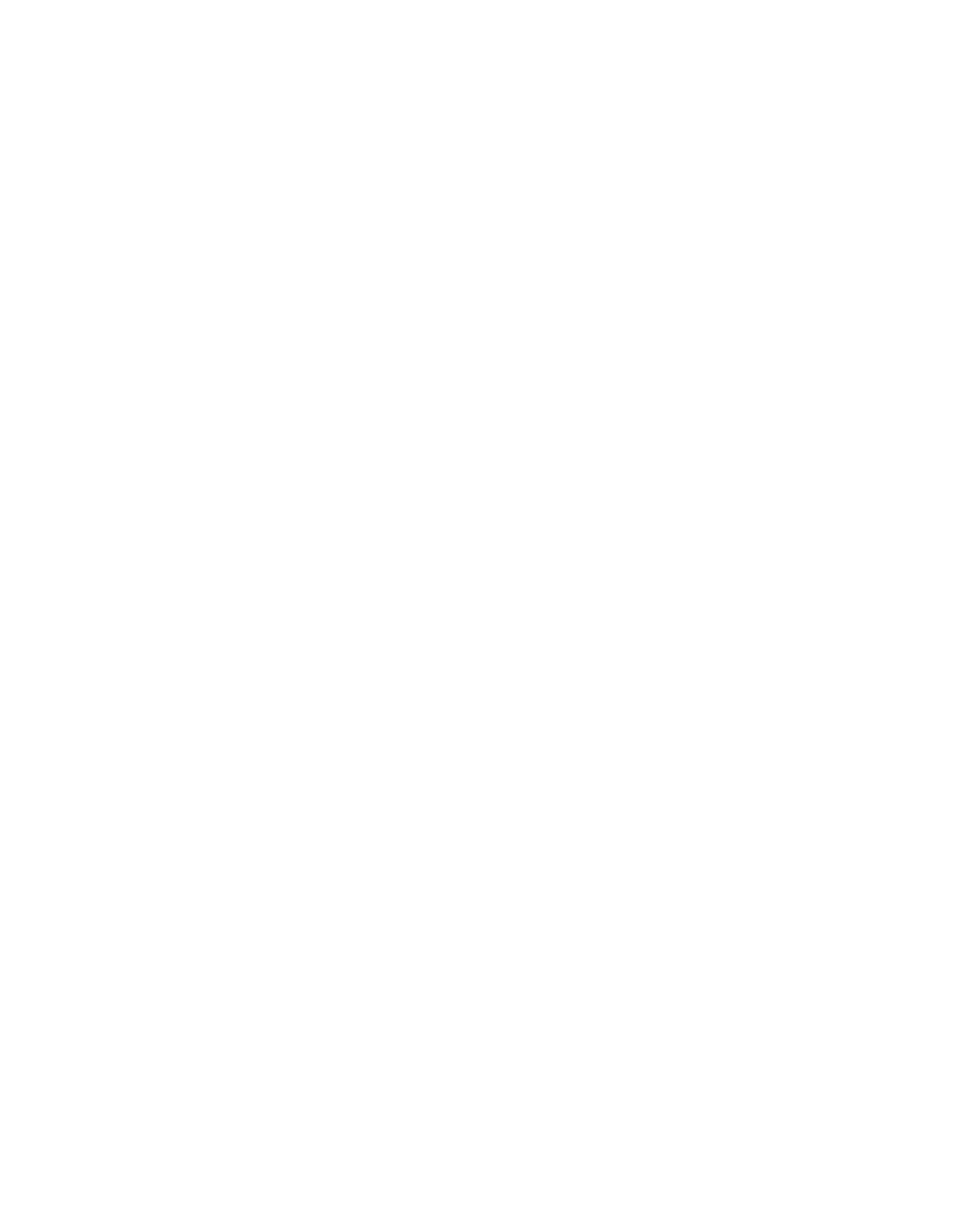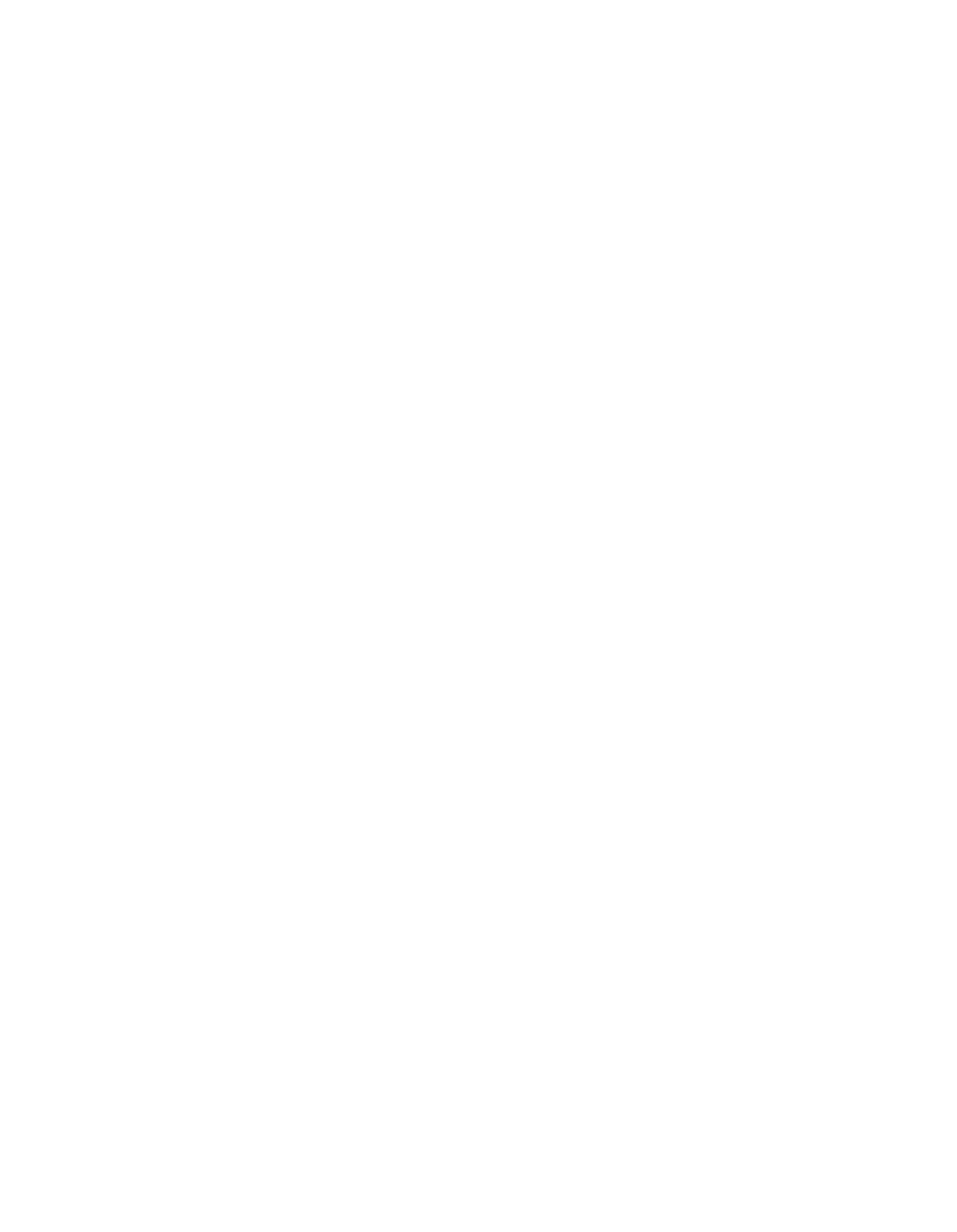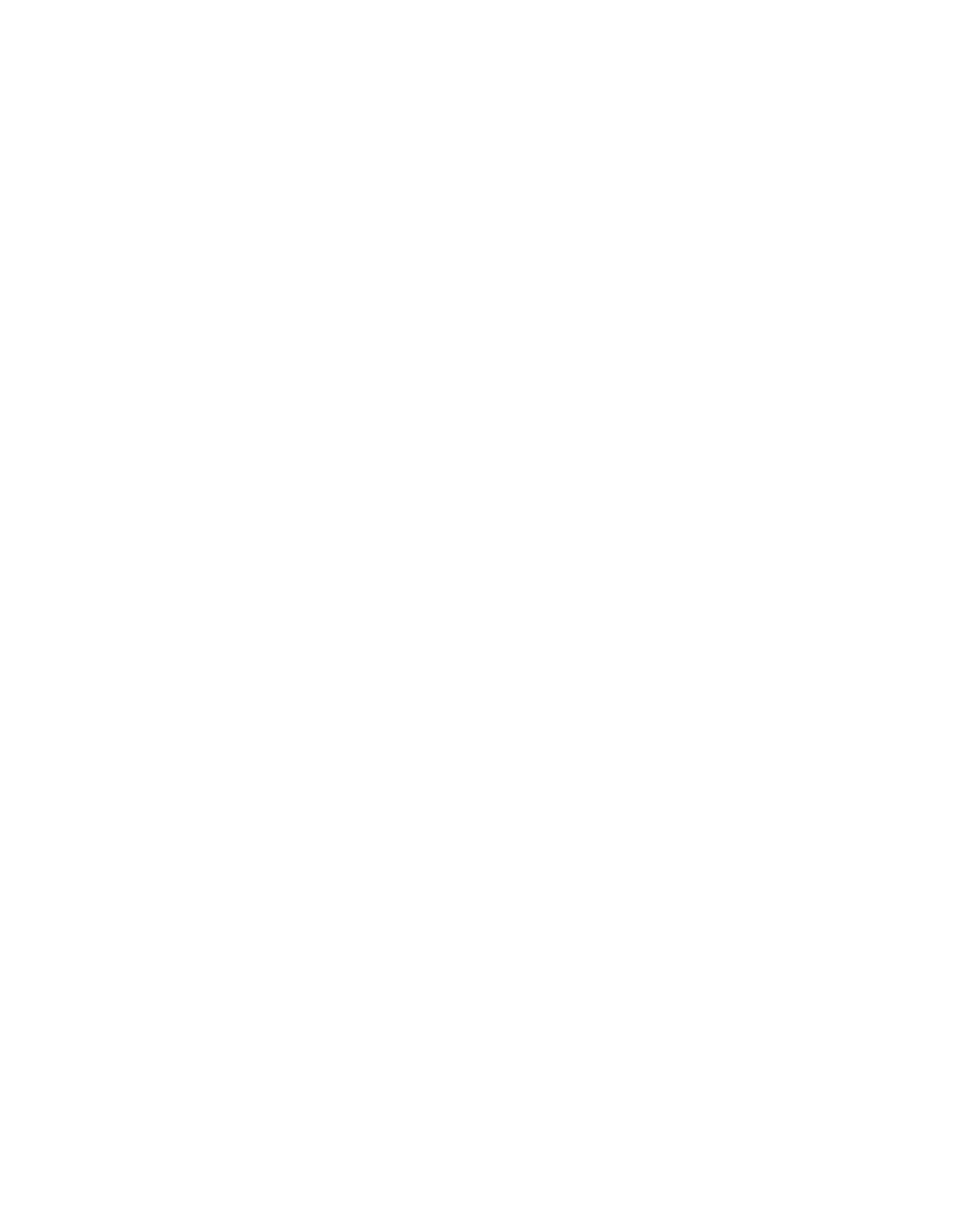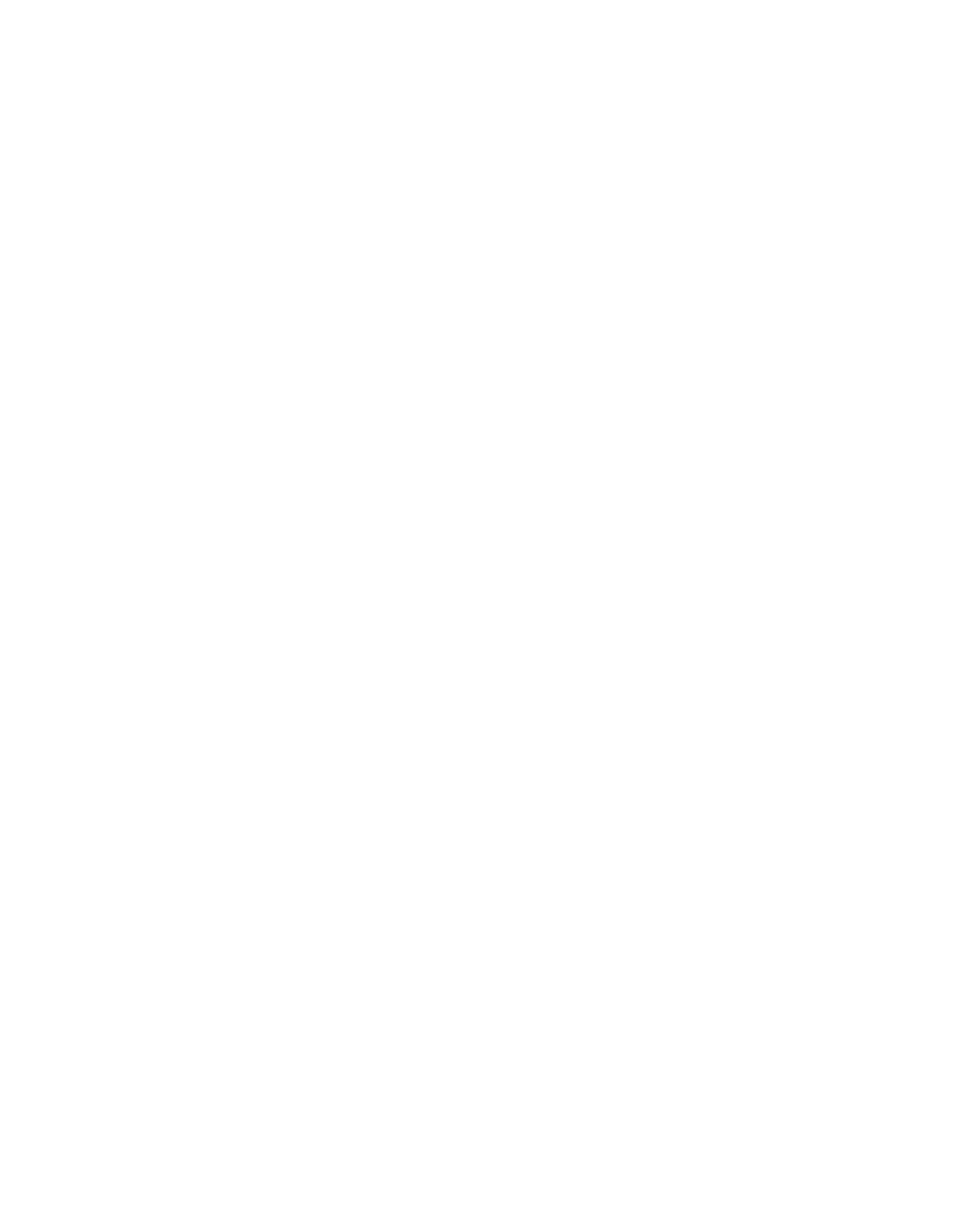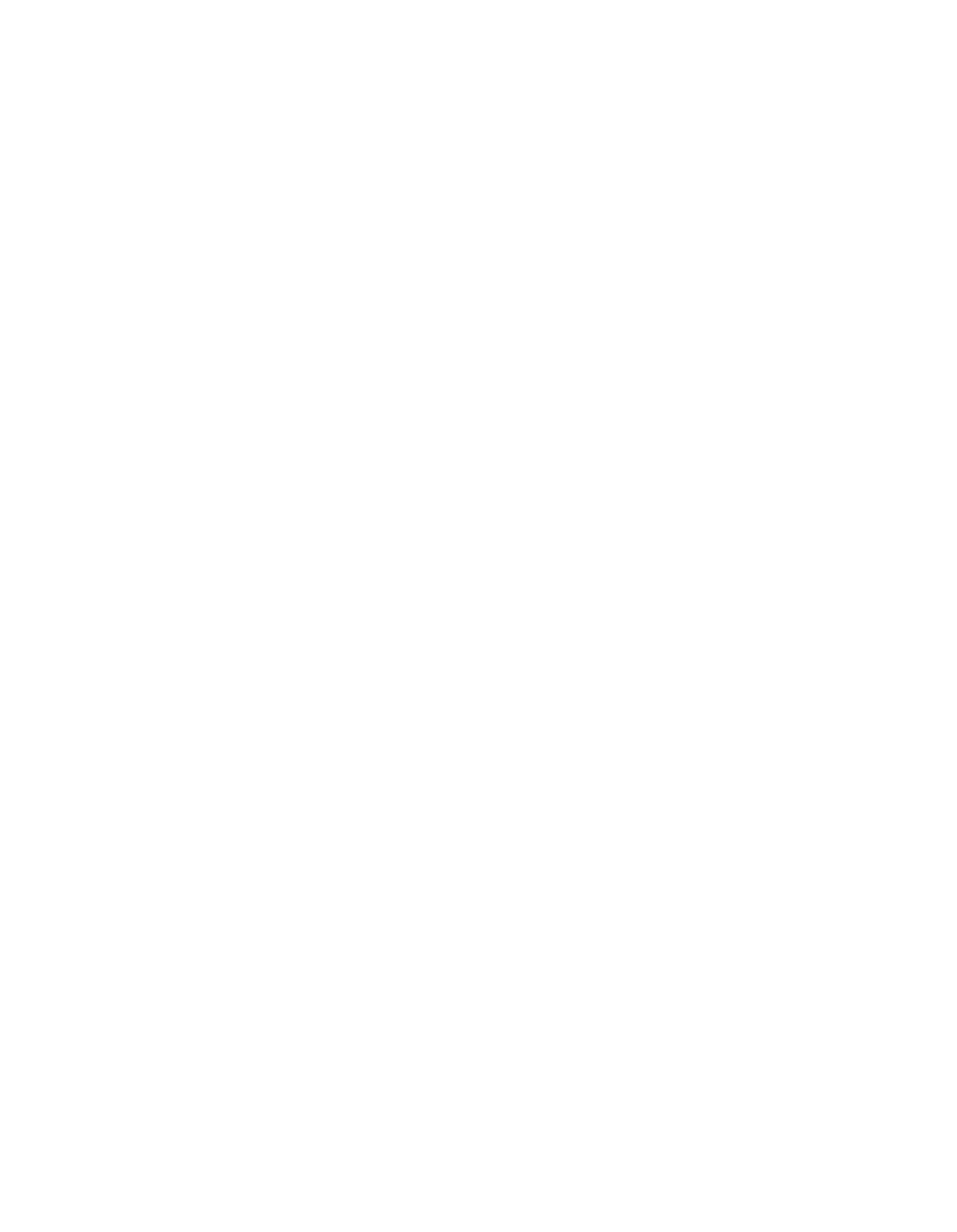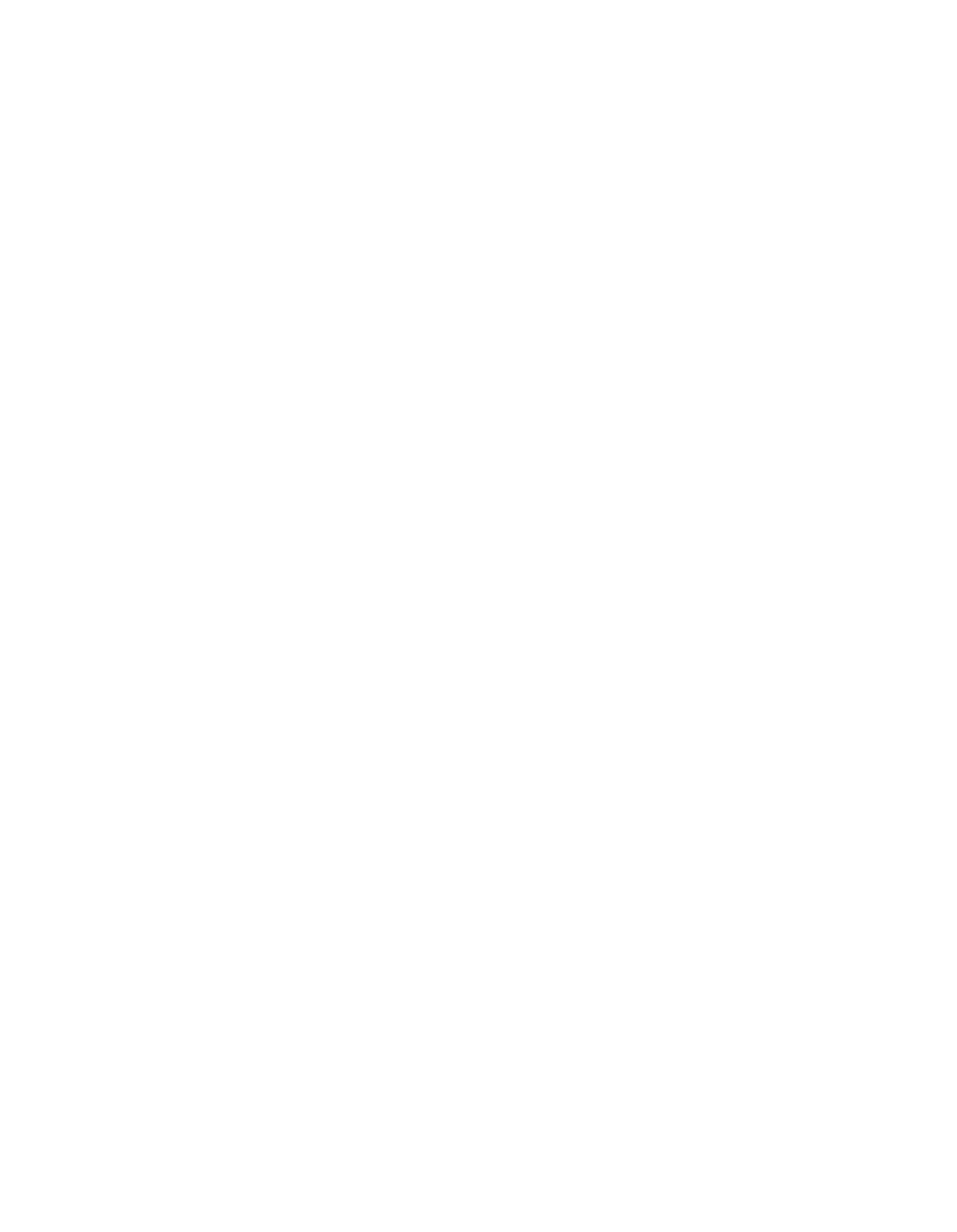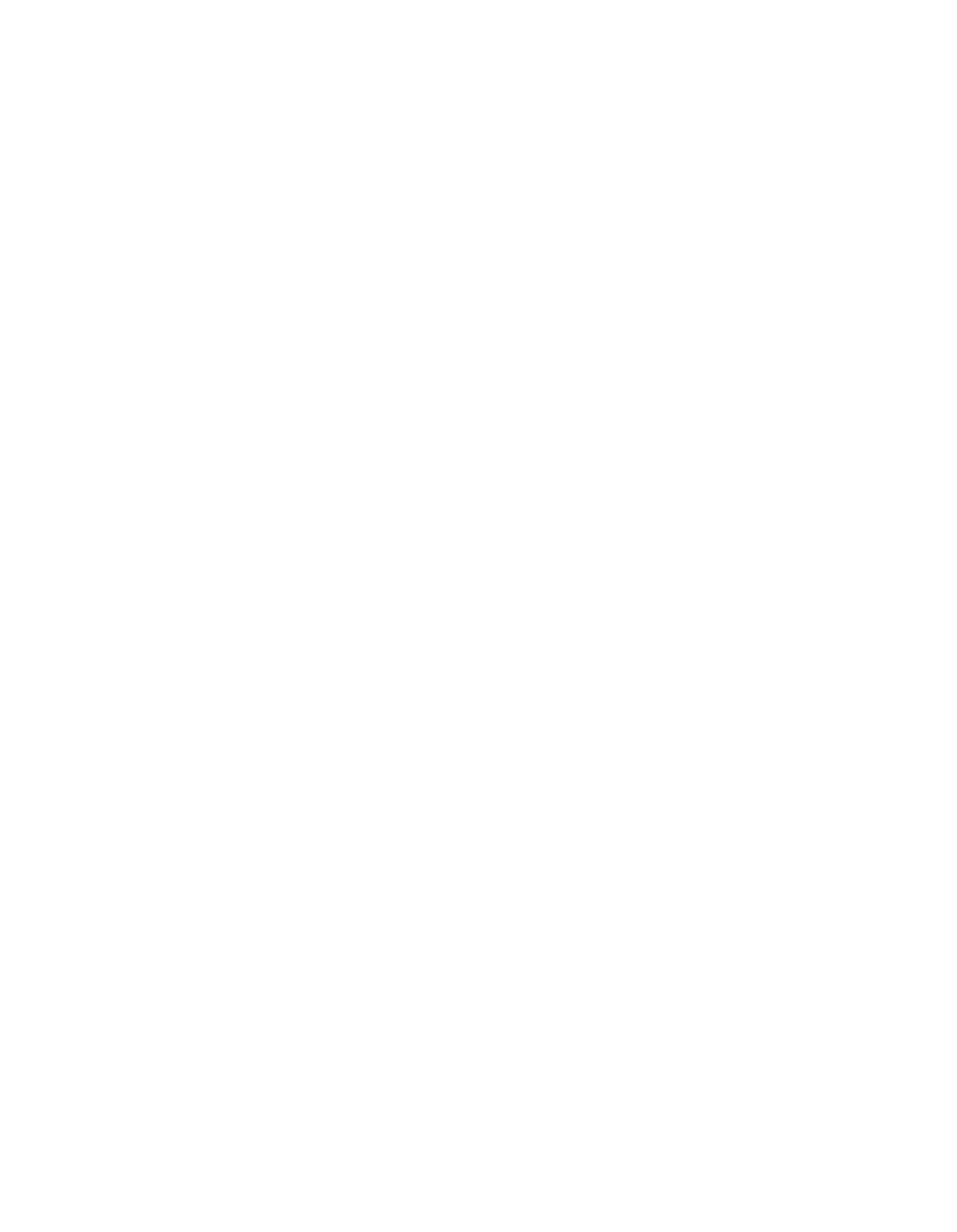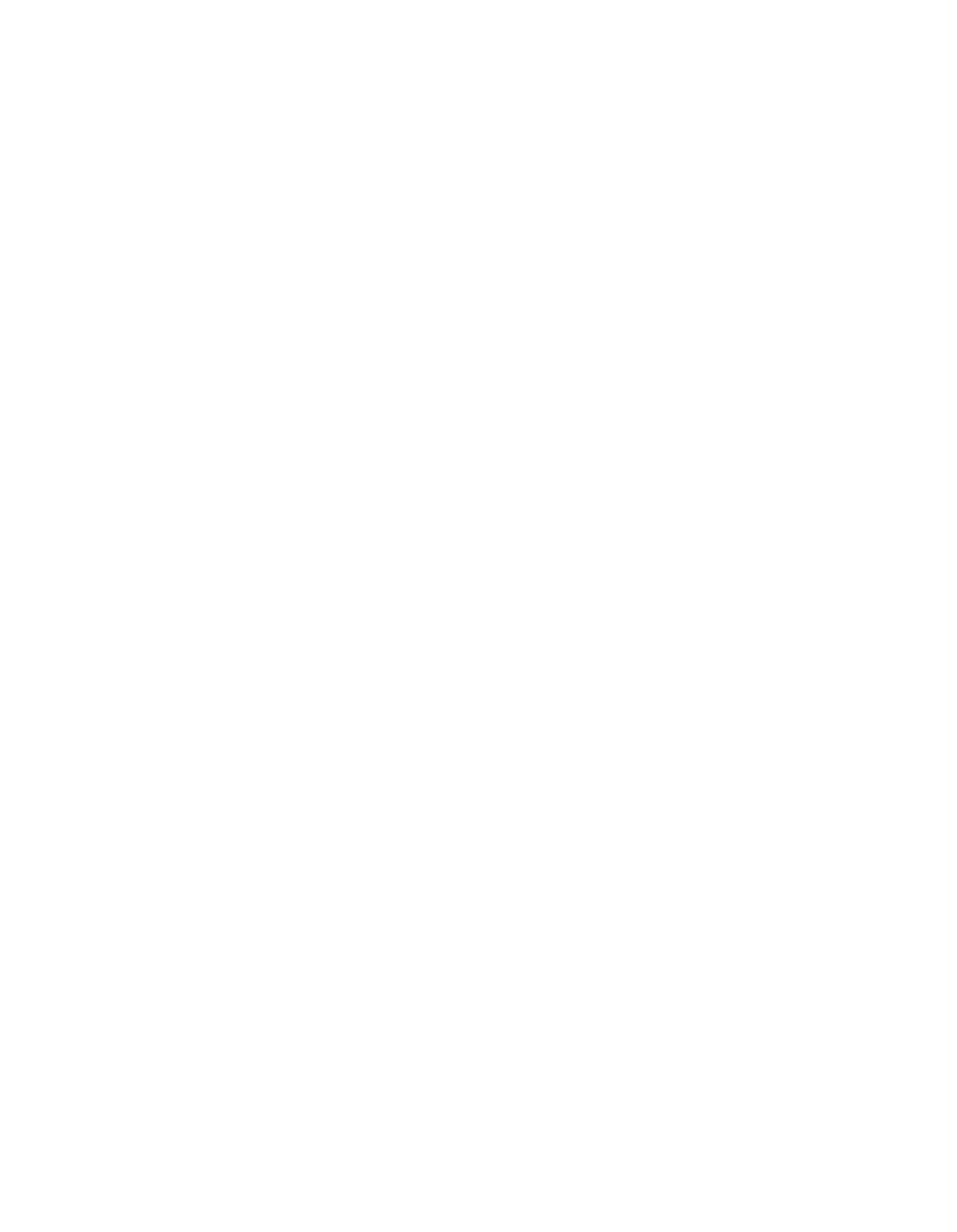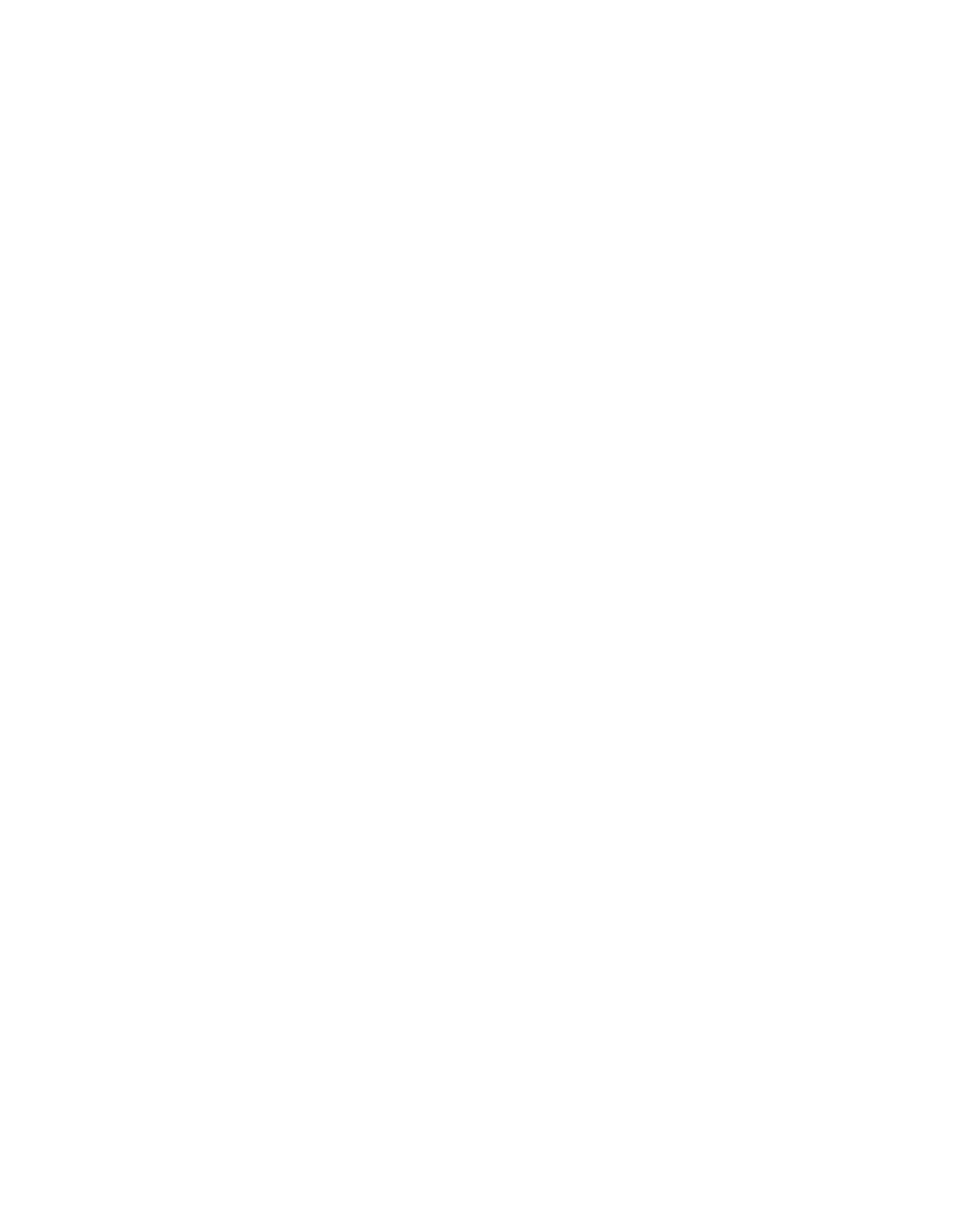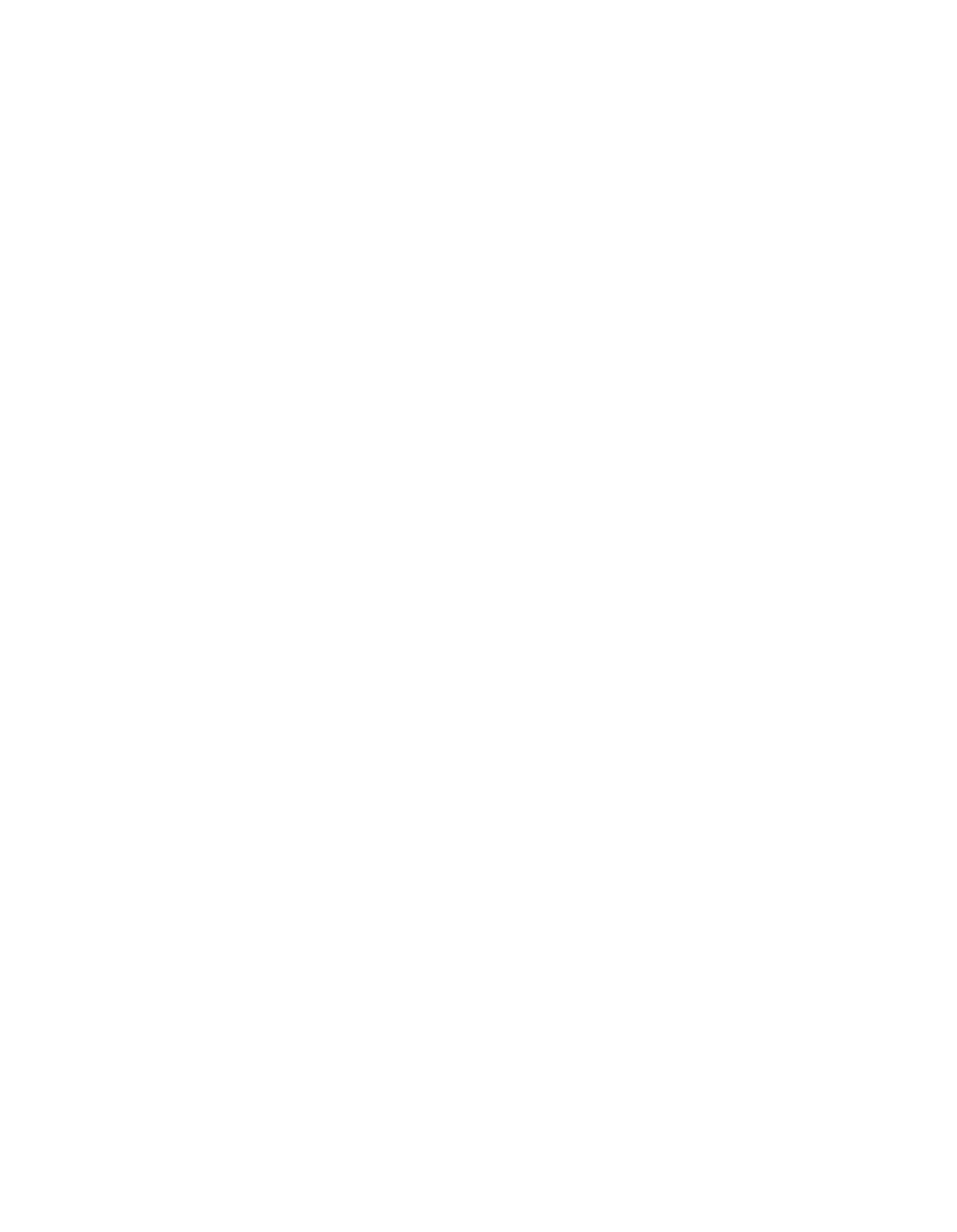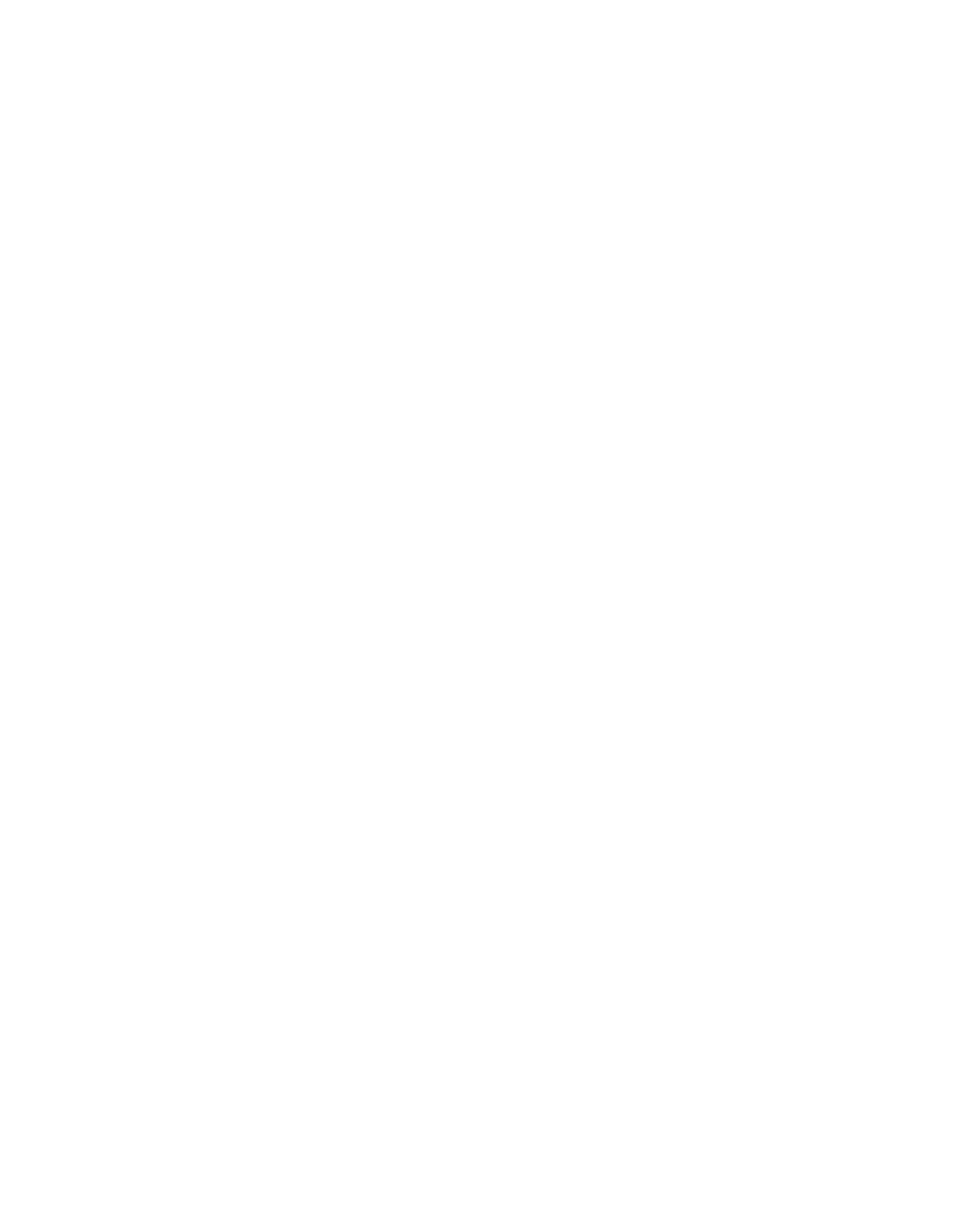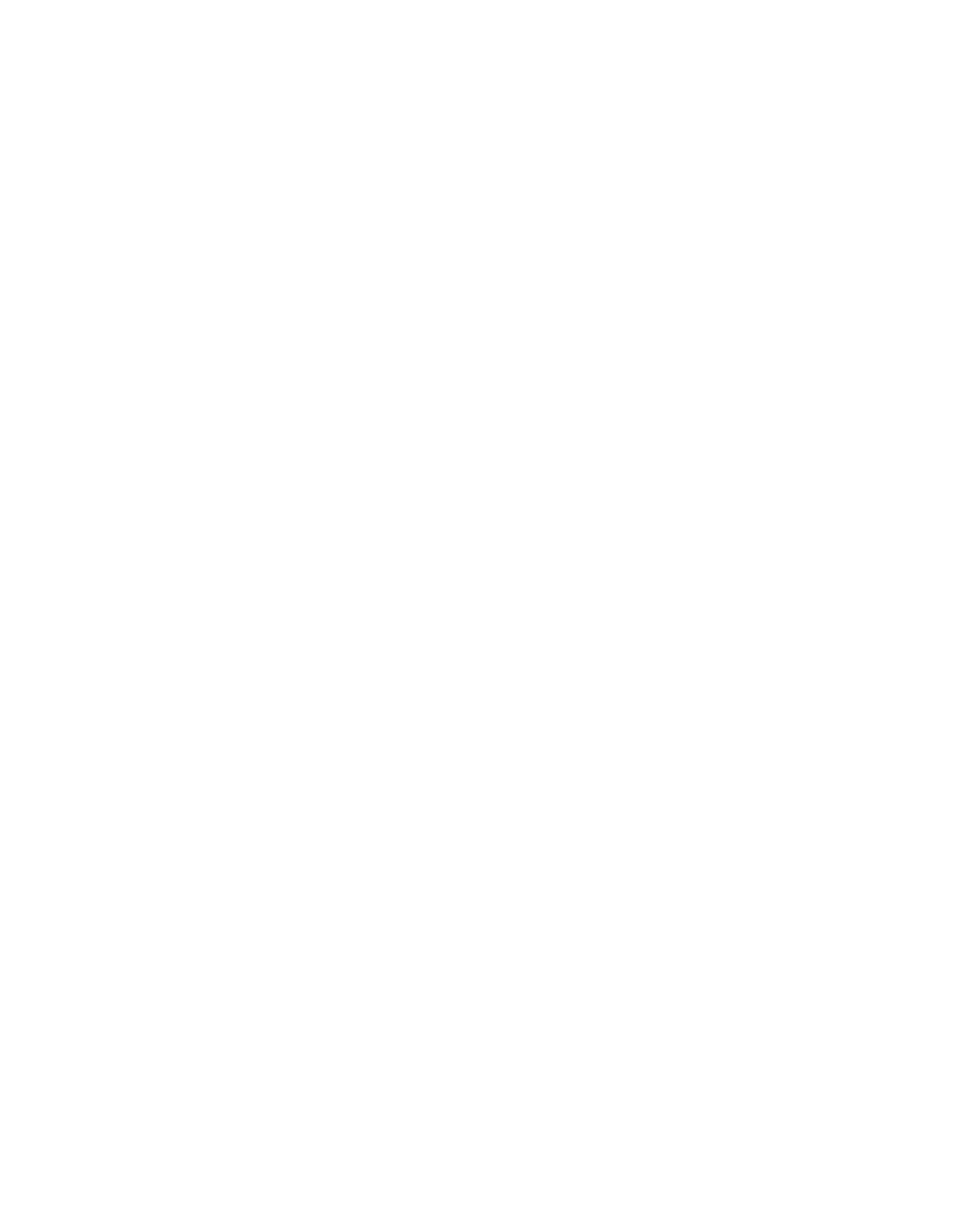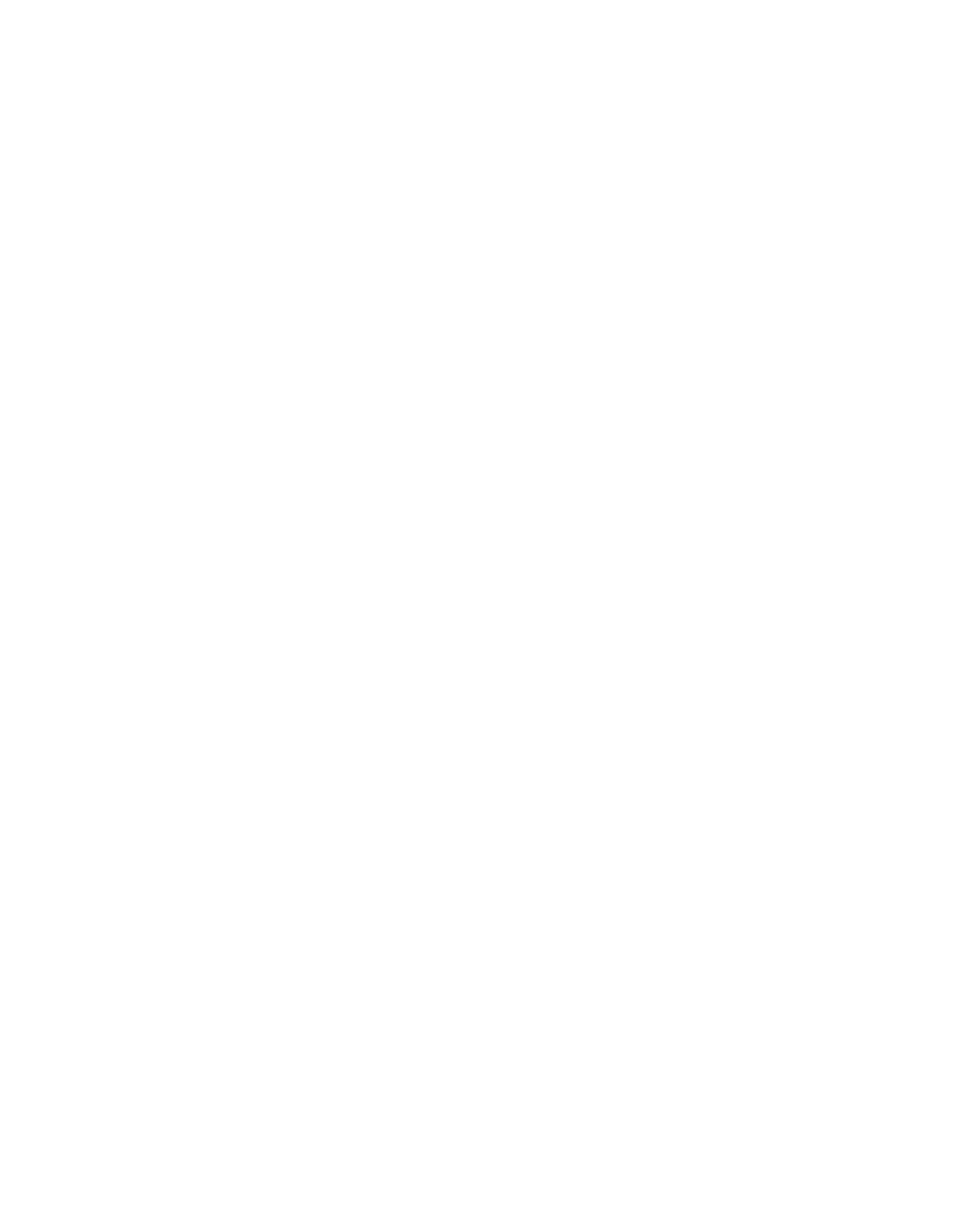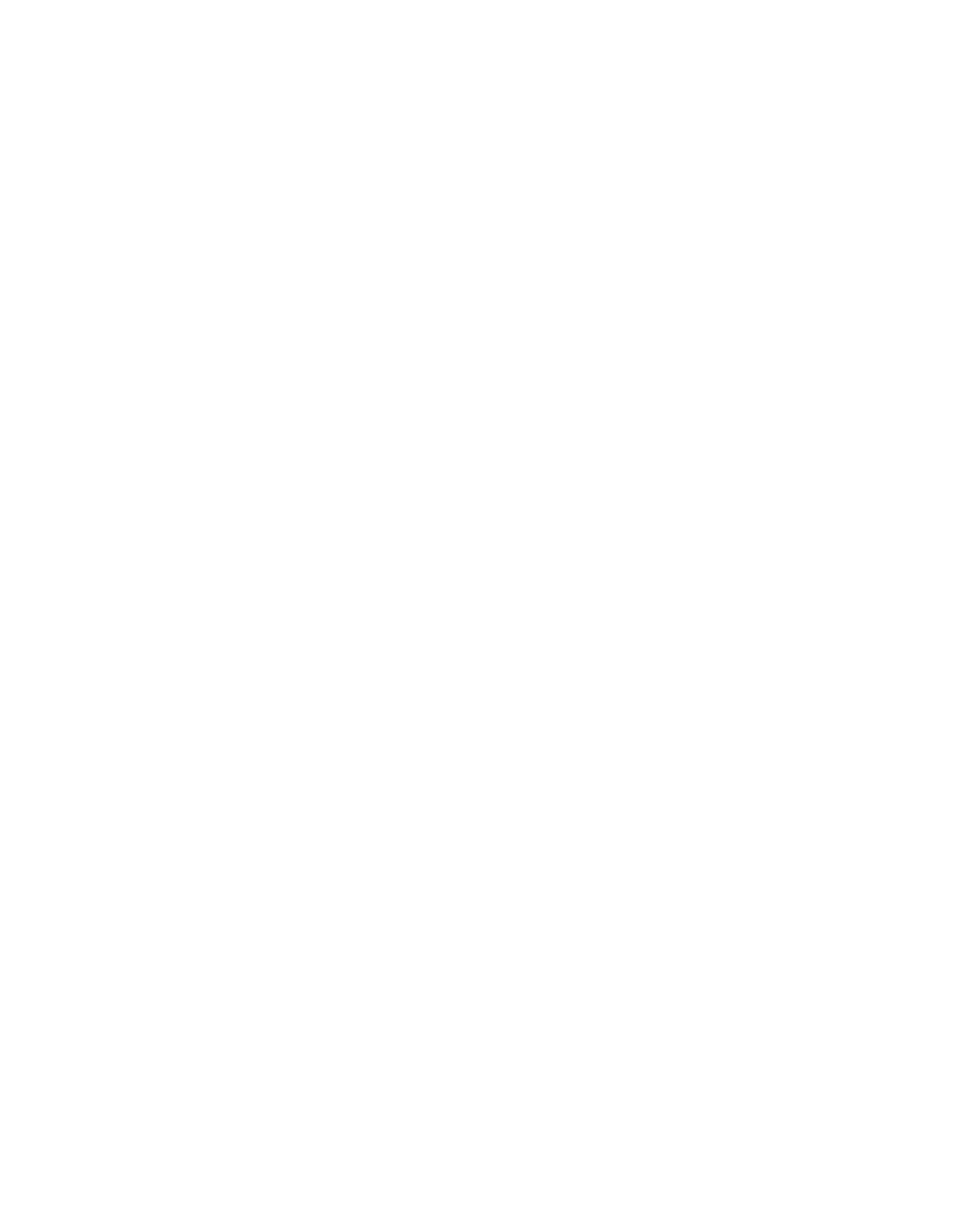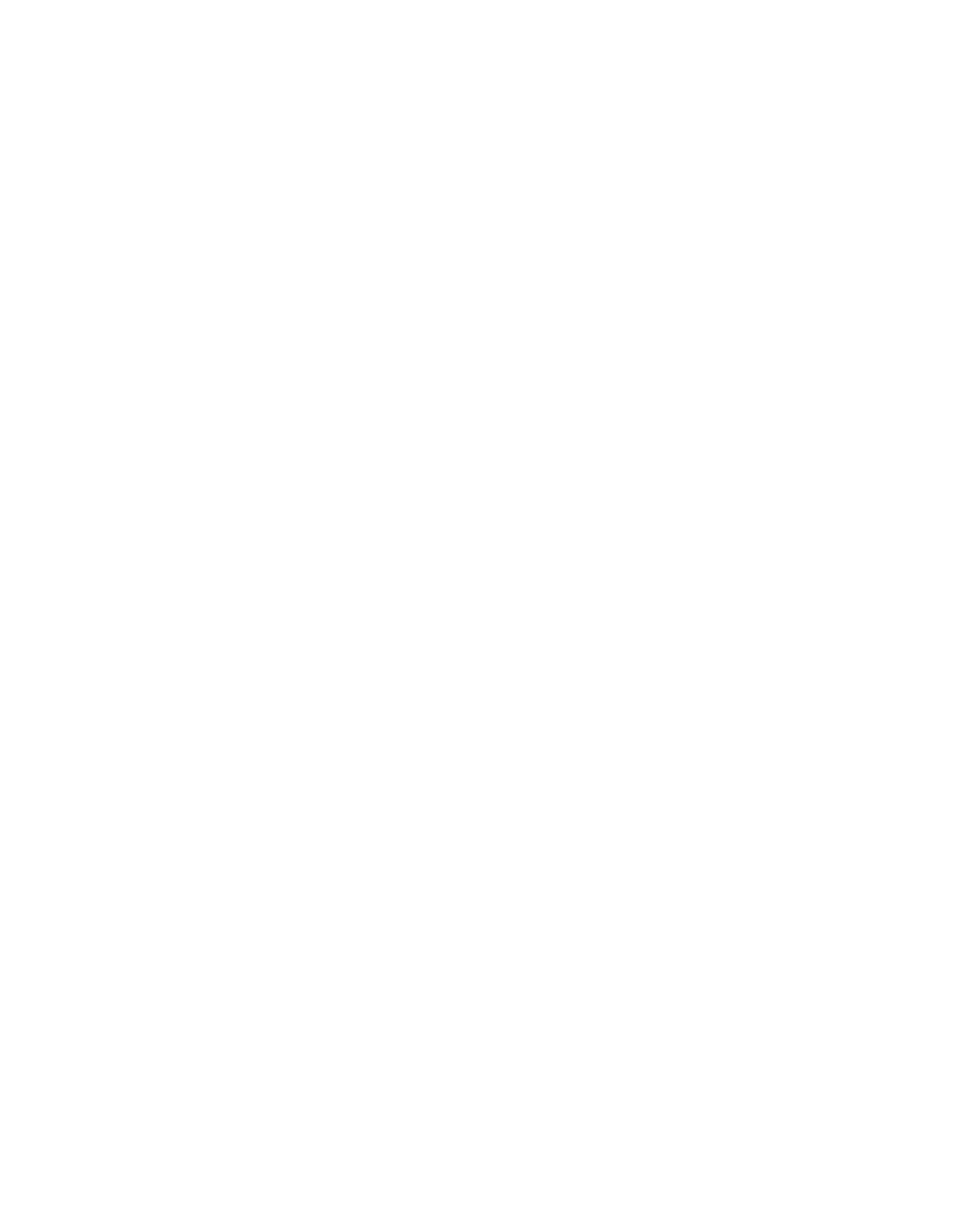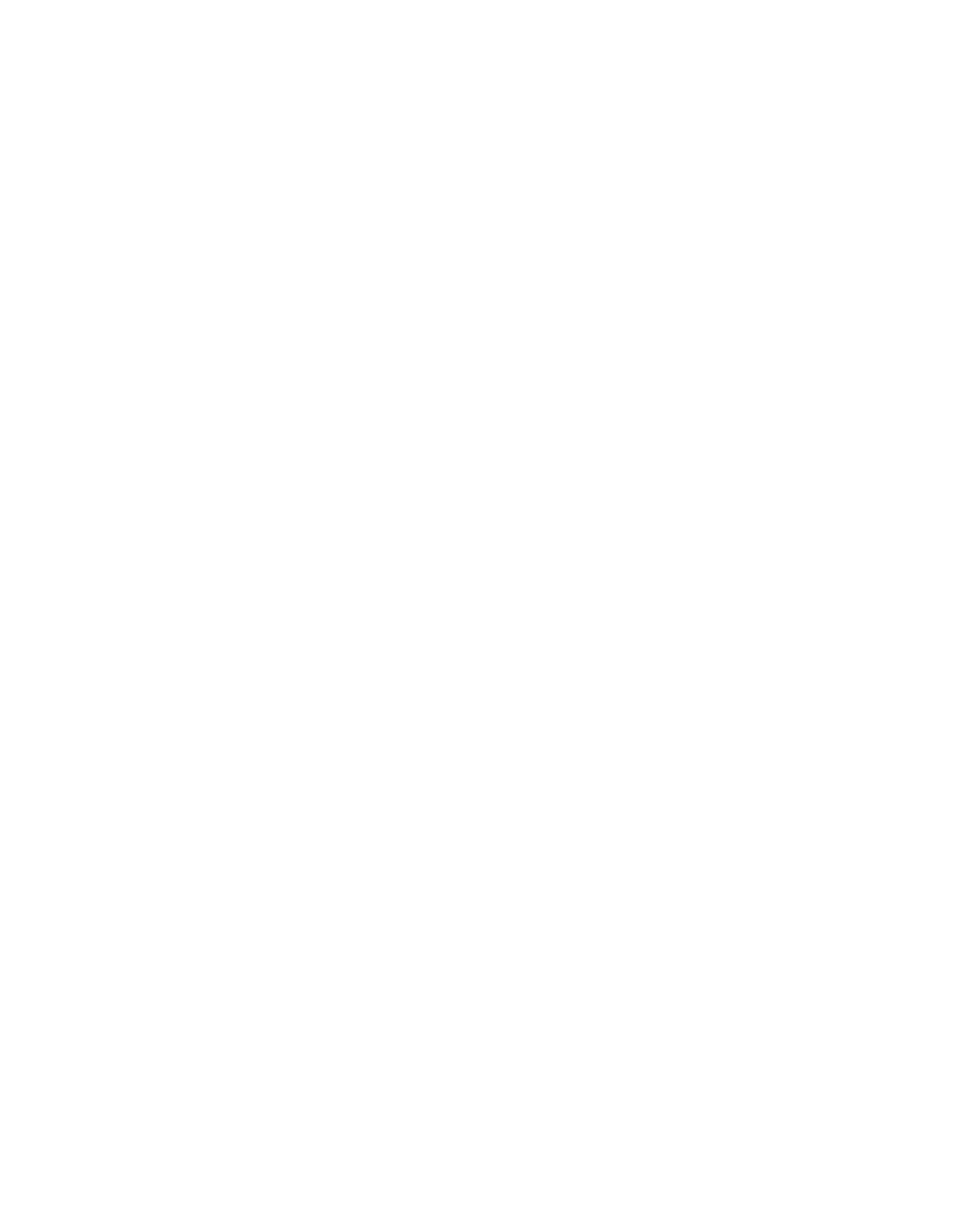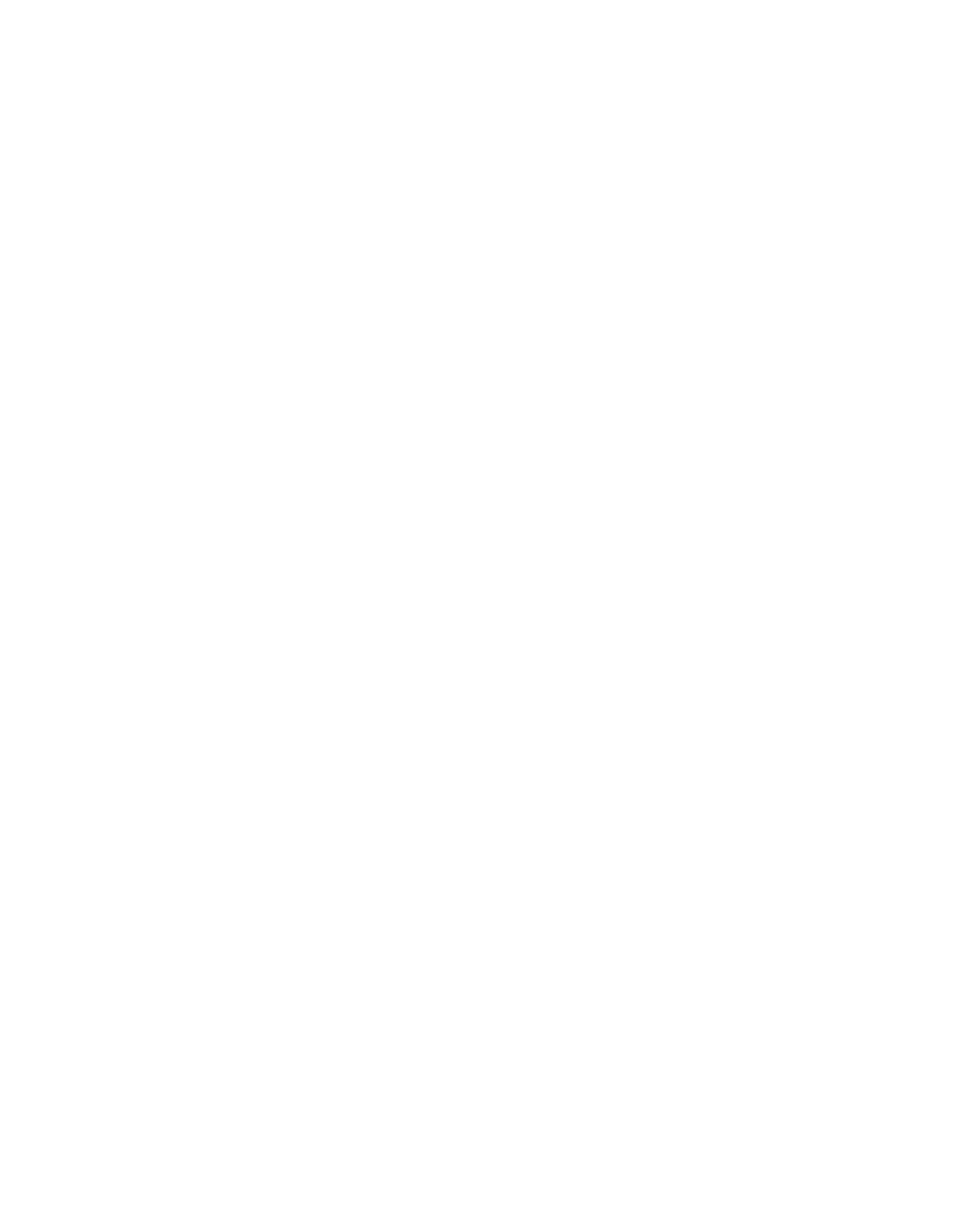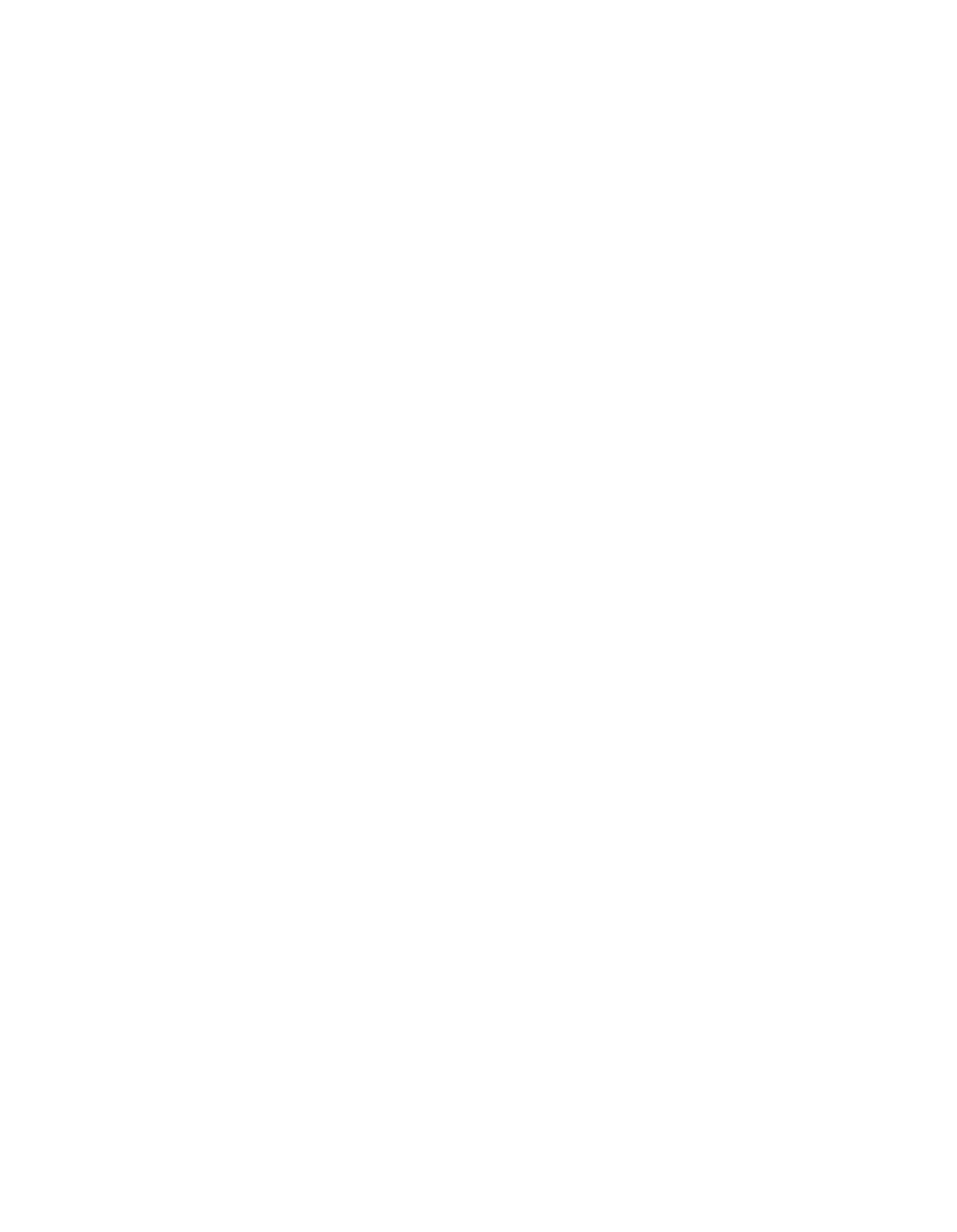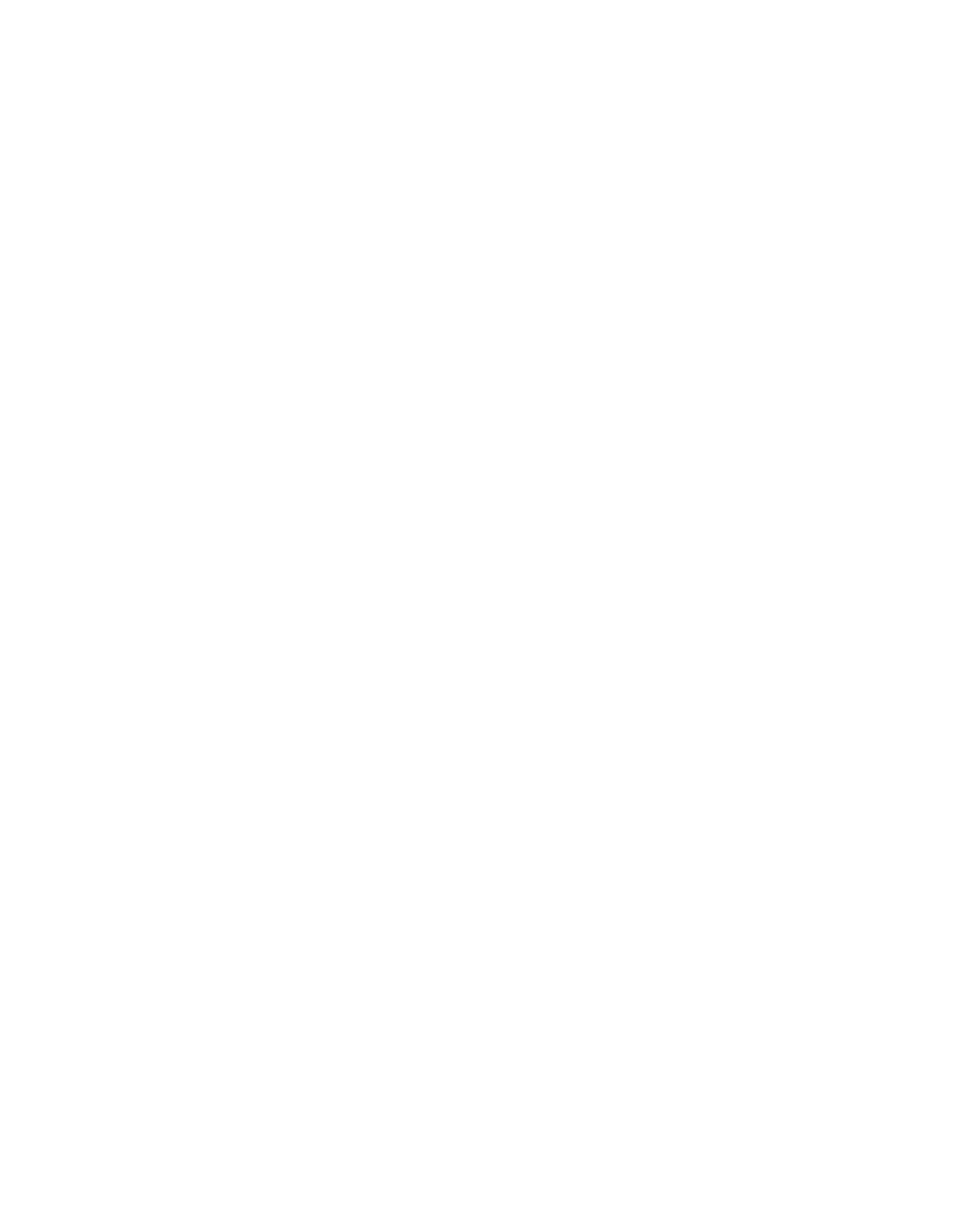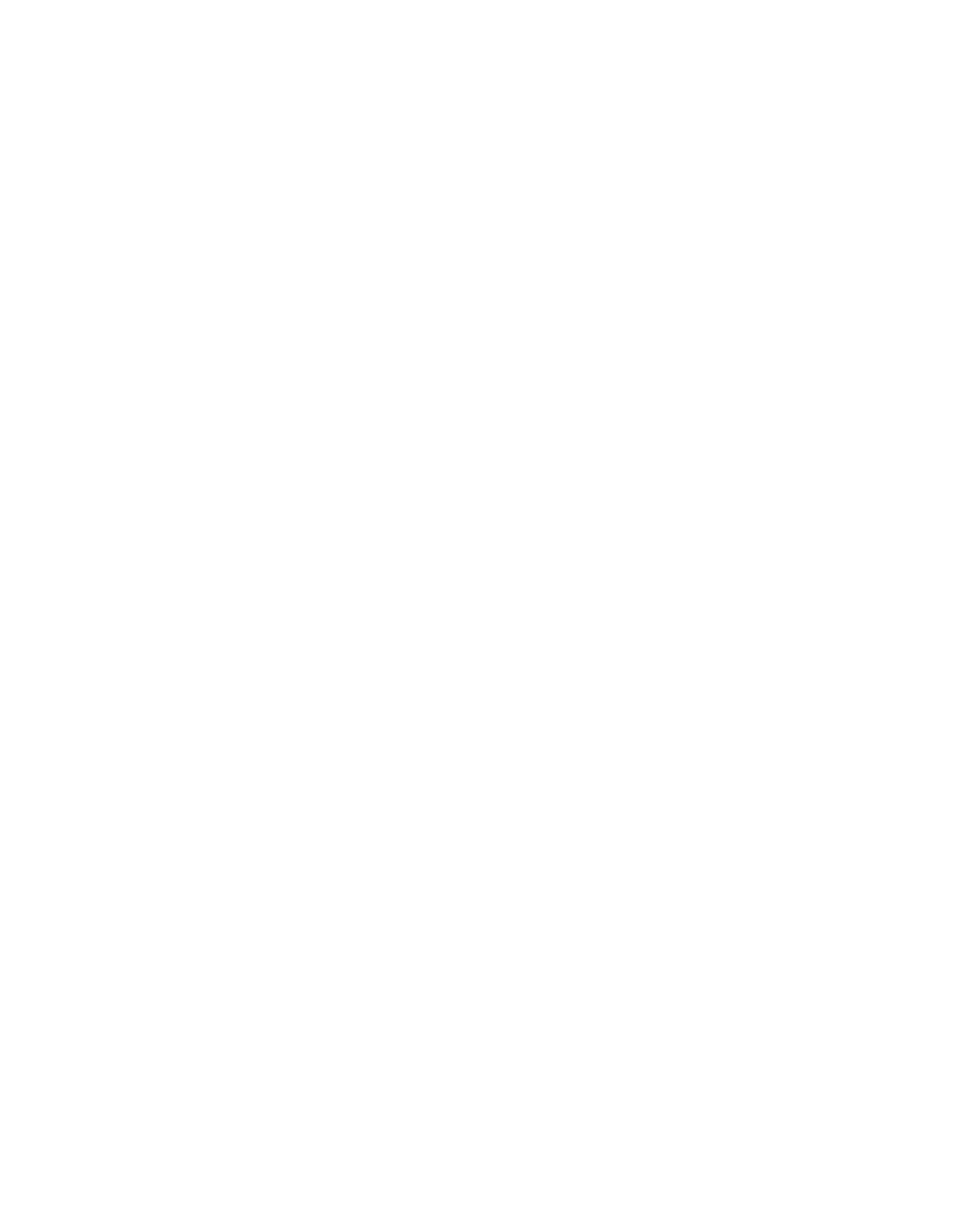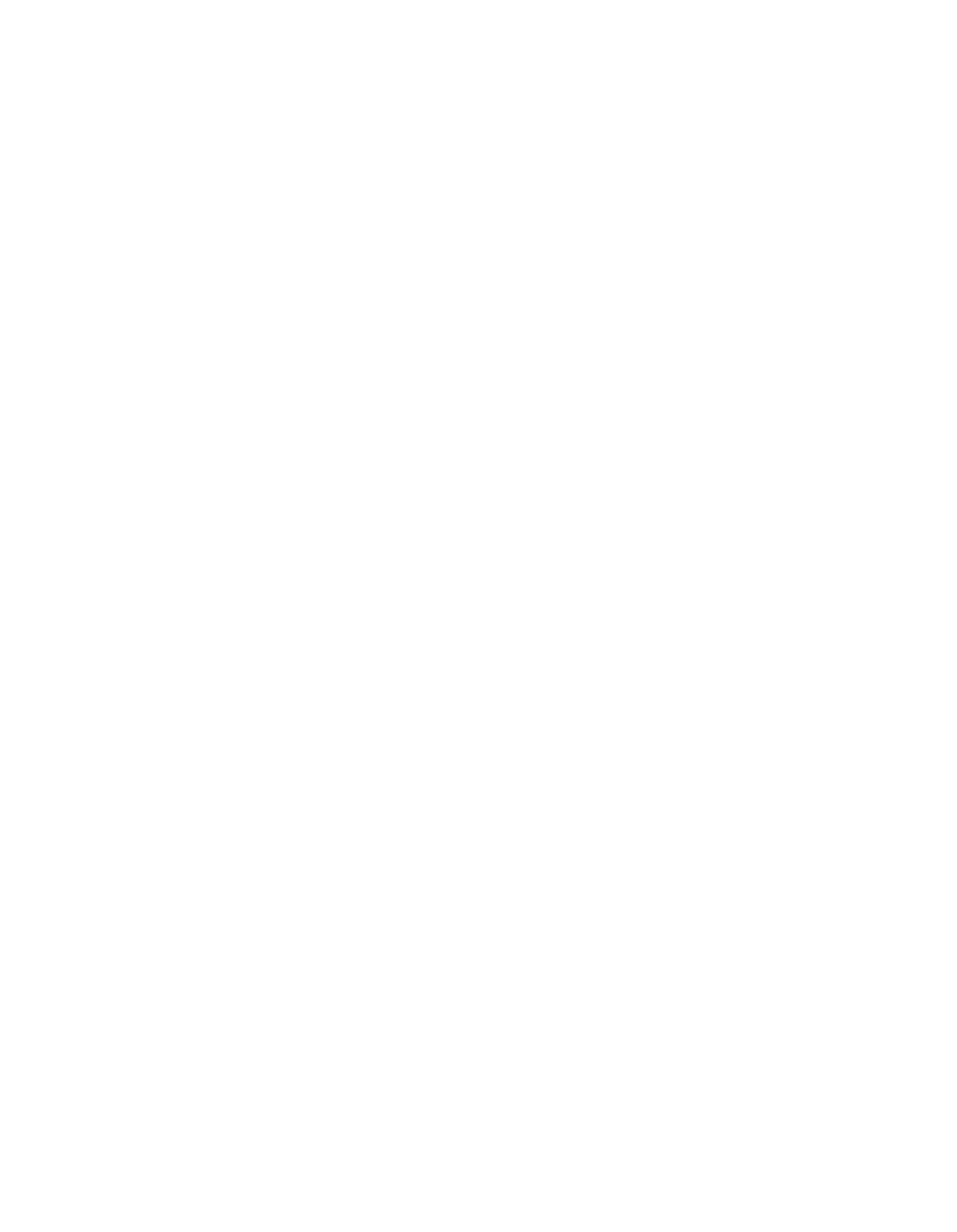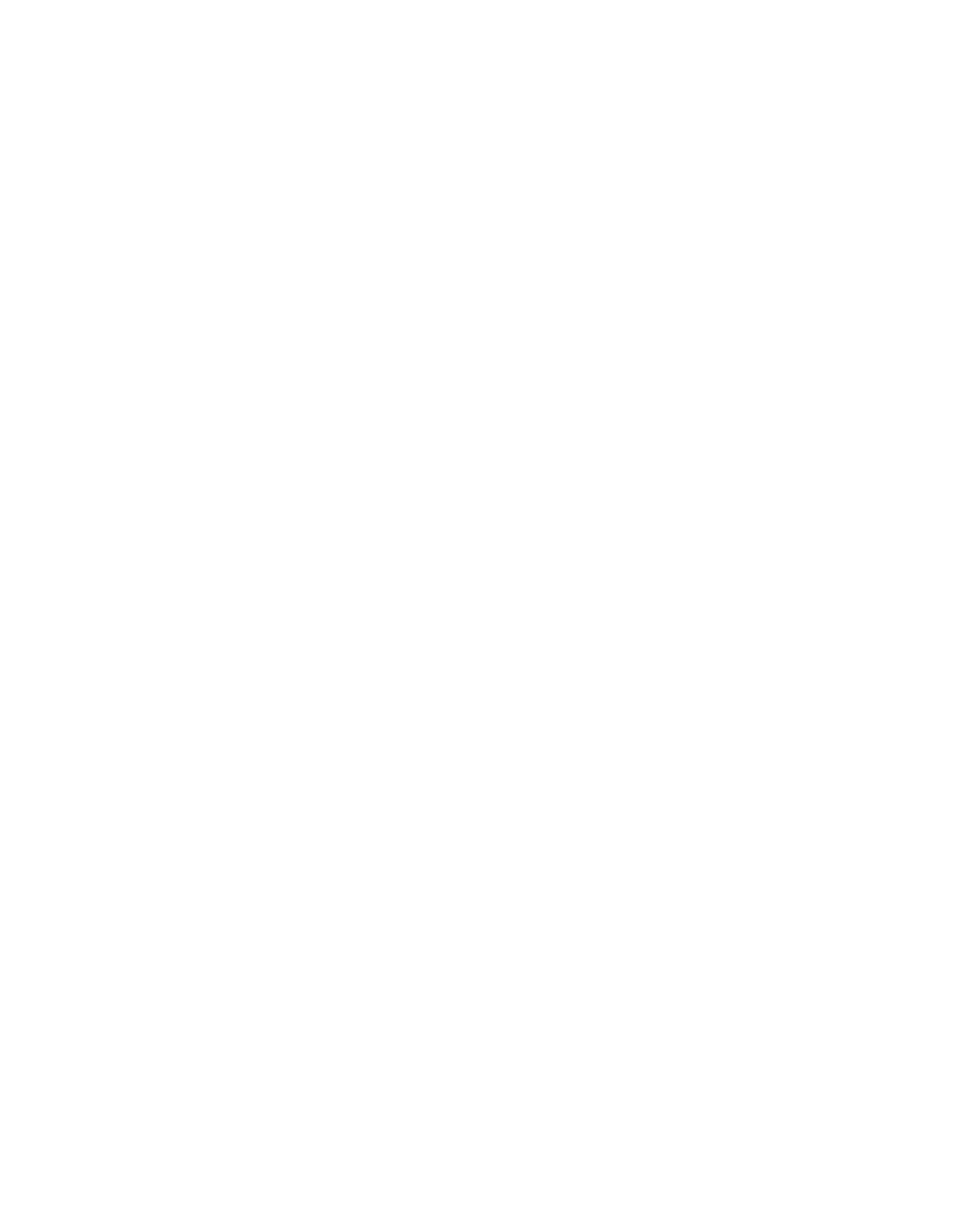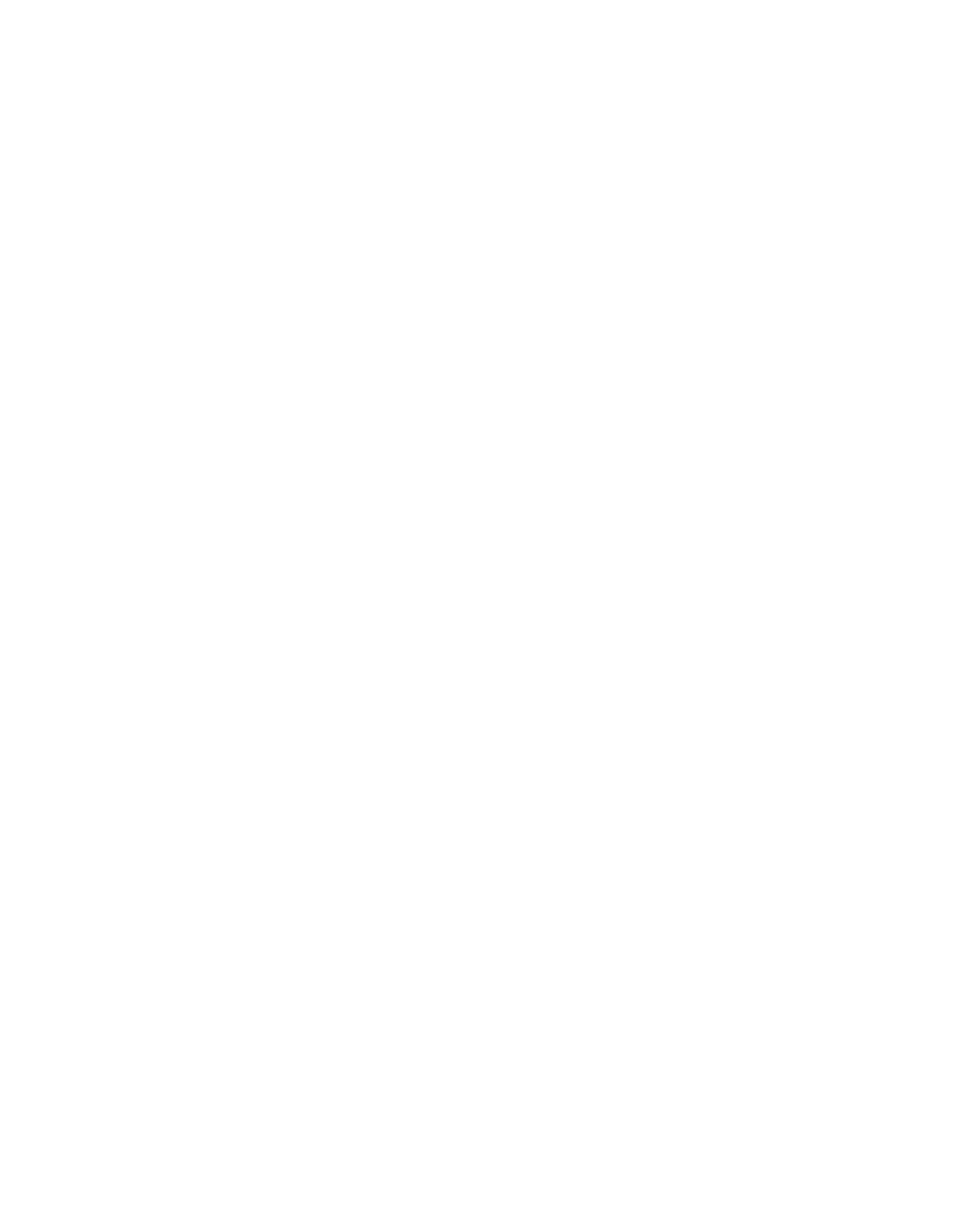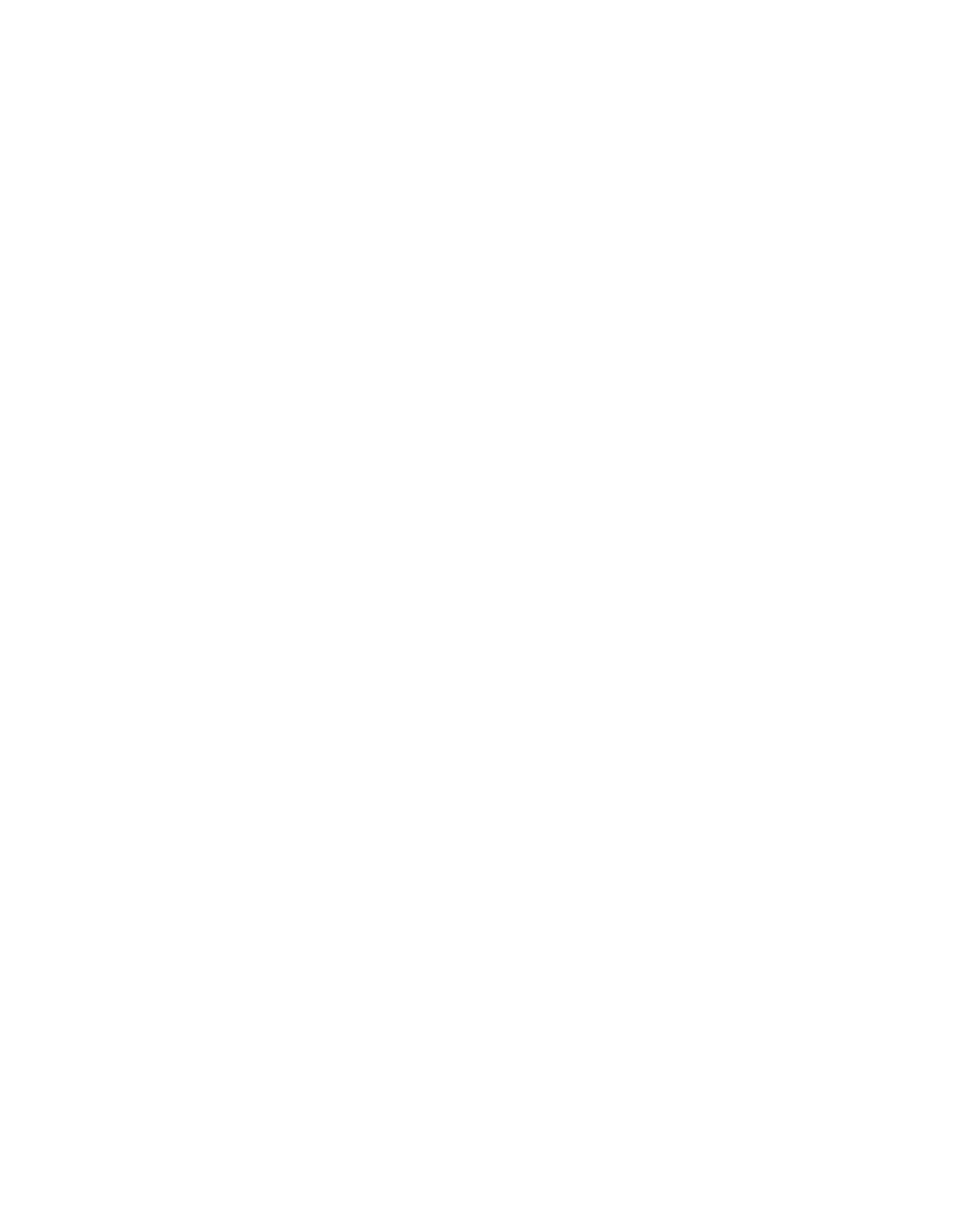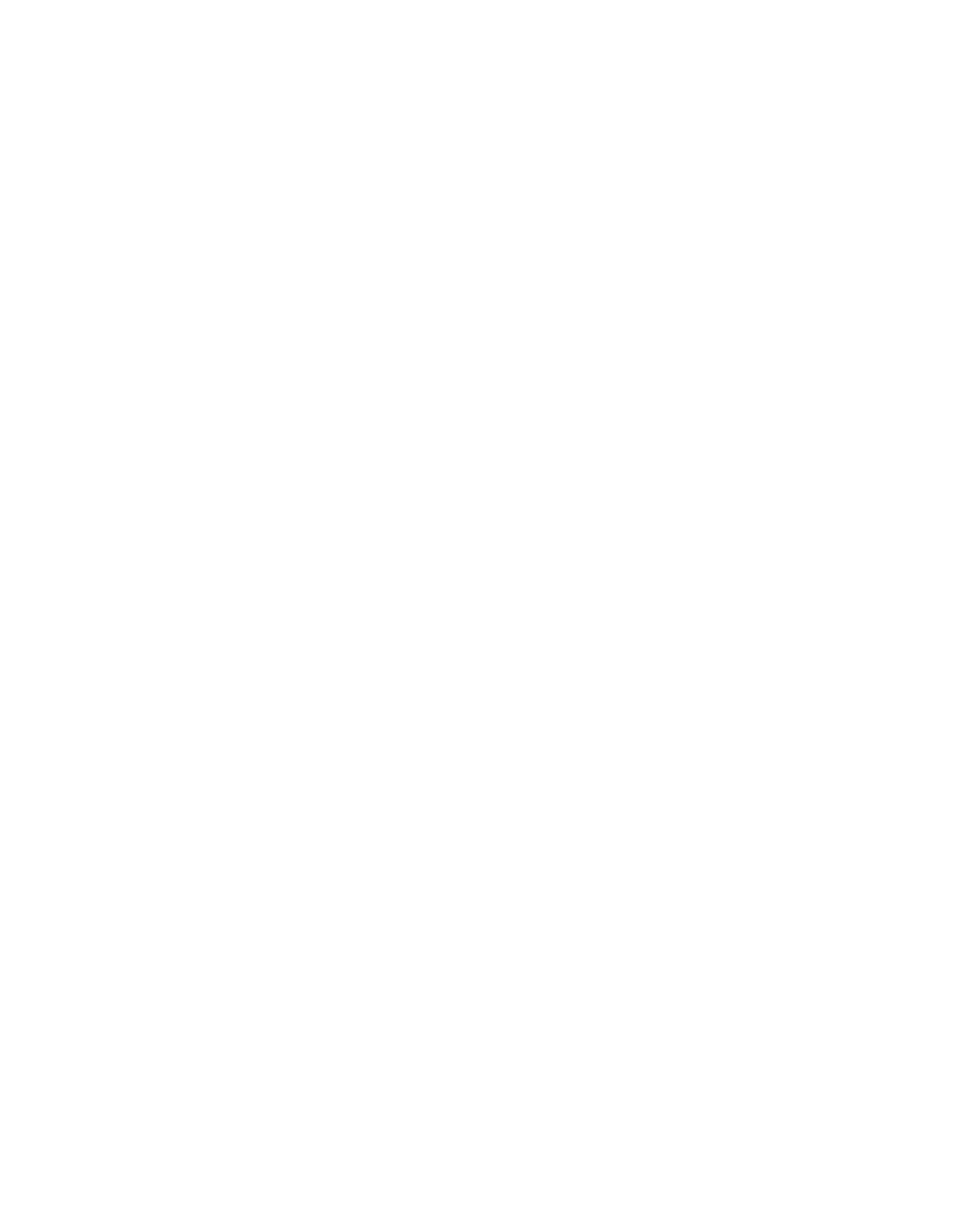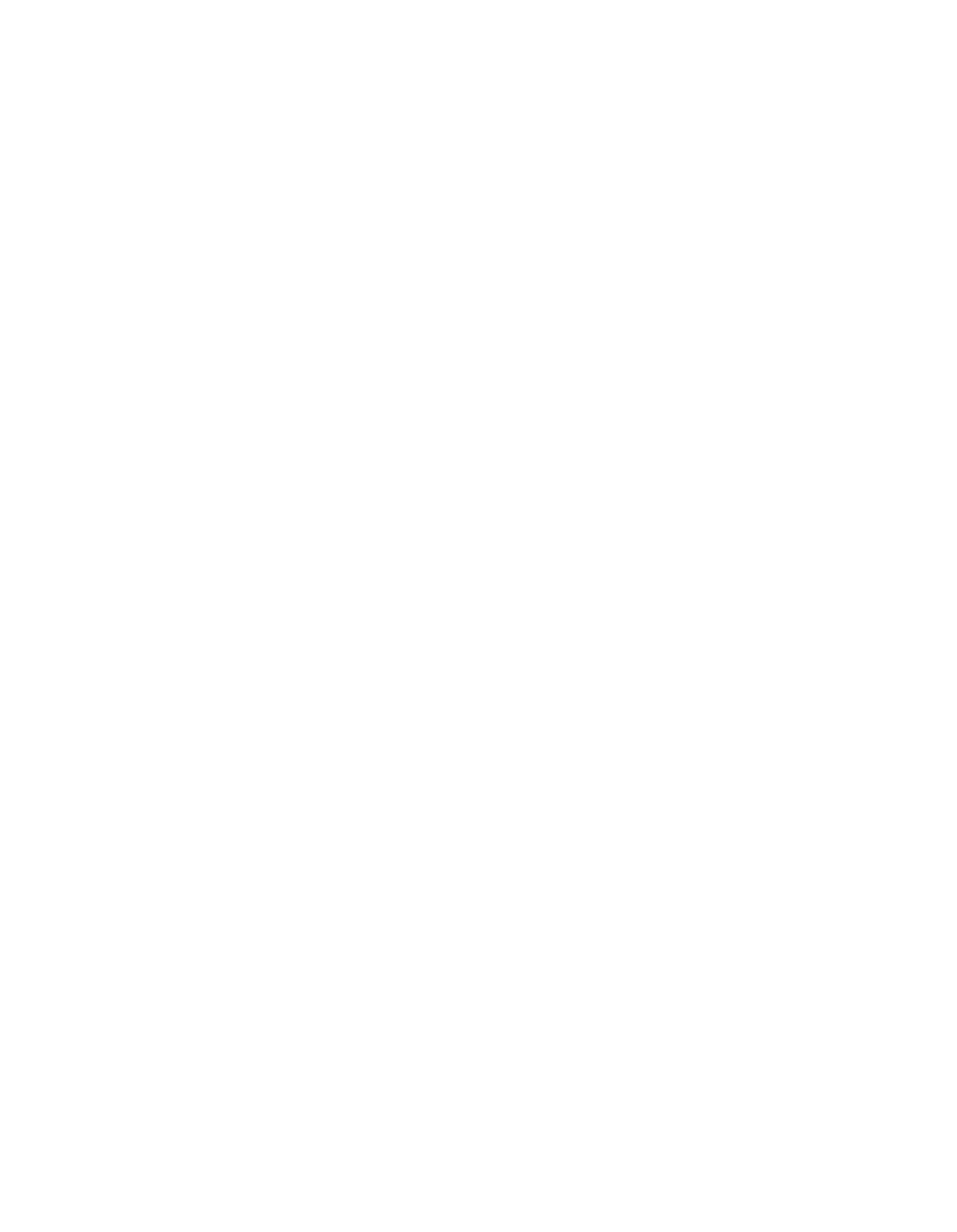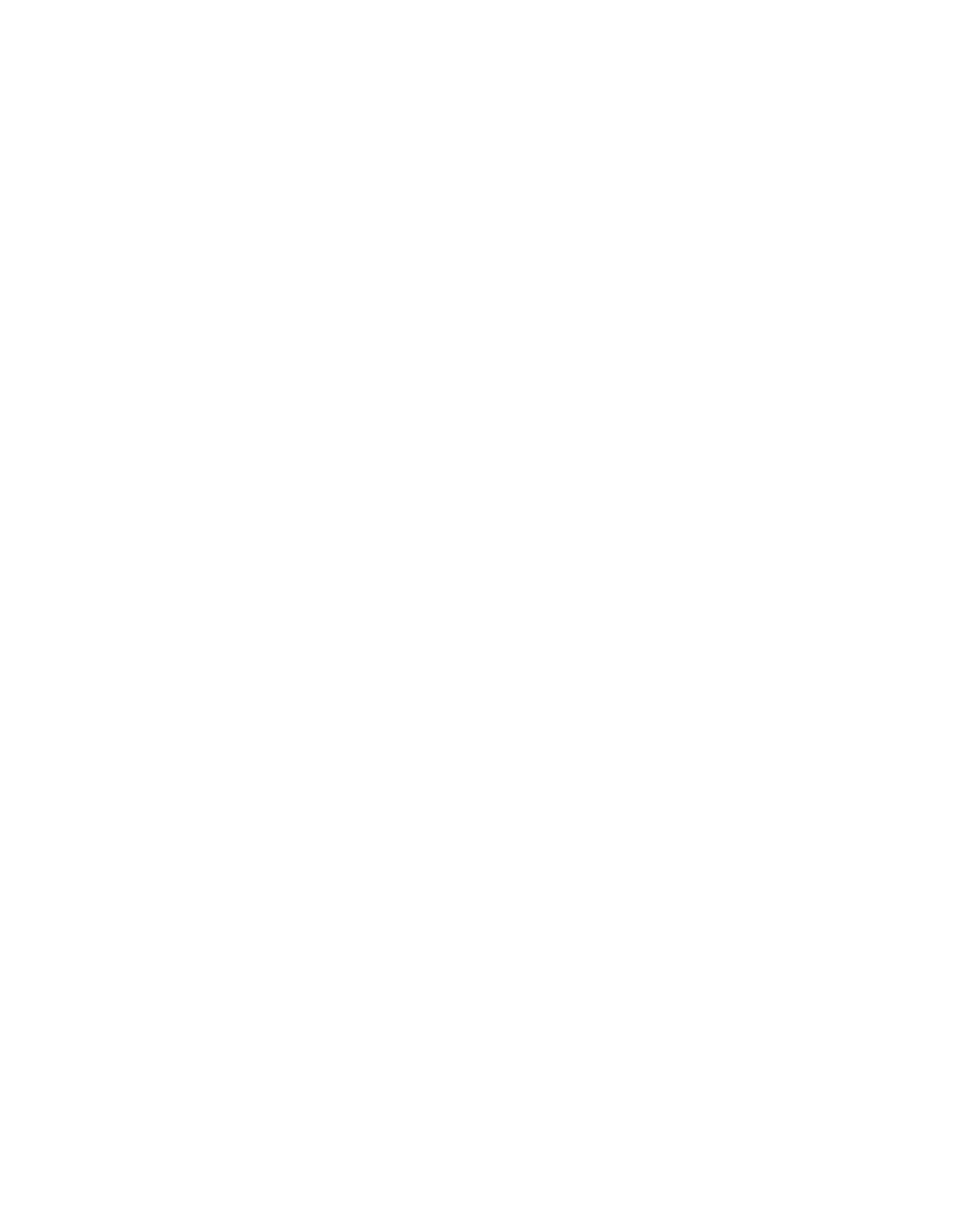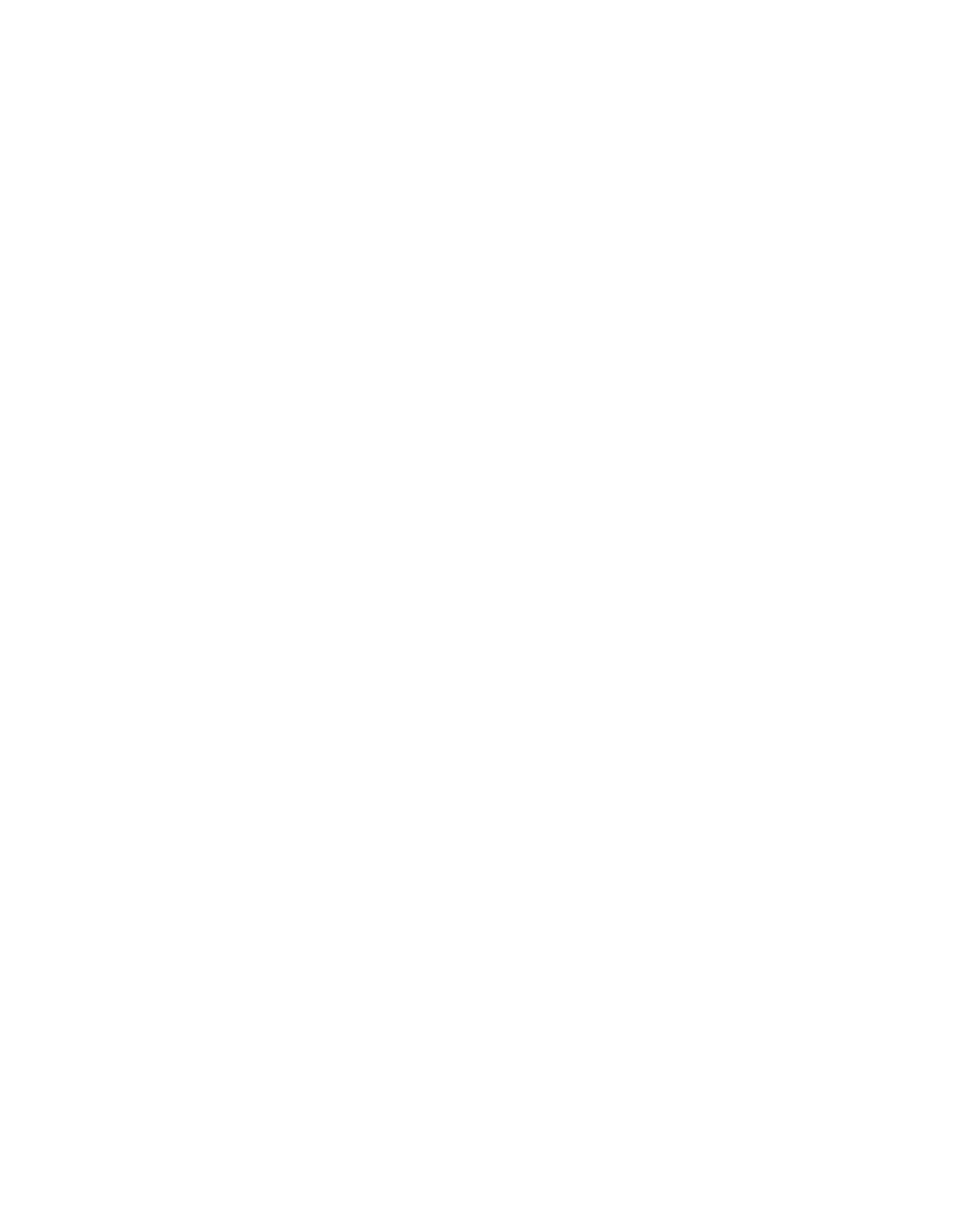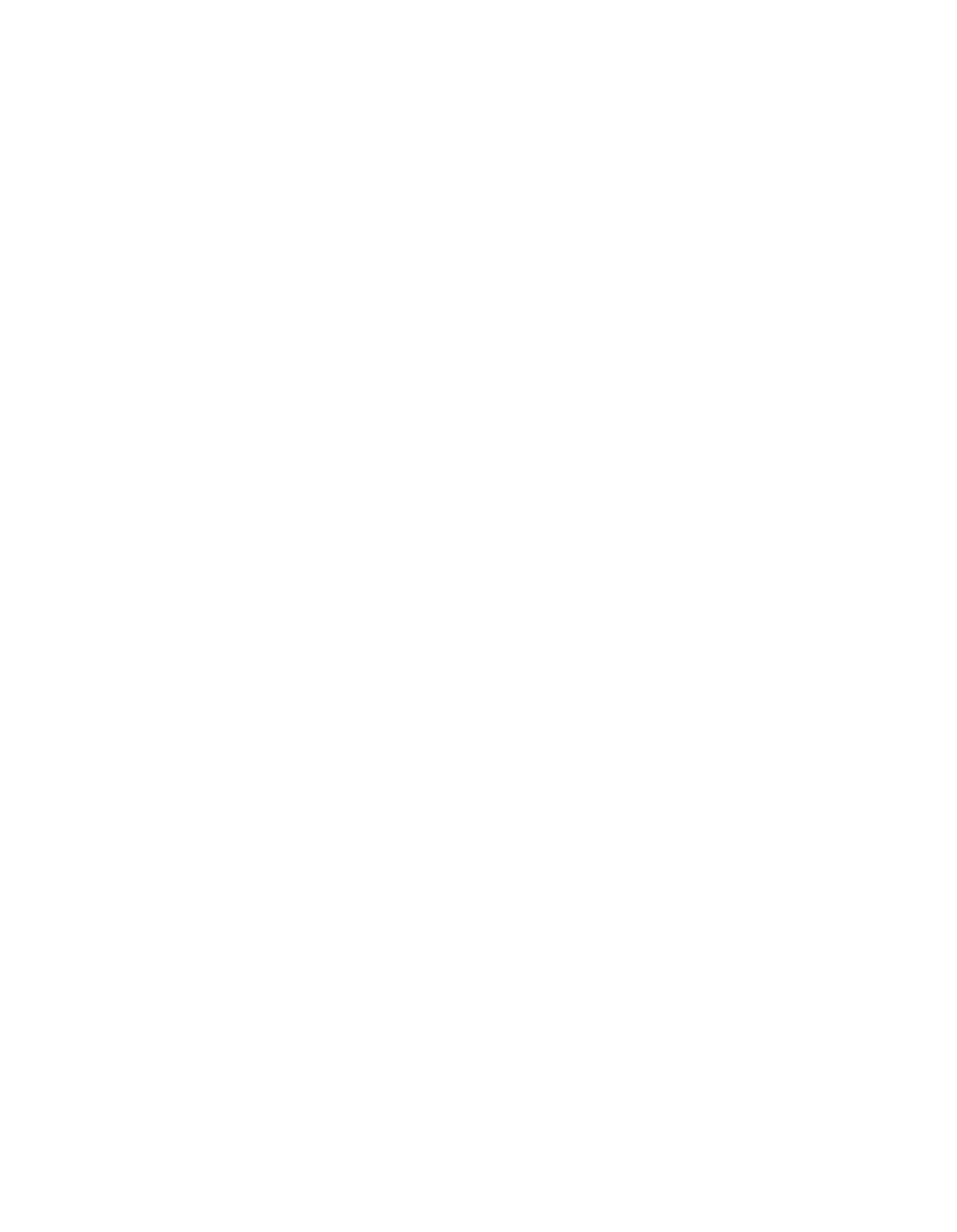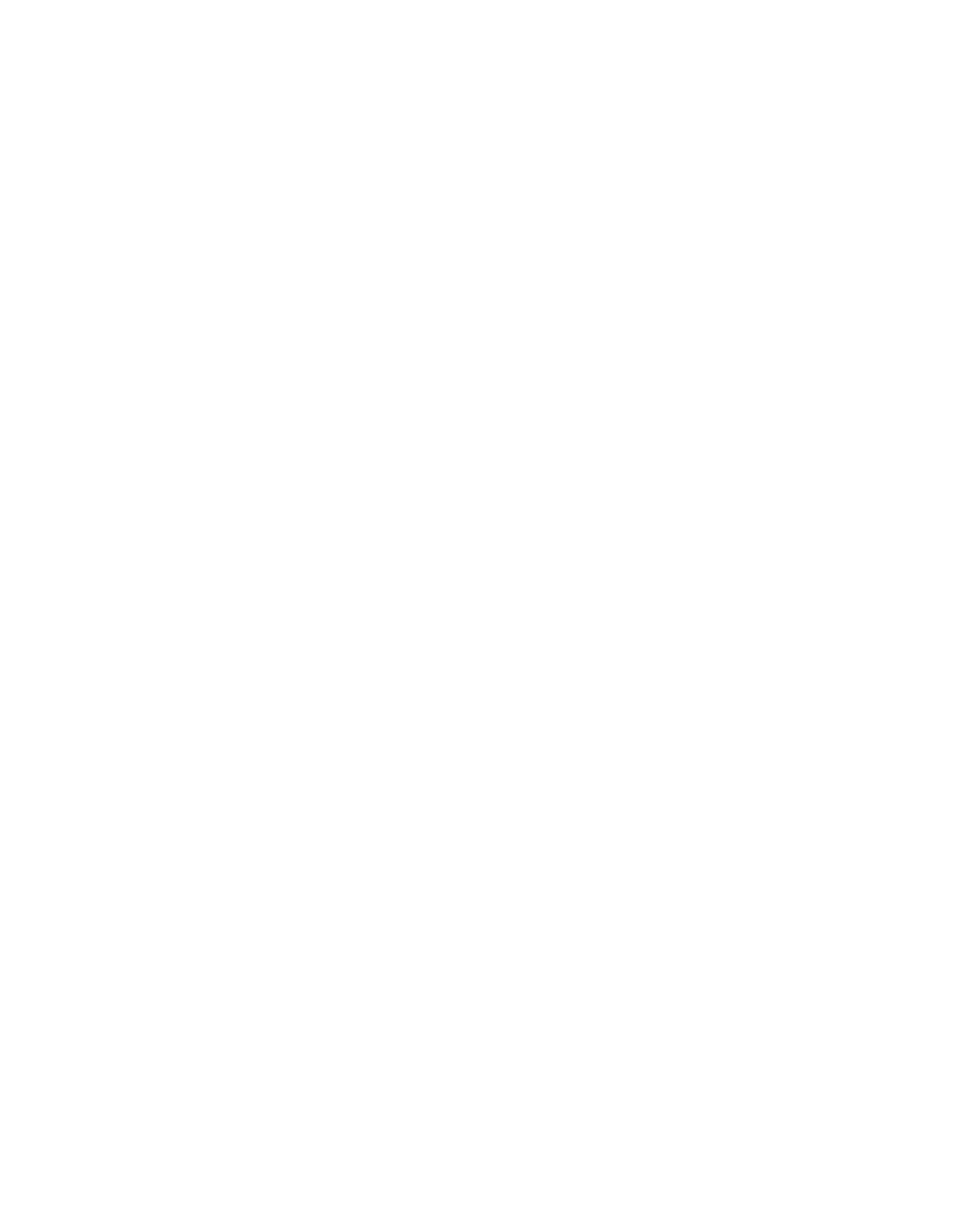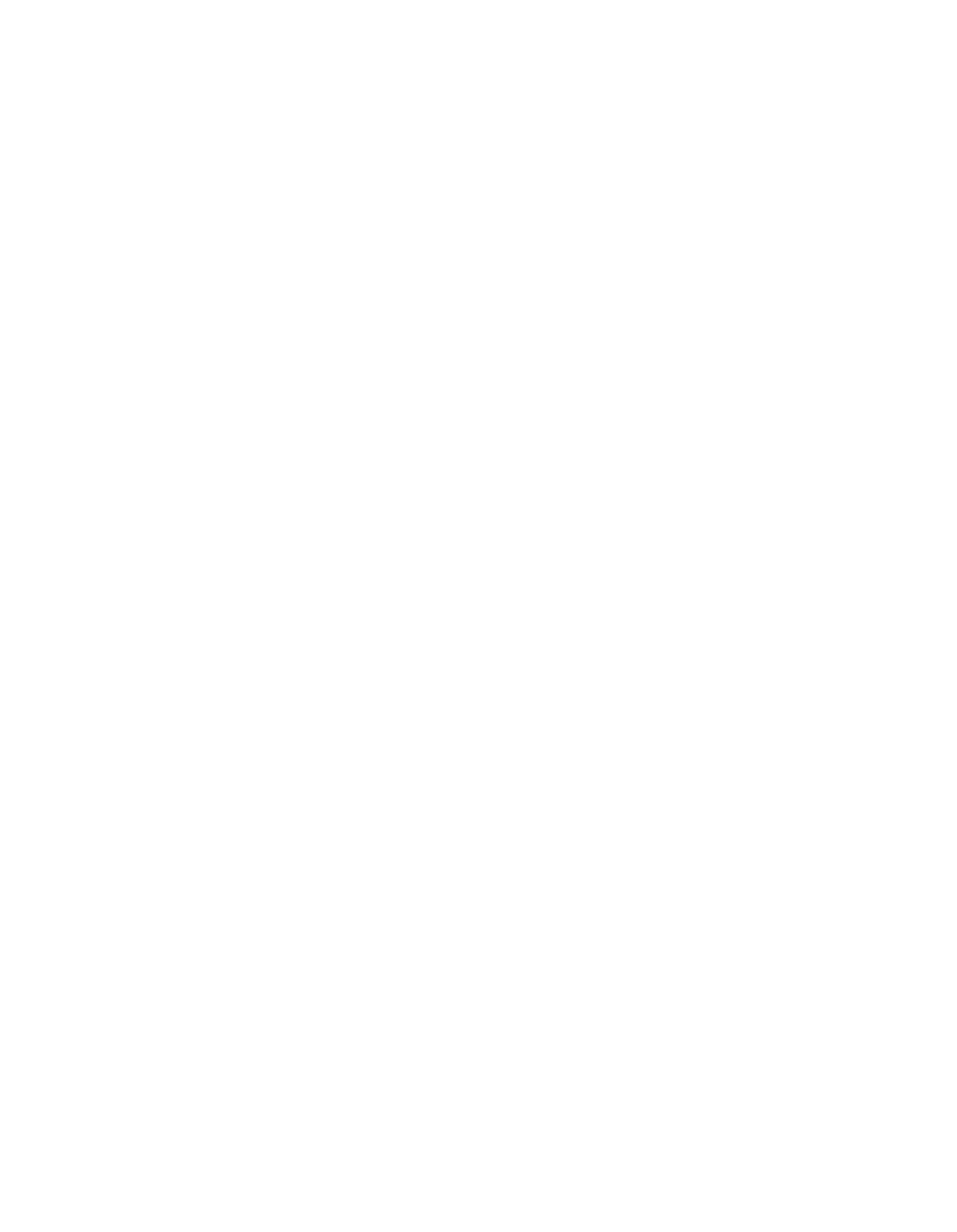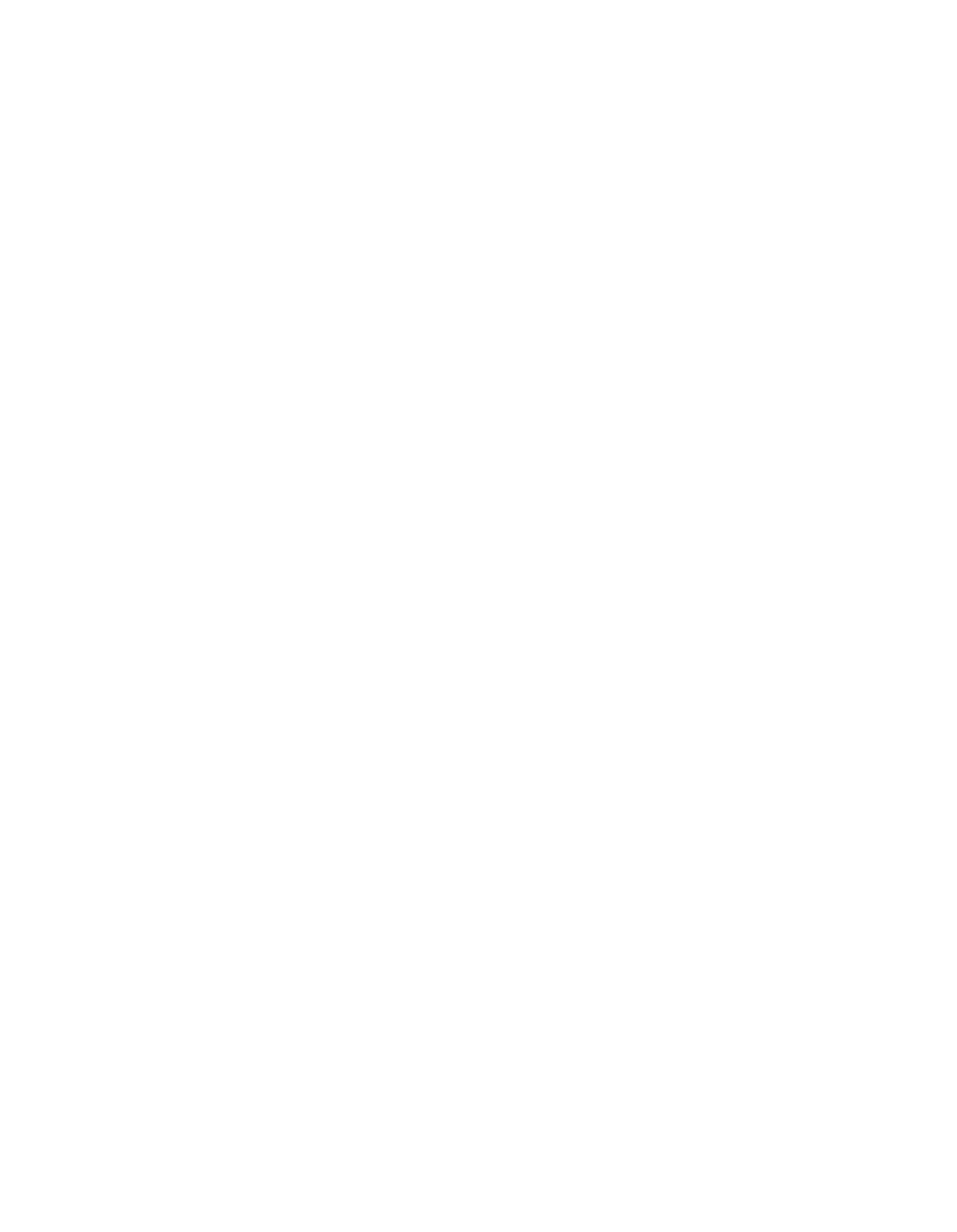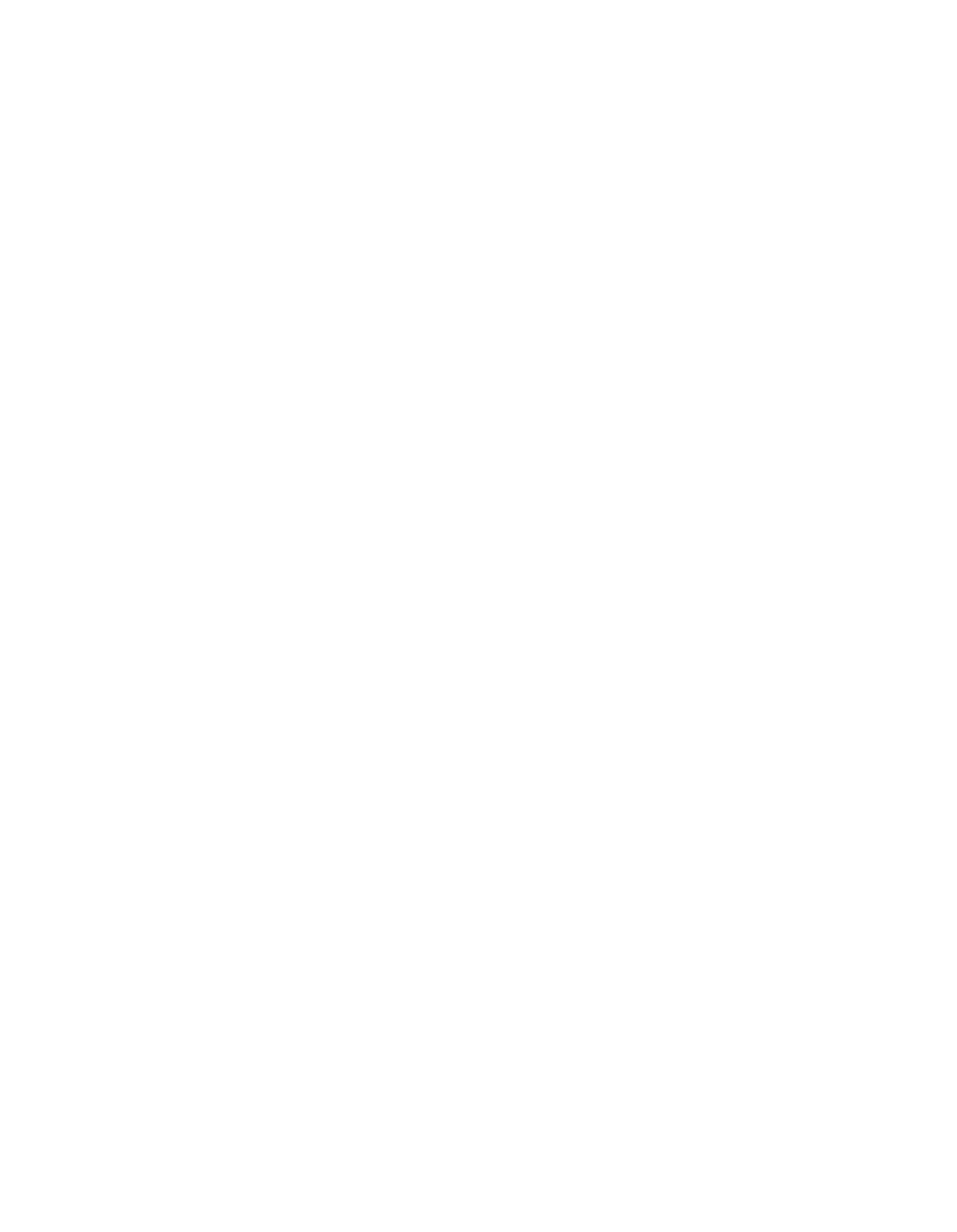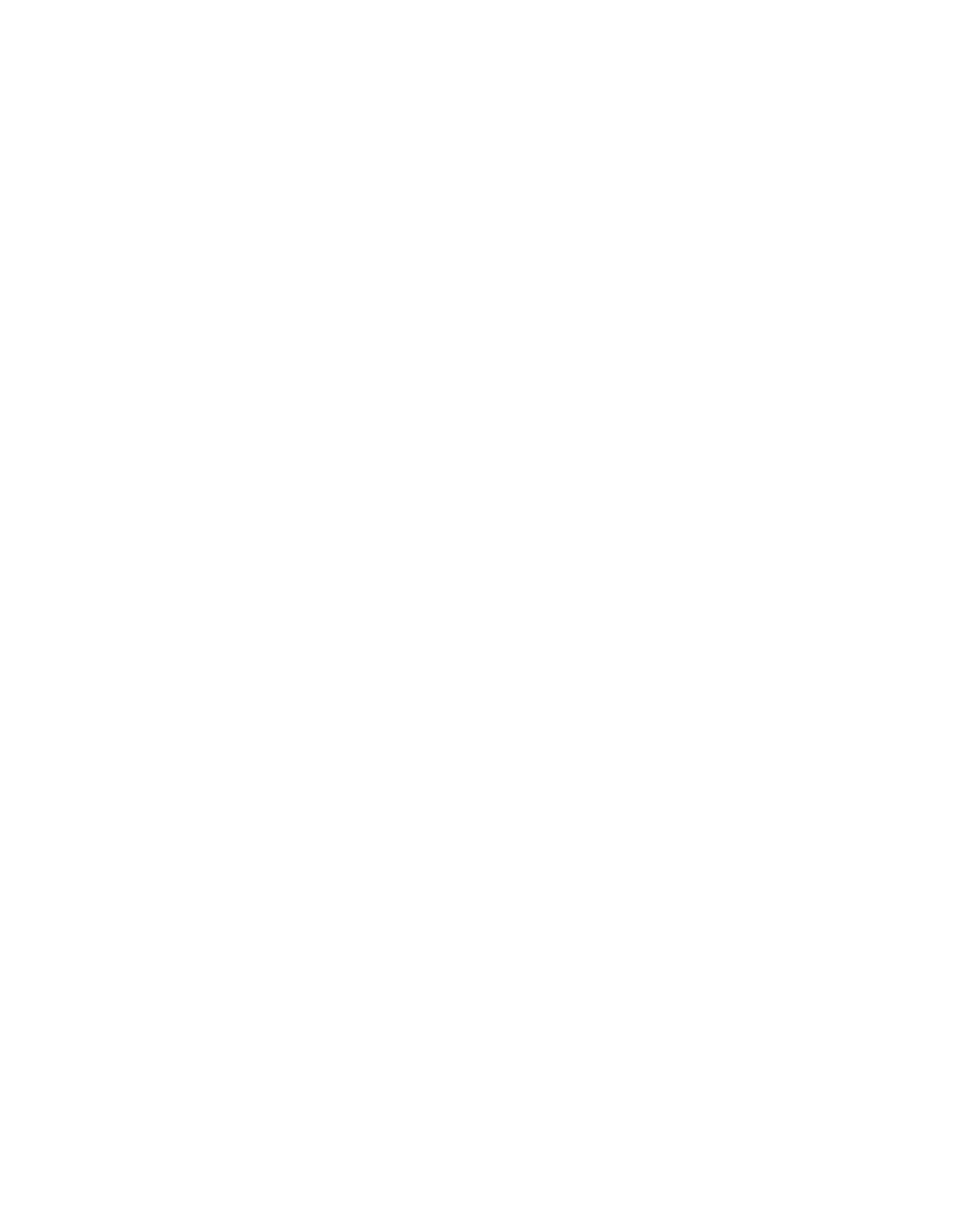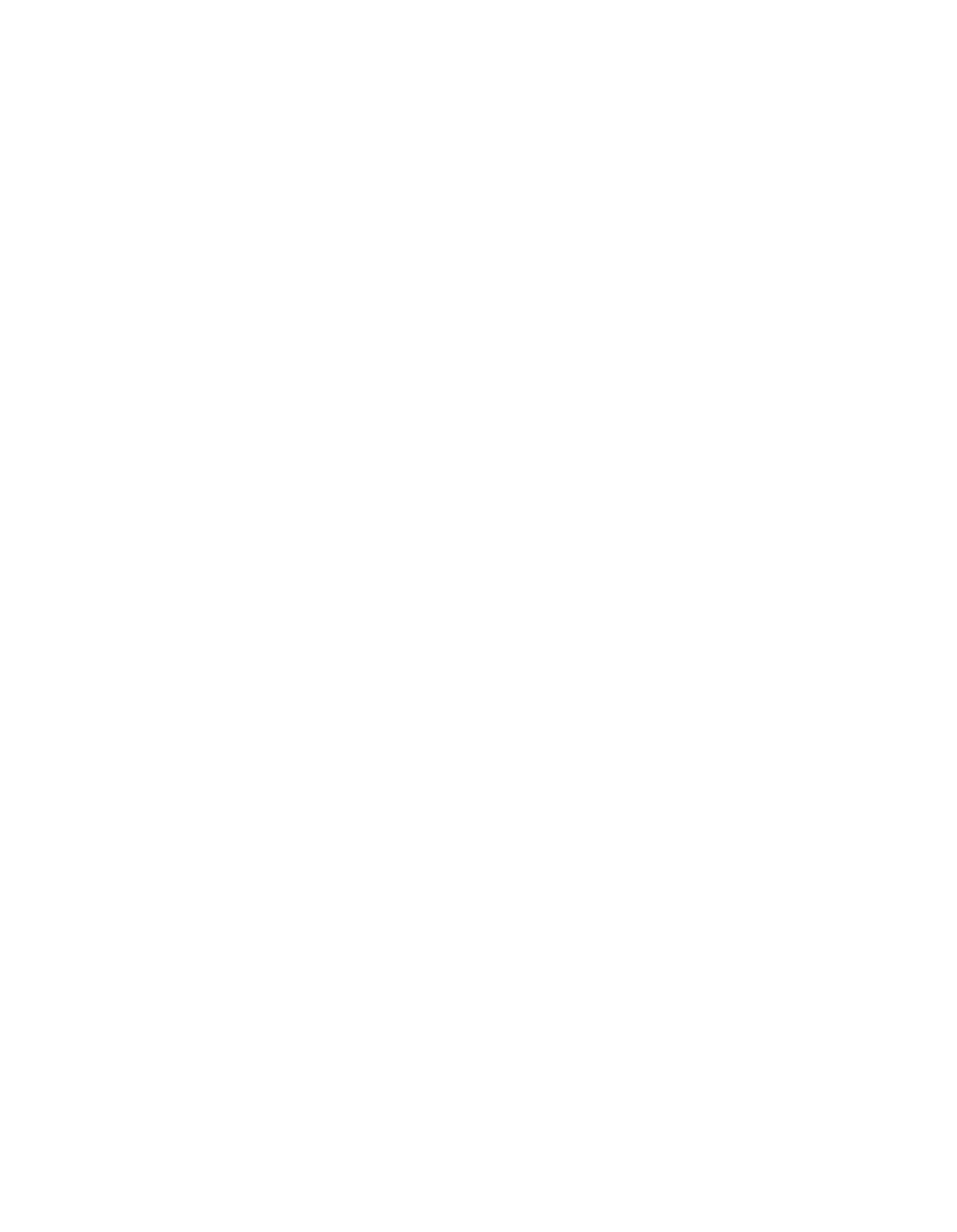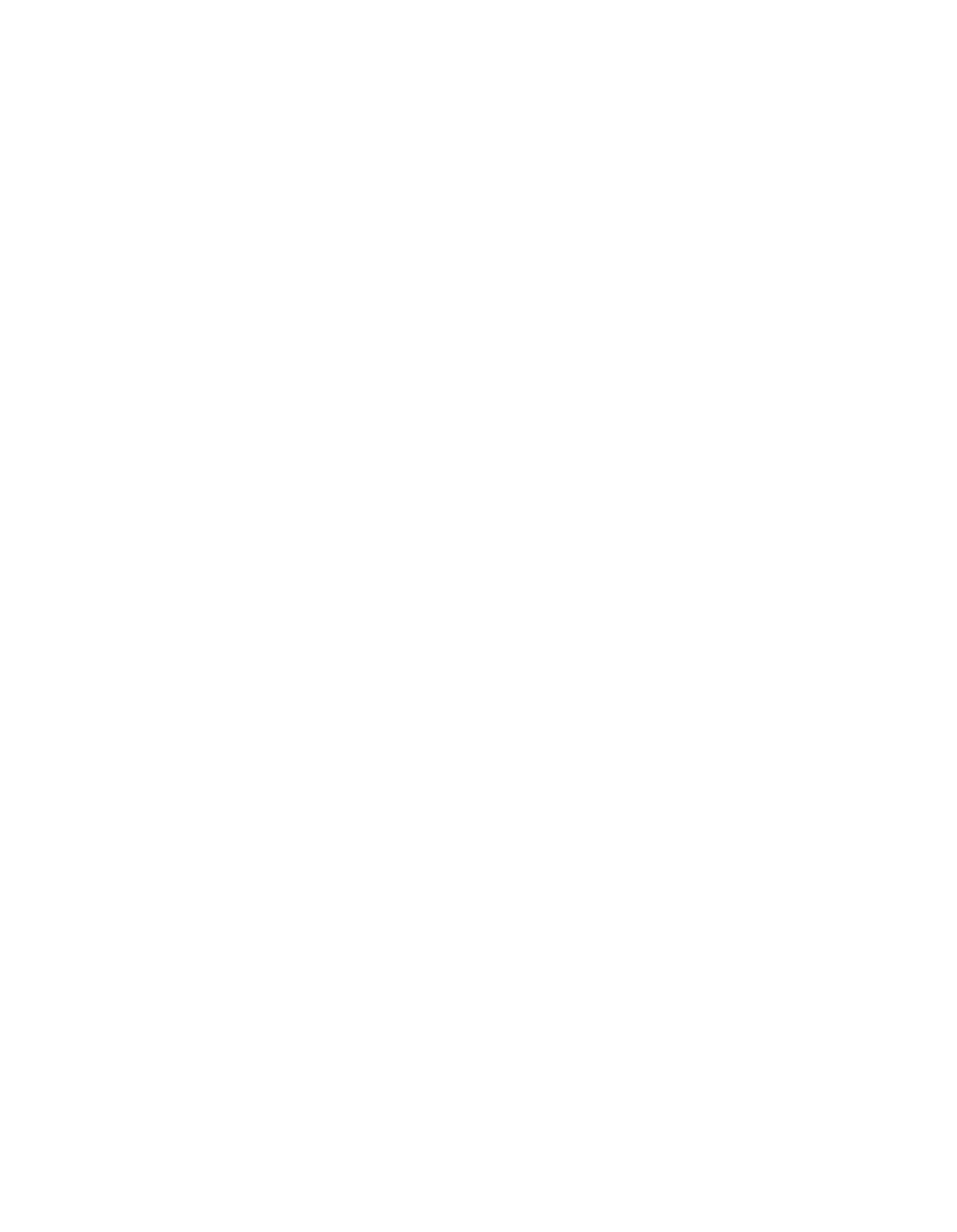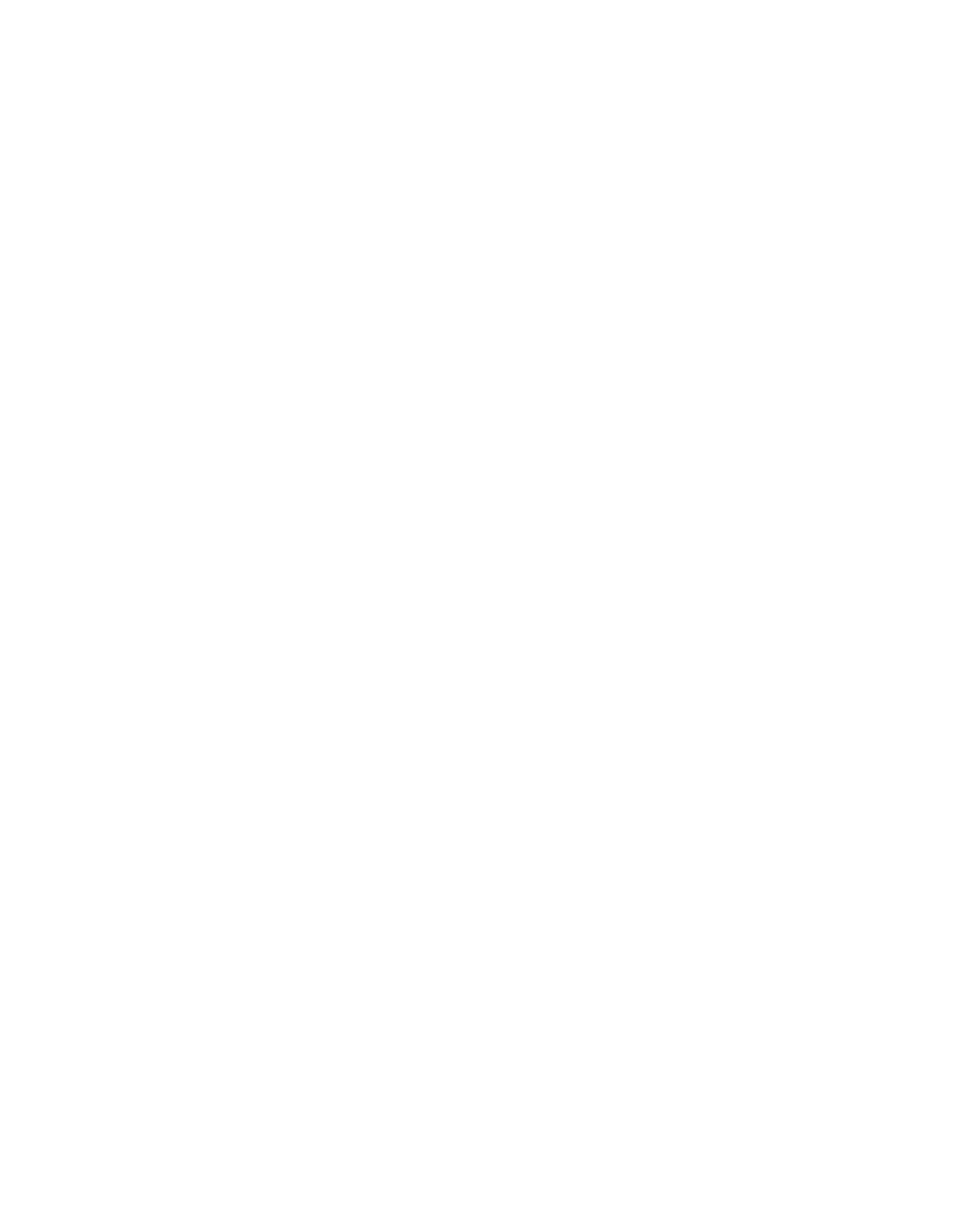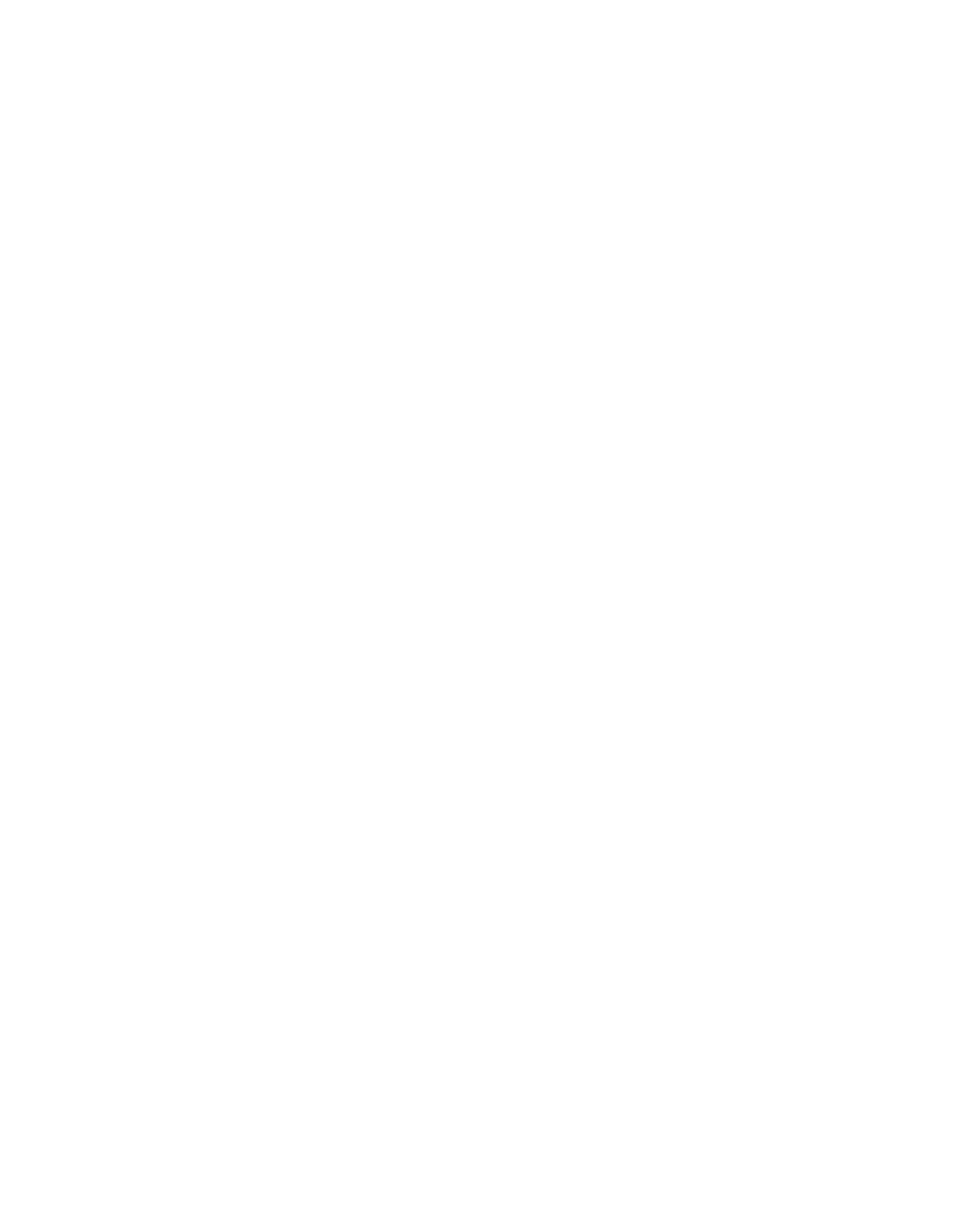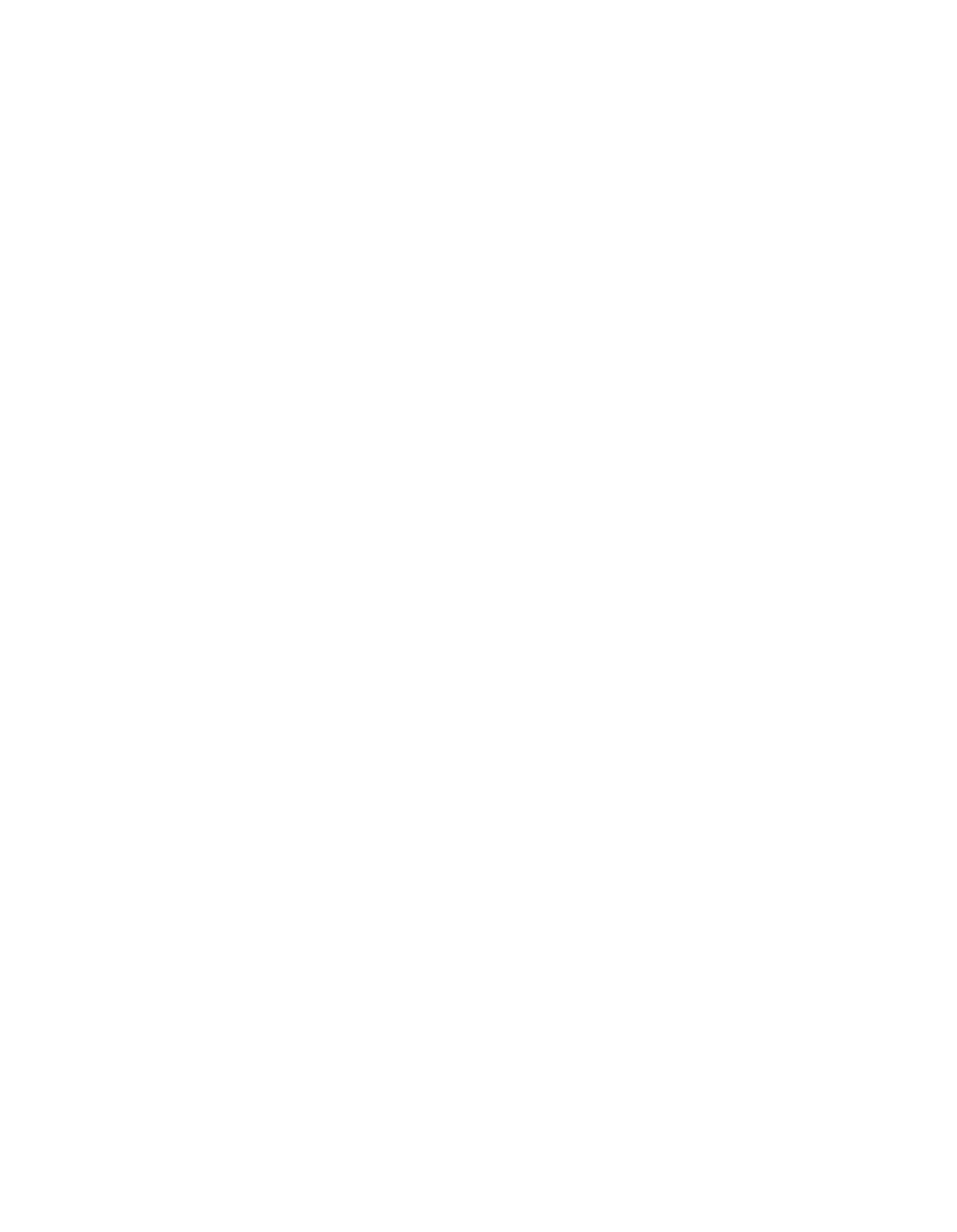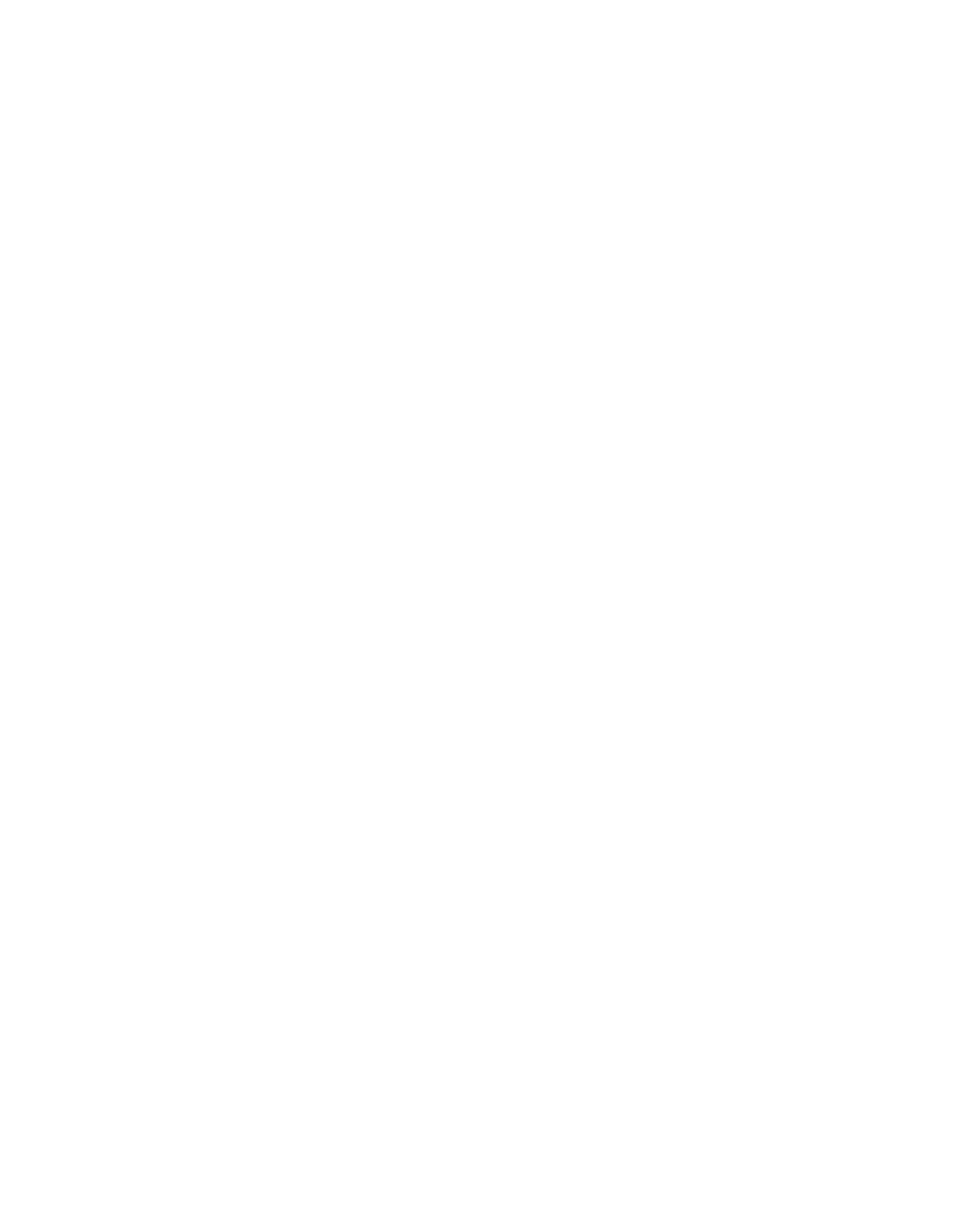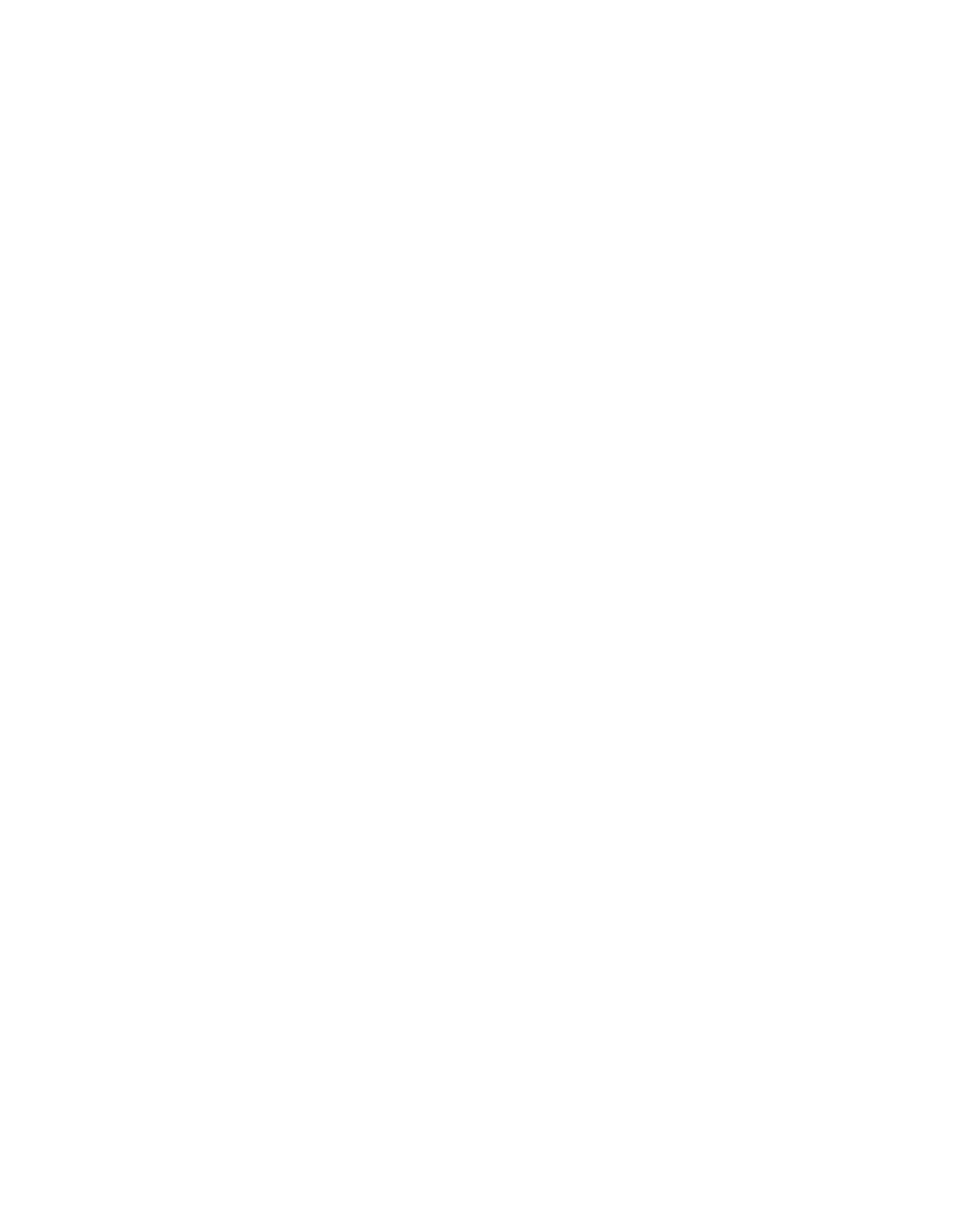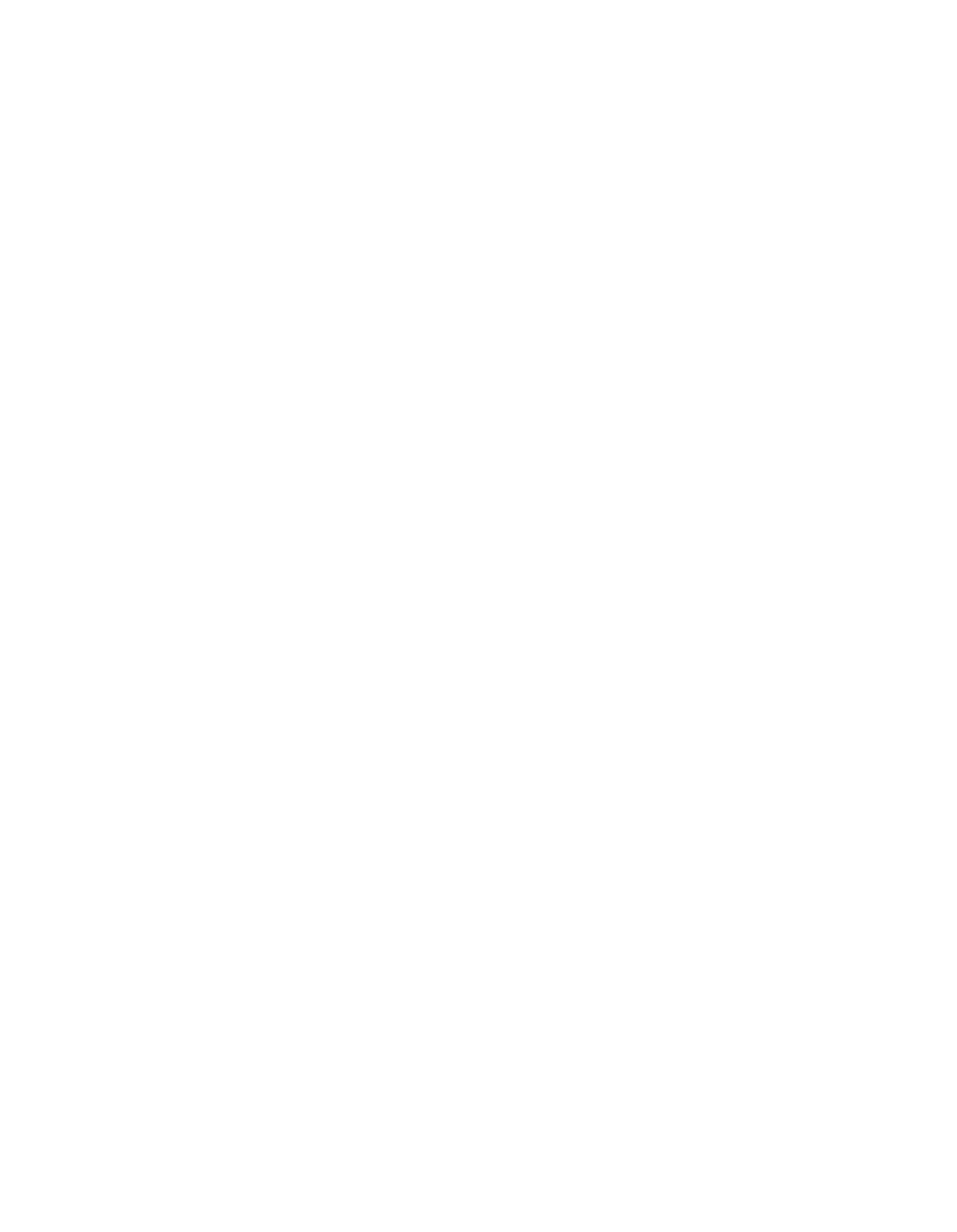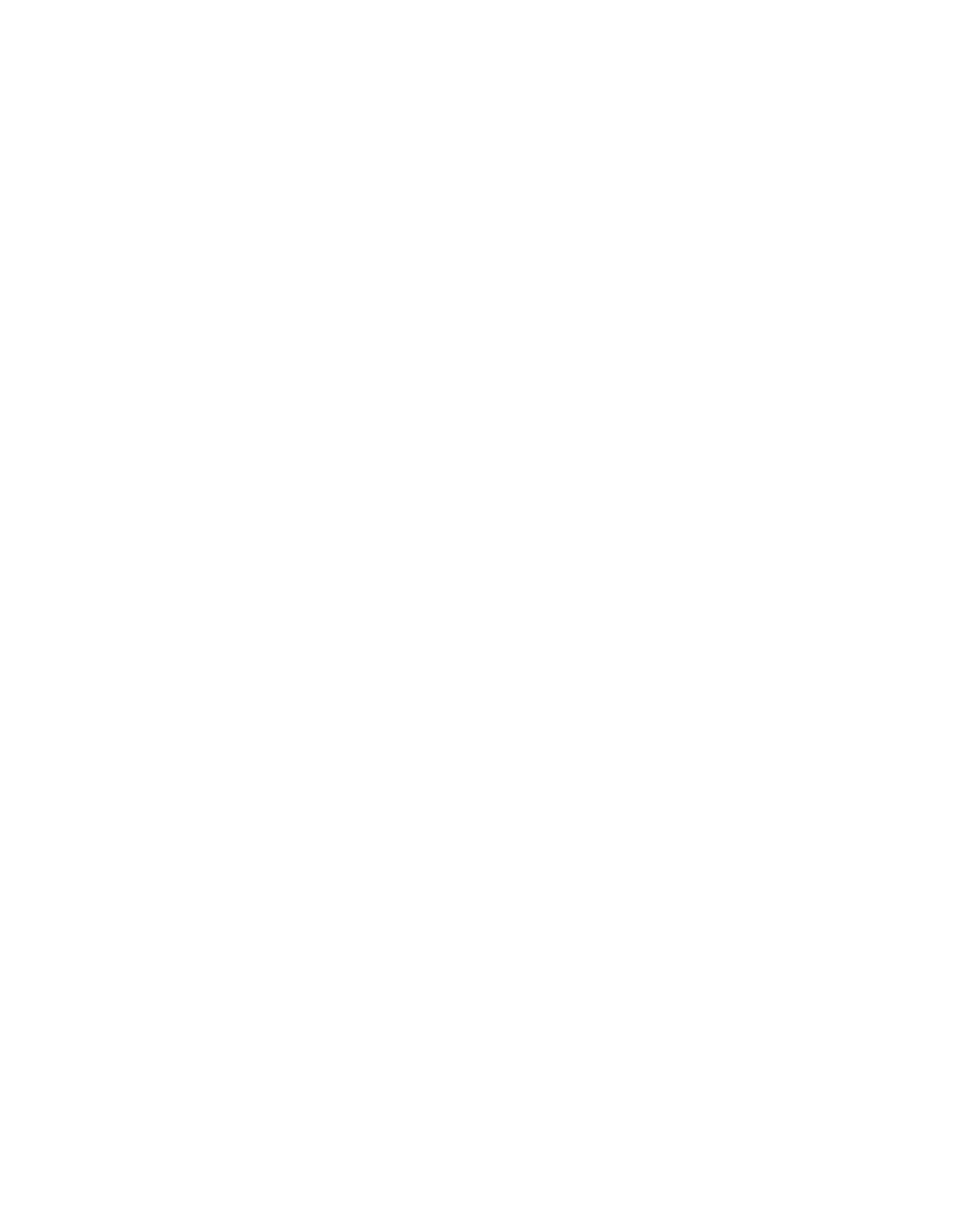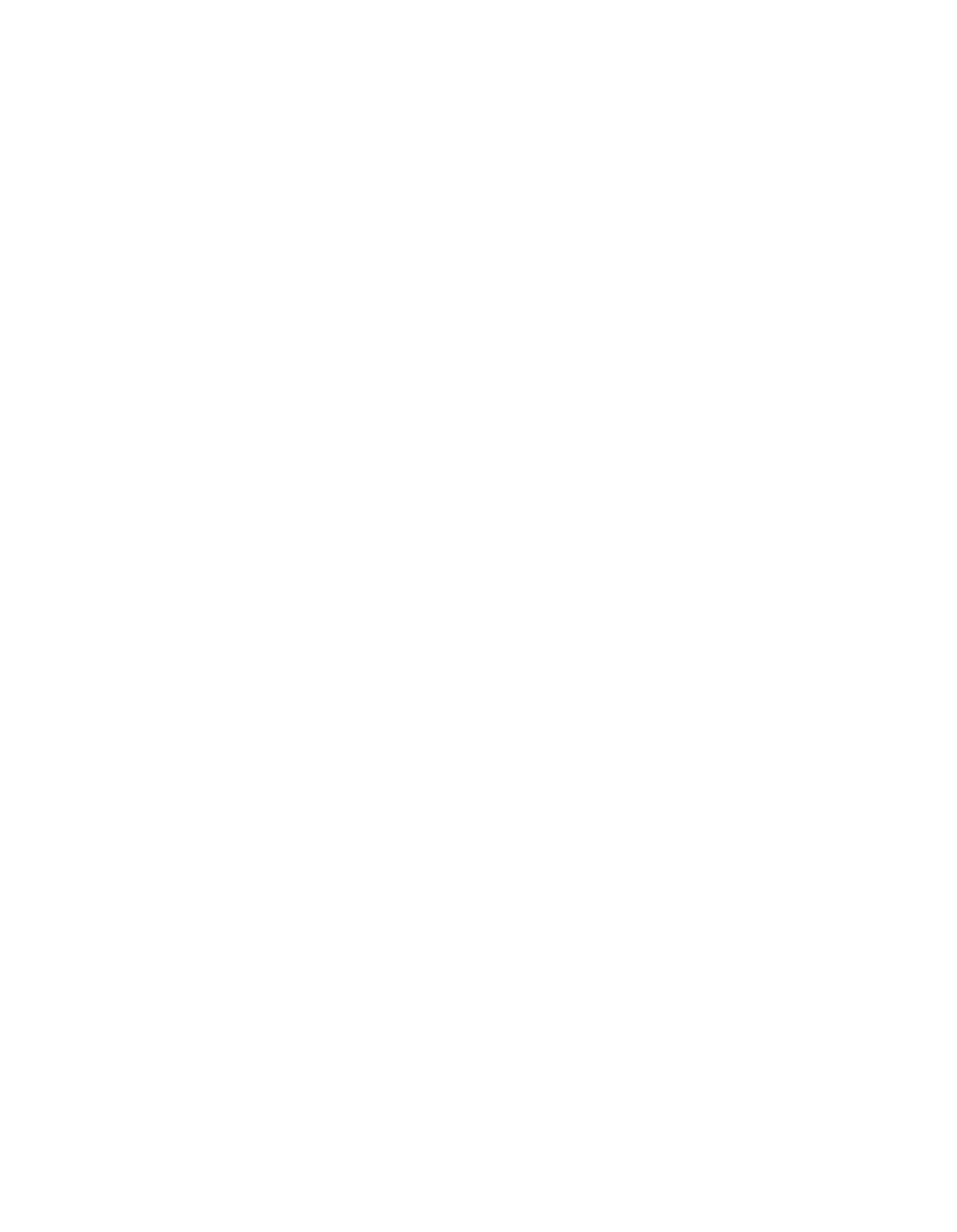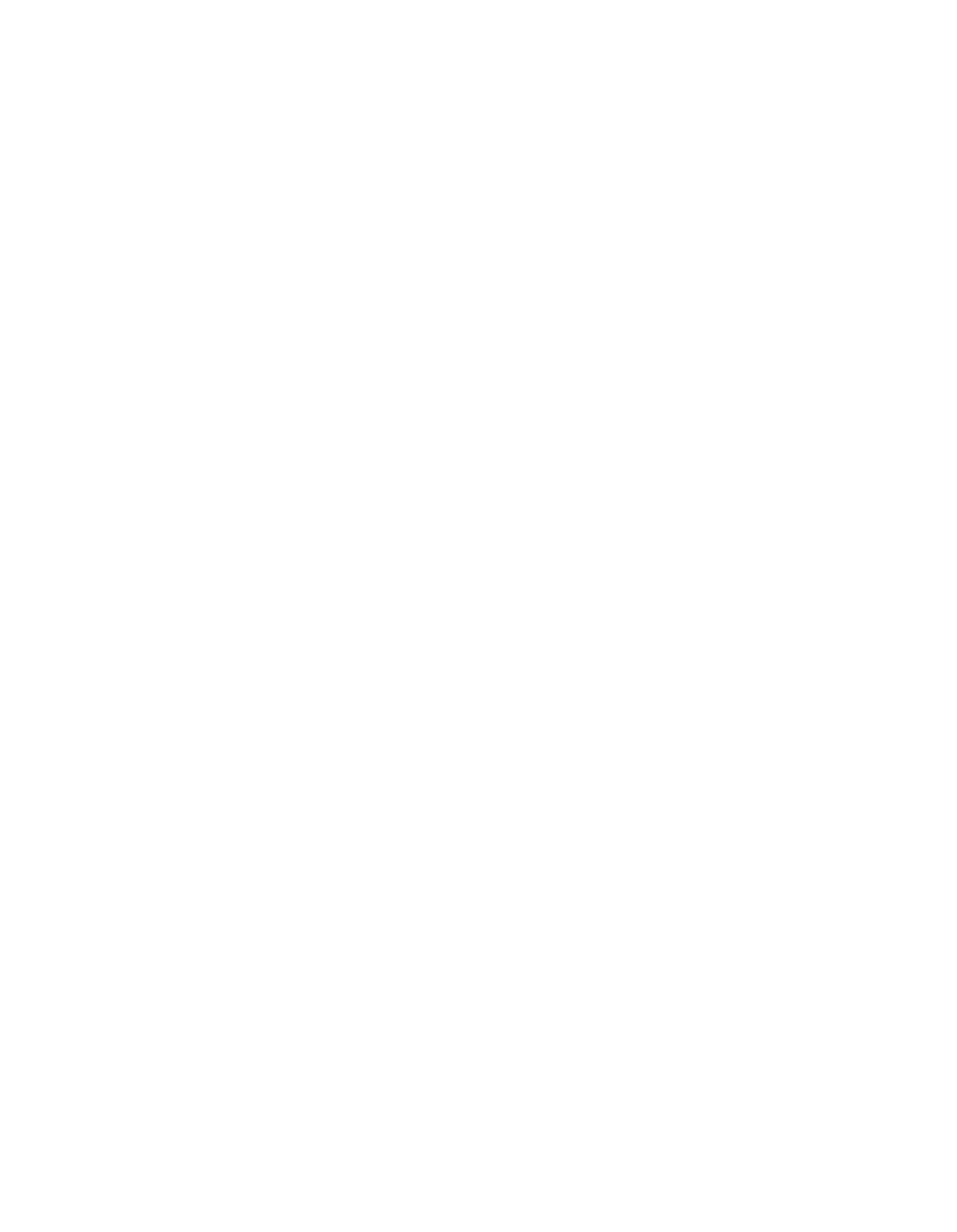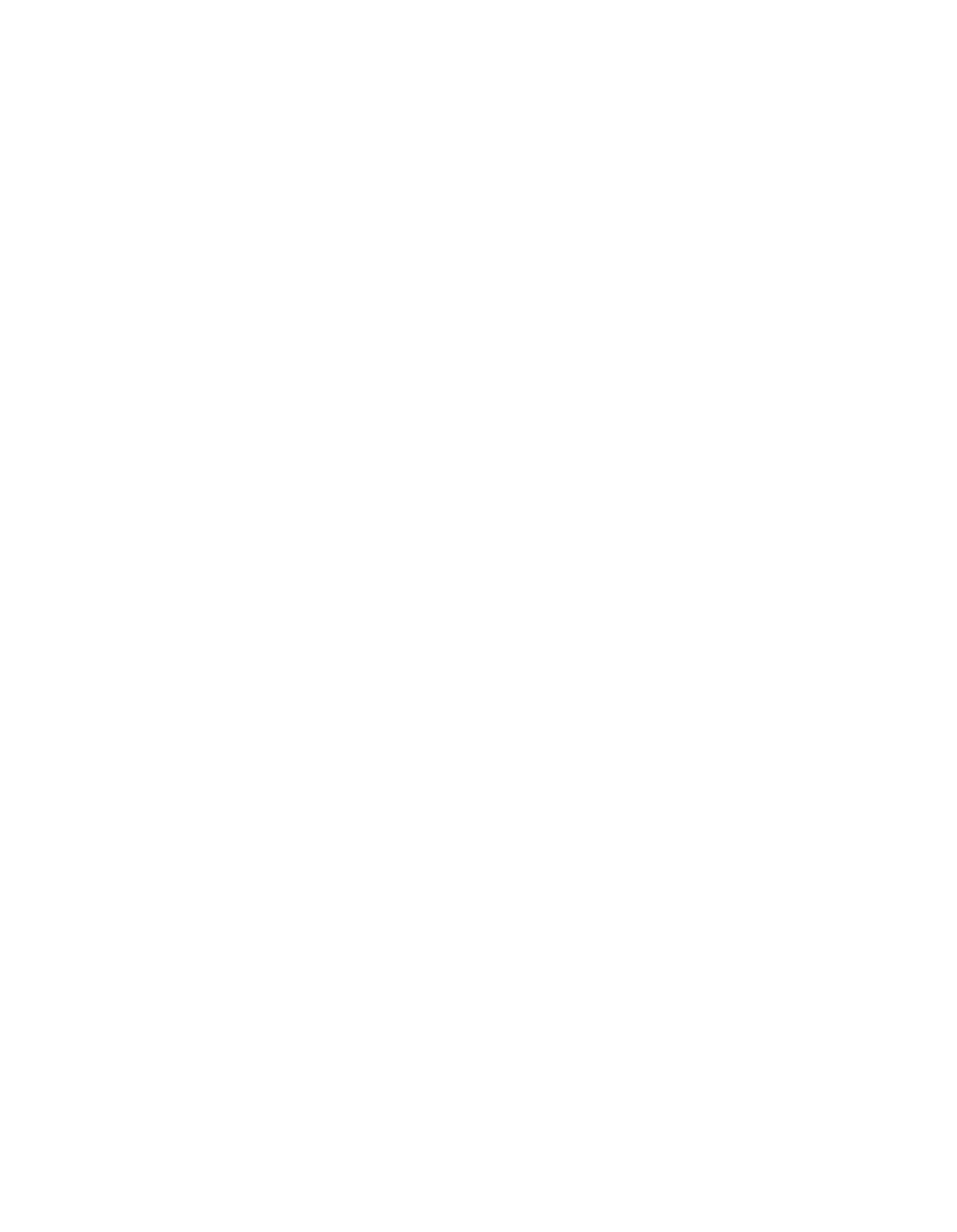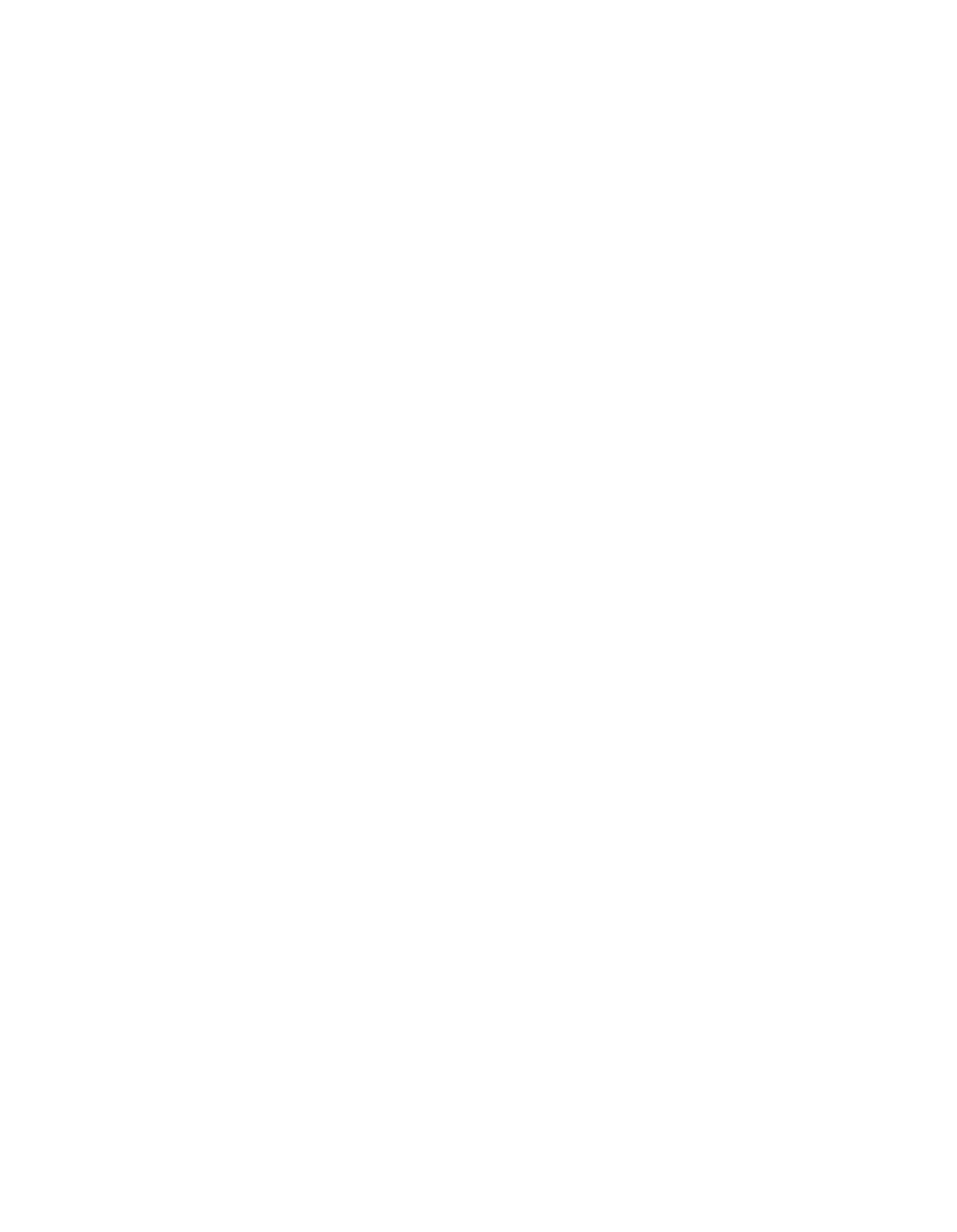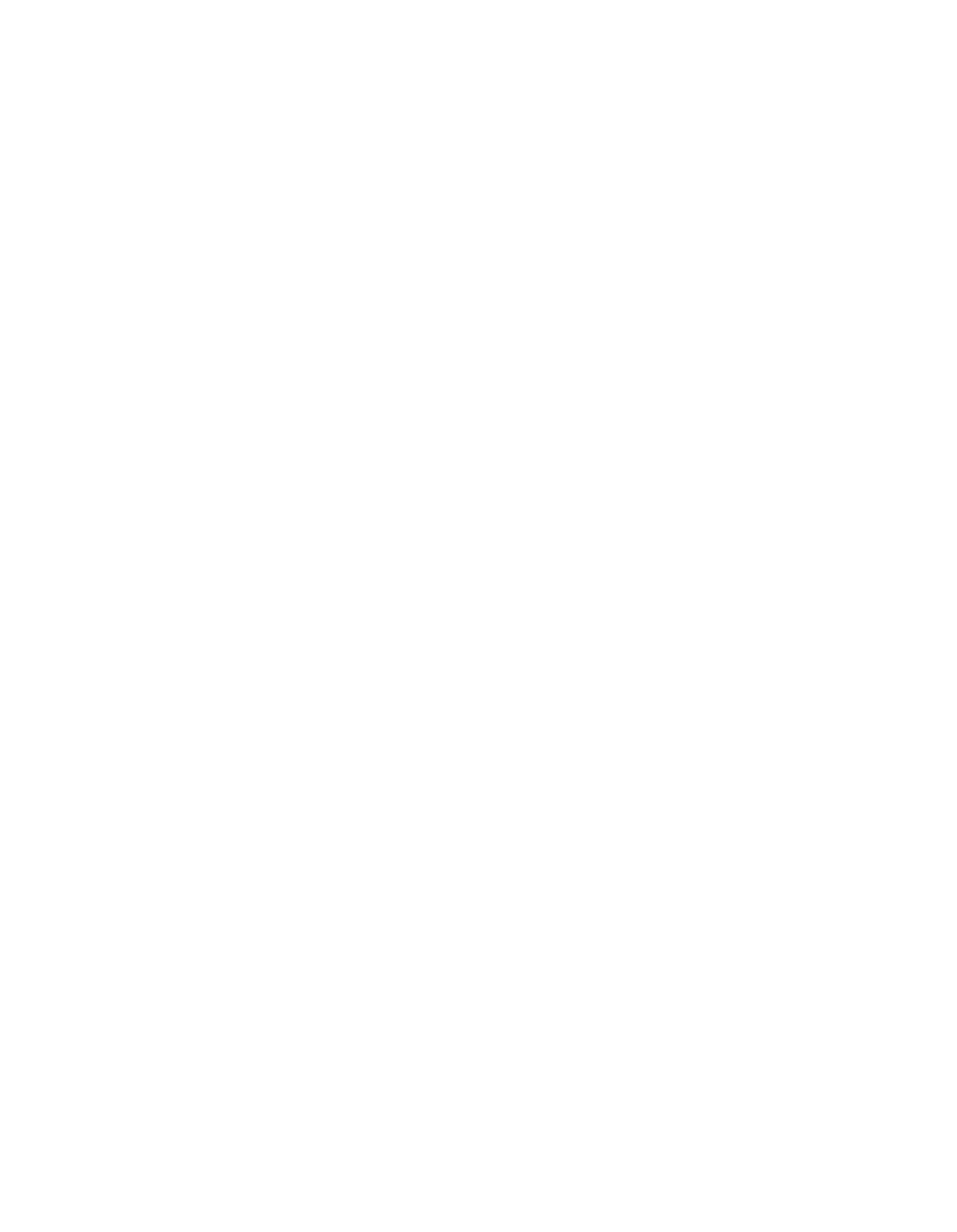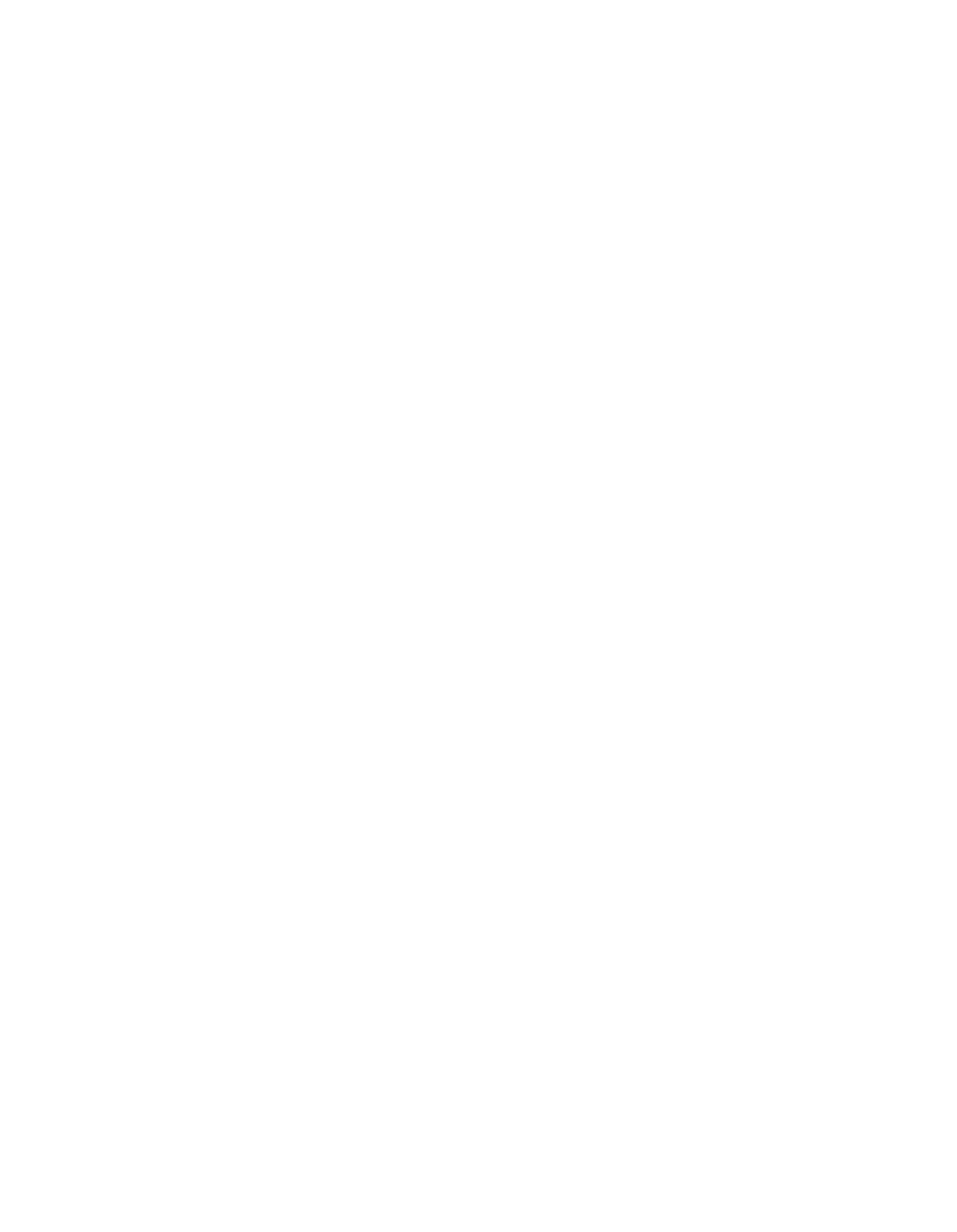ILLINOIS POLLUTION CONTROL BOARD
January
9,
1992
IN THE
MATTER OF:
)
)
UST UPDATE
)
R91-14
USEPA REGULATIONS
)
(Identical in
(1/1/91
—
6/30/91)
)
Substance
Rulemaking)
PROPOSAL FOR PUBLIC COMMENT
ORDER OF THE BOARD
(by J. Anderson):
Pursuant to Section 22.4(d)
of the Environmental Protection
Act (Act), the Board is proposing to amend the UST underground
storage tank regulations in
35
Iii. Adm. Code 731.
The Board
is
adopting a separate Opinion on this same day.
Section 22.4 of the Act governs adoption of regulations
establishing the RCRA/UST program in Illinois.
Section 22.4(d)
provides for quick adoption of regulations which are “identical
in substance” to federal regulations.
Section 22.4(d) provides
that Title VII of the Act and Section 5 of the Administrative
Procedure Act
(APA)
shall not apply.
Because this rulemaking is
not subject to Section
5 of the APA,
it is not subject to first
notice or to second notice review by the Joint Committee on
Administrative Rules
(JCAR).
The federal UST rules are found at
40 CFR 280.
This rulemaking updates Illinois’ UST rules to
correspond with the following USEPA actions, during the period
January 1 through June 30,
1991.
The complete text of the proposed rules
is attached to this
Order.
Because of its length, the text of the rules will not be
printed in the Environmental Register, and will not appear
in the
Opinion volumes.
However, the complete text will be mailed to
persons on the notice list.
The text of the Proposed rules will
also appear in the Illinois Register.
IT
IS SO ORDERED.
I, Dorothy N.
Gunn,
Clerk of the Illinois Pollution Control
Board, h~x~eby
certify that, the above Order wa~ado~ptedon the
___
day of
~
,
1992, by a vote of
(~
-,
/~_
/~~J
dorothy N. G~4~i,Cler~
Illinois Pol1)~tionControl Board
129—161
2
TITLE 35:
ENVIRONMENTAL
PROTECTION
SUBTITLE G:
WASTE DISPOSAL
CHAPTER
I:
POLLUTION CONTROL BOARD
SUBCHAPTER d:
UNDERGROUND INJECTION CONTROL
AND
UNDERGROUND
STORAGE
TANK
PROGRAMS
PART
731
UNDERGROUND
STORAGE
TANKS
SUBPART
A:
PROGRAM SCOPE
AND
INTERIM PROHIBITION
Section
731.101
Definitions and exemptions
(Repealed)
731.102
Interim prohibitions
(Repealed)
731.103
Notification Requirements
(Repealed)
731.110
Applicability
731.111
Interim Prohibition for Deferred Systems
(Repealed)
731.112
Definitions
731.113
Incorporations by Reference
731.114
Implementing Agency (Repealed)
SUBPART B:
UST SYSTEMS:
DESIGN,
CONSTRUCTION,
INSTALLATION
AND
NOTIFICATION
Section
731.120
Performance Standards for New Systems
(Repealed)
731.121
Upgrading of Existing Systems
(Repealed)
731.122
Notification Requirements
SUBPART C:
GENERAL OPERATING REQUIREMENTS
Section
731.130
Spill and Overfill Control
(Repealed)
731.131
Operation and Maintenance of Corrosion Protection
(Repealed)
731.132
Compatibility
(Repealed)
731.133
Repairs Allowed (Re~ea1ed)
731.134
Reporting and Recordkeeping
(Repealed)
SUBPART D:
RELEASE DETECTION
Section
731.140
General Requirements for all Systems
(Repealed)
731.141
Petroleum Systems (Repealed)
731.142
Hazardous Substance Systems
(Repealed)
731.143
Tanks (Repealed)
731.144
Piping (Repealed)
731.145
Recordkeeping
(Repealed)
SUBPART E:
RELEASE REPORTING, INVESTIGATION
AND
CONFIRMATION
Section
731.150
Reporting of Suspected Releases (Repealed)
731.151
Investigation due to Off-site Impacts
(Repealed)
731.152
Release Investigation and Confirmation
(Repealed)
731.153
Reporting and Cleanup of Spills and Overfills
(Repealed)
129—162
3
SUBPART
F:
RELEASE RESPONSE
AND CORRECTIVE ACTION
Section
731.160
General
Initial Response
Initial Abatement Measures and Site Check
Initial Site Characterization
Free Product Removal
Investigations for Soil and Groundwater Cleanup
Corrective Action Plan
Public Participation
SUBPART G:
OUT-OF-SERVICE SYSTEMS
AND CLOSURE
Temporary Closure
(Repealed)
Permanent Closure and Changes—in—Service (Repealed)
Assessing Site at Closure or Change-in—Service
(Repealed)
Previously Closed Systems
(Repealed)
Closure Records (Repealed)
Section
731.190
731.191
731. 192
731.193
731.194
731.195
731.196
731. 197
731. 198
731. 199
731.200
731. 202
731.203
731.204
731.205
731.206
731.
207
731.208
731.209
731.210
731.211
731.900
731.901
Appendix A
SUBPART H:
FINANCIAL RESPONSIBILITY
Applicability (Repealed)
Compliance Dates
(Repealed)
Definitions
(Repealed)
Amount and Scope of Required Financial
Responsibility
(Repealed)
Allowable Mechanisms and Combinations
(Repealed)
Financial Test of Self—insurance (Repealed)
Guarantee (Repealed)
Insurance or Risk Retention Group Coverage
(Repealed)
Surety Bond
(Repealed)
Letter of Credit
(Repealed)
UST State Fund
(Repealed)
Trust Fund
(Repealed)
Standby Trust Fund
(Repealed)
Substitution of Mechanisms (Repealed)
Cancellation or Nonrenewal by Provider
(Repealed)
Reporting (Repealed)
Recordkeeping
(Repealed)
Drawing on Financial Assurance (Repealed)
Release from Financial Assurance Requirement
(Repealed)
Bankruptcy or other Incapacity (Repealed)
Replenishment
(Repealed)
Incorporation by reference
(Repealed)
Compliance Date
(Repealed)
Notification Form
Appendix C
Statement for Shipping Tickets and Invoices
731.161
731. 162
731. 163
731.164
731.165
731.166
731. 167
Section
731.170
731. 171
731.172
731. 173
731.174
12 9—163
4
AUTHORITY:
Implementing and authorized by Ill. Rev.
Stat.
1989,
ch.
Ill 1/2, pars.
1022.4,
1022.13 and 1027 (Sections 22.4(d),
22.13(d) and 27 of the Environmental Protection Act).
SOURCE:
Adopted in R86—1 at 10 Ill. Reg.
14175,
effective August
12,
1986;
amended. inR86—28 at 11 Ill.
Reg.
6220, effective March
24,
1987;
amended in R88—27 at 13
Ill. Reg.
9519,
effective June
12,
1989;
amended in R89—4 at 13
Ill.
Reg.
15010, effective
September 12, 1989;
amended in R89—10 at
14 Ill.
Reg.
5797,
effect~i.veApril
10,
1990;
amended in R89—19 at 14 .111. keg.
9454, effective June 4,
1990; amended in R90—3 at 14
Ill. Req.
11964, effective July 10,
1990;
amended in R90—12 at 15 Ill.
Reg. 6527, effective April 22,
1991;
amended in R91—2 at 15 Ill.
Reg.
13800,
effective September 10,
1991;
amended in R91-14 at
16 Ill.
Req.
effective
NOTE:
Capitalization denotes statutory language.
SUBPART A:
PROGRAM SCOPE
AND
INTERIM PROHIBITION
Section 731.110
Applicability
a)
This Part applies to owners and operators of an
Underground Storage Tank
(UST)
system as defined in
Section 731.112 except as otherwise provided in
subsections
(b),
(c)
or
(d).
Any UCT
~3y3tcmli3tcd in
riubc3cction
(a) mu3t mcct thc rcquircmcntc
of Section
731.111.
or
(c).
b)
The following UST systems are excluded from the
requirements of this Part:
1)
Any UST system holding hazardous waste or a
mixture of such hazardous waste and other
regulated substances.
2)
Any wastewater treatment tank system that is part
of a wastewater treatment facility regulated under
Section 12(f) of the Environmental Protection Act
(Ill. Rev.
Stat.
1987,
ch.
111 1/2, par.
1012(f)).
3)
Equipment or machinery that contains regulated
substances for operational purposes such as
hydraulic lift tanks and electrical equipment
tanks.
4)
Any UST system whose capacity is 110 gallons or
less.
5)
Any UST system that contains a de minimus
129—164
5
concentration of regulated substances.
6)
Any
emergency spill or overflow containment UST
system that is expeditiously emptied after used.
c)
Deferrals.
Cubparta B,
C,
D,
E and C do Section
731.122 does not apply to any of the following types of
UST systems:
1)
Wastewater treatment tank systems;
2)
Any
UST systems containing radioactive materials
that are regulated by the Nuclear Regulatory
Commission under the Atomic Energy Act of 1954
(42
U.S.C.
2011 et seq.);
3)
Any UST system that is part of an emergency
generator system at nuclear power generation
facilities regulated by the Nuclear Regulatory
Commission under 10 CFR 50, Appendix A,
incorporated by reference in Section 731.113;
4)
Airport hydrant fuel distribution systems; and
5)
UST systems with field-constructed tanks.
d)
Dcfcrralo.
Subpart D doc~not apply to any TJCT 3yc3tcm
that 3toreo fuel oolcly for u~cby cmergcnoy power
gcncratora.
(Source:
)
Amended at
16 Ill. Reg.
,
effective
Section 731.111
Interim Prohibition for Deferred Systems
(Repealed)
I
731.110(c)
for the purpooc of otoring rcgulatcd oubotancco
unlc~3the UCT 5y~tcm(whether
conotruction):
of ~inglc or double-wall
1)
Wil
~cvcnt
rcleaae~due to corrooion
rn
r~1iirn1
failure for the operational life of the UCT oyotem,
2)
Ic cathodically protected againct corrocion,
noncorrodibic iuatcrial,
ctccl clad with
conøtruotcd of
a noncorrodibic material,
or dcoigncd in a manner to
prevent the rd cacc or threatened rclcacc of any ctorcd
~nd
3)
Ic conotructed or lincd with material that is
compatible with the 3torcd substance.
129—165
6
--
~~anding
subsection
t—,,
—~
corrosion
rn-oteoiion
maybe
installed
at
determined
by
a
corrosion
expert
not
to
be
corrosive
enough
to cause it to have a release due to corrosion during its
operating life.
Owners and operators shall maintain records
that demonstrate compliance with thc requirements of this
subsection for the remaining life of the tank.
BOARD HOTEL
NACE RP0285, incorporated by reference in
Cc9tion 7i~1.113,may be used as guidance for compliance with
this subsection.
(Source:
Repealed at 16 Ill. Reg.
,
effective
)
Section 731.112
Definitions
“Aboveground release” means any release to the surface
of the land or to surface water.
This includes, but is
not limited to, releases from the aboveground portion
of an UST system and aboveground releases associated
with overfills and transfer operations as the regulated
substance moves to or from an UST system.
“Act” means the Environmental Protection Act
(Ill. Rev.
Stat.
1987,
ch.
111 1/2, par.
1001 et seq.).
“Agency” means the Illinois Environmental Protection
Agency.
“Ancillary equipment” means any devices including, but
not limited to, such devices as piping,
fittings,
flanges, valves and pumps used to distribute, meter or
control the flow of regulated substances to and from an
UST.
“Belowground release” means any release to the
subsurface of the land and to groundwater.
This
includes, but is not limited to, releases from the
belowground portions of an underground storage tank
system and belowground releases associated with
overfills and transfer operations as the regulated
substance moves to or from an underground storage tank.
“Beneath the surface of the ground” means beneath the
ground surface or otherwise covered with earthen
materials.
“Board” means the Illinois Pollution Control Board.
“Cathodic protection”
is a technique to prc
corrosion of
a metal surface by making that
129—166
7
cathode of an clectrochcinical ccli.
For example, -a
tank system can
be cathodically protected through the
application of either galvanic anodes or impressed
current.
“Cathodic protcotion tester” mc~nsa person who can
demonstrate an understanding of the principles and
measurements of all oommon
typos
of cathodic protection
systems as applied to buried or submerged metal piping
and tank systems.
At a minimum, such persons shall
have education and experience in soil resistivity,
stray current, structure-to-soil notcntial and
component electrical isolation measurements of buried
mctai
i’’r’t~
anu tanx systems.
“CERCLA” means the Comprehensive Environmental
Response, Compensation and Liability Act of 1980,
as
amended
(42 U.S.C.
9601 et seq.)
suhstanc~e~
t,,
“CamDatiblc” means the ability of two or more
iaainta±
chemical propcrtit~
III
LL’L...L~
respective physical
irnon
~nnt~r~t
tzit~h
nnr’~~inothr’r
and
for
lhr’ r~r’~i~rrri
1
fr
r~i- i-n,-’
-i-rir
in the UCT.
r
~—iyrttrm
nr~r’r
condi~~
juic1~~’bc~
“Connected piping” means all underground piping
including valves,
elbows,
joints, flanges and flexible
connectors attached to a tank system through which
regulated substances flow.
For the purpose of
determining how much piping is connected to any
individual UST system, the piping that joins two UST
systems must be allocated equally between them.
“Consumptive use” with respect to heating oil means
consumed on the premises.
“Corrosion expert” means a person who,
by reason of
thorough knowledge of the physical sciences and the
principles of engineering and mathematics acquired by a
professional education and related practical
experience,
is qualified to engage in the practice of
corrosion control on buried or submerged metal piping
systems and metal tanks.
Such a person shall be
accredited or certified as being qualified by the
National Association of Corrosion Engineers or be ~a
registered professional engineer who has certification
or licensing that includes eduoation and experience in
corrosion control of buried or submcracd metal
~
metal
tanks.
“Dielectric material” means a material that does not
conduct direct electrical current.
Dielectric coatinqs
129—167
8
are used to electrically isolate UST systems from the
surrounding soils.
Dielectric bushings are used to
electrically isolate portions of the UST system
(e.g.,
tank from piping).
“Electrical equipment” means underground equipment that
contains dielectric fluid that is necessary for the
operation of equipment such as transformers and buried
electrical cable.
“ESDA” means the Illinois Eme~rgencyServices and
Disaster Agency.
“Excavation zone” means the volume containing the tank
system and backfill material, bounded by the ground
surface, wall and floor of the pit and trenches into
which the UST system is placed at the time of
installation.
“Exj~tinatank system” moans a
tank
system usea co
contain an acouinuia’cion
01
r1m~In~-v-rI
suoscanoes or for
which installation has commenced on or before December
22,
1988.
Installation is considered to have commenced
if:
The owner or operator has obtained all federal,
state and local approvals or permits necessary to
begin physical construction of the site or
installation of the tank system;
And,
if either:
A continuous on—site physical construction or
installation program has begun; or,
The
owner
or operator has entered into
contractural obligations, which cannot be
cancelled or modified without substantial
loss,
for physical construction at the site
or installation of the tank
~votom
to h~
lctcd within a rcasonaQie
“Farm tank”
is a tank located on a tract of land
devoted to the production of crops or raising animals,
including fish,
and associated residences and
improvements.
A farm tank must be located on the farm
property.
“Farm” includes fish hatcheries, rangeland
and nurseries with growing operations.
“Fire Marshal” means the Office of the State Fire
Marshal.
129—168
9
“Flow—through process tank”
is a tank that forms an
integral part of a production process through which
there is a steady, variable, recurring or intermittent
flow of materials during the operation .of the process.
Flow—through process tanks do not include tanks used
for the storage of materials prior to their
introduction into the production process or for the
storage of finished products or by—products from the
production process.
“Free product” refers to a regulated substance that is
present as a nonaqueous liquid phase
(e.g.,
liquid not
dissolved in water.)
“Gasoline Storage Act” means ~i~n
twc
xo
tteguiacc
inc
Storage,
Transportation,
Sale And Usc Of Casoline And
Volatile Oils”, as ammendcd
(Ill.
Rev.
Stat. l98~, ch.
127 1/2,
par.
151 et seq.) as amended by P.A. 87—323.
“Gathering lines” means any pipeline, equipment,
facility or building used in the transportation of oil
or gas during oil or gas production or gathering
operations.
“Hazardous substance” means any substance listed in 40
CFR 302.4,
incorporated by reference in Section 731.113
(but not including any substance regulated as a
hazardous waste under 35 Ill. Adm. Code 721).
BOARD NOTE:
This definition is derived from the
definition of “hazardous substance UST system”
in 40
CFR 280.12,
as adopted at 53 Fed. Reg.
37194,
September
23,
1988, and “hazardous substance”
in Section 101(14)
of CERCLA.
The United States Environmental Protection
Agency
(USEPA) regulations which implement the statutes
cited in CERCLA have been inserted in place of the
authorizing statutes.
“Hazardous substance UST system” means an underground
storage tank system that contains a “hazardous
substance”,
or any mixture of “hazardous substances”
and “petroleum” which is not a “petroleum UST system”.
BOARD NOTE:
This definition is derived from the
corresponding definition in 40 CFR 280.12, as adopted
at 53 Fed. Reg.
37194, September 23,
1988,
inserting
terms defined elsewhere in this Section.
“Heating oil” means petroleum that is No.
1, No.
2, No.
4--light, No.
4--heavy, No.
5--light, No. 5--heavy or
No.
6 technical grades of fuel oil; other residual fuel
oils
(including Navy Special Fuel Oil and Bunker C): or
129—169
10
other fuels when used as substitutes for one of these
fuel oils.
Heating oil is typically used in the
operation of heating equipment, boilers or furnaces.
“Hydraulic lift tank” means a tank holding hydraulic
fluid for a closed—loop mechanical system that uses
compressed air or hydraulic fluid to operate lifts,
elevator and other similar devices.
~.LmDiemen1-1~n~cncy”. Coo Section 731.114.
“Liquid trap” means sumps, well cellars and other traps
used in association with oil and gas production,
gathering, and extraction operations
(including gas
production plants),
for the purpose of collecting oil,
water and other liquid.
These liquid traps may
temporarily
collect
liquids
for
subsequent
disposition
for reinjection into a production or pipeline stream,
or may collect and separate liquids from gas stream.
“Maintenance”
means
.ue
normal
orcrpt
t~rpvcnt an
unr1r~rriround
~tor~rn’
tank system from
rn1t’~i~inrf~‘~oauct.
“Motor fuel” means petroleum or a petroleum—based
substance that is motor gasoline, aviation gasoline,
No.
1 or No.
2 diesel fuel or any grade of gasohol,
and
is typically used in the operation of a motor engine.
“New tank system” means a tanJ~system that will be used
to contain an accumulation of regulated substances and
for which installation has commenced after December 22,
1988.
(See also “Existing Tank System.”)
“Noncommercial purposes” with respect to motor fuel
means not for resale.
“On the premises where stored” with respect to heating
oil means UST systems located on the same property
where the stored heating oil is used.
“Operational
life”
refers
to
the
period
beginning
when
installation
of
the
tank
system
has
commenced
until
the
time the tank system is properly closed under Subpart
“Operator”
means
any
person
in
control
of,
or
having
responsibility for, the daily operation of the UST
system.
“Overfill release”
is a release that occurs when a tank
is filled beyon’d its capacity, resulting in a discharge
129—170
11
of the regulated substance to the environment.
“Owner”
means:
In
the
case
of
an
UST
system
in
use
on November 8,
1984,
or
brought
into
use
after
that
date,
any
person
who
owns
an
UST
system
used
for
storage,
use
or
dispensing
of
regulated
substances;
and
In
the
case
of
any
UST
system
in
use
before
November
8,
1984,
but
no
longer
in
use
on
that
date,
any
person
who
owned
such
UST
immediately
before the discontinuation of its use.
“Person” means an individual,
trust,
firm,
joint stock
company,
federal agency, corporation,
state, unit of
local government, commission, political subdivision of
a state or any interstate body.
Person, also includes
,a consortium,
a joint venture,
a commercial entity and
the United States Government.
“Petroleum” means crude oil or any fraction thereof
which is liquid at standard conditions of temperature
and pressure
(60 degrees Fahrenheit and 14.7 pounds per
square inch absolute).
The term “petroleum” includes,
but is not limited to, petroleum and petroleum-based
substances comprising a complex blend of hydrocarbons
derived from crude oil through processes of separation,
conversion, upgrading and finishing,
such as motor
fuels,
jet fuels, distillate fuel oils,
residual fuel
oils,
lubricants, petroleum solvents and used oils.
BOARD
NOTE:
This definition
is derived from the
definitions of “petroleum UST system” and “regulated
substance”
in 40 CFR 280.12,
as adopted at 53
Fed. Reg.
37194, September 23,
1988.
“Petroleum UST system” means an underground storage
tank system that contains petroleum or a mixture of
“petroleum” with de minimus quantities of other
“regulated substances”.
BOARD NOTE:
This definition is derived from the
corresponding definition in 40 CFR 280.12,
as adopted
at 53 Fed. Reg.
37194,
September 23,
1988,
inserting
terms defined elsewhere in this Section.
“Pipe” or “Piping” means a hollow cylinder or tabular
conduit that is constructed of non—earthern materials.
“Pipeline facilities
(including gathering lines)” are
new and existing pipe rights-of—way and any associated
129—17 1
12
equipment,
facilities
or
buildings.
“Regulated
substance”
means
any
“hazardous
substance”
or
“petroleum”.
BOARD
NOTE:
This definition is derived from the
corresponding
definition
in
40
CFR
280.12,
as
adopted
at 53
Fed.
Reg.
37194, September 23,
1988,
inserting
terms defined elsewhere in this Section.
“Release” means any spilling, leaking, emitting,
discharging, escaping,
leaching or disposing from an
UST into groundwater, surface water or subsurface
soils.
“Release
detection”
moans
determining
whether
a
release
of
a
regulated
substance
has
occurred
from
the
UCT
system into the environment or into the interstitial
space between the UCT system and its secondary barrier
or secondary containment around it.
“Repair” means to restore a tank or UCT system
component that has caused a release of
product
from
the
TTP.’P
~i’m..
“Residential
tank”
is
a
tank
located
on
property
used
primarily
for
dwelling
purposes.
“Septic tank”
is a water—tight covered receptacle
designed to receive or process, through liquid
separation or biological digestion, the sewage
discharged from a building sewer.
The effluent from
such receptacle is distributed for disposal through the
soil
and
settled
soilds
and
scum
from
the
tank
are
pumped out periodically and hauled to a treatment
facility.
“Storm water or wastewater collection system” means
piping, pumps, conduits and any other equipment
necessary to collect and transport the flow of surface
water run—off resulting from precipitation, or
domestic, commercial or industrial wastewater to and
from
retention
areas
or any areas where treatment is
designated to occur.
The collection of storm water and
wastewater does not include treatment except where
incidental to conveyance.
“Surface
impoundment”
is
a
natural
topographic
depression,
man—made
excavation,
or diked area formed
primarily of earthern materials (although it may be
lined with man—made materials) that is not an injection
well.
129—172
13
“Tank” is a stationary device designed to contain an
accumulation of regulated substances and constructed of
non—earthern materials
(e.g.,
concrete,
steel,
plastic)
that provide structural support.
“Underground area” means an underground room,
such as
a
basement,
cellar,
shaft or vault, providing enough
space for physical inspection of the exterior of the
tank situated on or above the surface of the floor.
“Underground release” means any below—ground release.
“Underground
storage
tank”
or
“UST”
means
any
one
or
combination of tanks
(including underground pipes
connected thereto) which is used to contain an
accumulation of regulated substances,
and the volume of
which (including the volume of the underground pipes
connected thereto)
is ten per centum or more beneath
the surface of the ground.
Such term does not include
any:
Farm or residential tank of 1,100 gallons or less
capacity used for storing motor fuel ~or
noncommercial purposes.
Tank used for storing heating oil for consumptive
use on the premises where stored.
Septic tank.
Pipeline facility
(including gathering lines)
regulated under:
The Natural Gas Pipeline Safety Act of 1968
(49 U.S.C.A.
1671 et seq.
(1987 and 1987
Supp.)), or
The Hazardous Liquid Pipeline Safety Act of
1979
(49 U.S.C.A. 2001 et seq.
(1987)),
or
The Illinois Gas Pipeline Safety Act (Ill.
Rev. Stat.
1987,
ch.
111 2/3, pars.
551 et
seq.).
Surface impoundment, pit, pond or lagoon.
Storm-water or wastewater collection system.
Flow—through process tank.
Liquid trap or associated gathering lines directly
related to oil or gas production and gathering
129—173
14
operations.
Or,
Storage
tank
situated
in
an
underground
area
(such
as a basement, cellar, mineworking, drift,
shaft
or tunnel)
if the storage tank is situated upon or
above the surface of the floor.
The term “underground storage tank” does not include
any pipes connected any tank which is described in the
above subparagraphs.
“Upgrade”
the
addition
or
retrofit
of
some
~
~
~thing
spill
systems
such
uu
UUL.UUUIU
pLULt~UE~
III
I
I
and
overfill
controls
to
improve
tue
aiiiicy oi an
‘“~-—around
storage
tank
system
to
prevent
the
release
of
product.
“USEPA” means United States Environmental Protection
Agency.
“UST
system”
or
“Tank
system”
means
an
underground
storage
tank,
connected
underground
piping,
underground
ancillary equipment,
and containment system,
if any.
“Wastewater treatment tank” means a tank that is
designed to receive and treat an influent wastewater
through physical, chemical or biological methods.
(Source:
Amended at
16 Ill. Reg.
,
effective
).
Section 731.113
Incorporations by Reference
a)
The following publications arc incorporated by
refercncei
ACT.
Available from the Association for Composite
Thnkr~, 108
N.
State
Ct., Suite 720,
Chio~c’o. IL
tu~u~,~iuuj
itu—2lust
ACT-laO/CC,
“Specification for the
Fabrication of FRP Clad/Composite Undc~rground
Storage Tanks”, revised March
16, 1988
ANSI.
Available from the American National
Ctandarda Institute,
1430 Broadway,
Nr~wYork.
H~w
York
10018,
(212)
354—3300:
Ccc ACME.
Institute,
1220 L Street,
N.W.,
Washington,
D.C.
129—174
15
20005,
(202)
~
API
Recommended Practice 1604,
“Removal and
Disposal, of Used Undcrground Petroleum
Storage Tanks”,
Second Edition, December,
1987
API
Recommended Practice 1615,
“Installation
of Underground Petroleum Storage Systems”,
Fourth Edition,
November,
1987
API
Recommended Practice 1621,
“Bulk Liquid
Stock Control at Retail Outlets”, Fourth
Edition,
December,
1987
API Recommended Practice 1626,
“Storing and
Handling Ethanol and Casolinc-Ethanol Blends
at Distribution Terminals and Service
Stations”, First Edition, April,
1085
API Recommended Practice 1627,
“Storage and
Handling of Casolino-Mcthanol/Cosolvcnt
Blends at Distribution Terminals and Service
Stations”,
First Edition, August,
1986
API Recommended Practice 1631,
“Interior
Lining of Undcrarnund
f~tor~rso
Tanks”,
Cor~nnii
Edition, ucoemDcr,
.I.~nj,
API Recommended Practice 1632, “C~thodio
Tanks
and
Piping
December,
1987
Systems”,
Second
Edition,
2015,
“Cleaning Petroleum
API Publication
Storage Tanks”, Third Edition,
September,
1985
-~
Liquif~.
4
ACNE.
Available from.
Mechanical Engineers,
York,
NY
10017,
(212)
the American
345 East 47th
705—7722s
Society
Street,
of
New
“Chemical Plant and Petrol~...
Piping”, ACME/ANSI B31.3
-
1987,
as
supplemented
by
B31.3a
-
1988 and B31.3b
-
1988.
Also
available from
ANSI.
lIT
~
Transportation Systems for
129—175
--~
I~ILJkU2~1LIQfl
~200,
“Repairing
Crude
Oil,
i
r—uI
i
,-‘,—‘r-r’,
,
r’,llm
-
r~nri
Prndnr~t
Edition, April,
1983
16
Hydrocarbons, Liquid Petroleum Cas, Anhydrous
Ammonia,
and Alcohols”, ACME/ANSI B31.4
-
1986,
as
supplemented,
by
B31.4a
-
1087.
Also
1~h1r’
from
MJF~T..
ACTH.
Available from American Society for Testing-
and Materials,
1916 Race Street, Philadelphia, PA
19103,
(215)
299—54OO~
ACTII D4021-86,
“Standard Specification for
Class-Fiber-Reinforced
Polyester.
Underground
Petroleum
Storage
Tanks”,
approved
July
25,
1986.
NACE.
Available
from
the
National
Association
of
Corrosion
Engineers,
1400
South
Creek
Dr.,
Houston,
TX
77084,
(713)
492-0535:
NACE
Ctandard
Recommended
Practice
RPO16O-83,
“Control
of
External
Corrosion
on
Underground
or
Submerged
Metallic
Piping
Systems”,
Revised
January,
1983
NACE Ctandard
rtccommcndcd Practice RP0285-85,
“Control
of
External
Corrosion
on
Metallic
Buried, Partially Buried, or Submerged Liquid
Storage
Cystems”,
Approved
March,
1935
NFPA.
Available
from
the
National
Fire
Protection
Association, Battcrymarch
Park,
Boston,
MA
02269,
(617)
770—3000 or
(800)
344—3555:
NFPA 30,
“Flammable and Combustible Liquids
Code”,
issued
July
17,
1987.
Also
available
from
ANSI.
NFPA 385,
“Tank Vehicles for Flammable and
Combustible
Liquids”,
issued
December 7,
1984.
Also available from
ANSI.
NIOCH.
Available from the National Institute for
Occupational
Cafcty
and
Health,
Publications
Office,
4676 Columbia Parkway, Cincinnati, OH
45226
(.513)
533—8287:
:ccmber, 1979
Equipment Insti
1
?VT7
...
~7A
1
fli
0.1
PEI/RP100—C7,
129—176
.2
~.._
rn,-,
NIOCI! Publication No.
80-106, “Criteria for a
Recommended Standard
-
Working in a Confin~
17
~
Underground Liquid Storage
Systems”
,
1987 Edition
CTI.
Available from the
Steel
Tank
Institute,
728
Anthony
Trail,
Northbrook,
IL
60062,
(312)
498-
1980:
CTI-P3, “Specification and Manual for
External Corrosion Protection of Underground
Steel
Storage
Tanks”,
effective
May
1,
1987.
CTI,
“Standard
for
Dual
Wall
Underground
Steel
Storage
Tanks”
(1086).
UL.
Underwriters Laboratories,
Inc.,
Publications
Stock,
333
Pfingstcn
Road,
.Northbrook,
IL
60062-
2096
.
312/
272—8800,
extension
2612
or
2622:
UL 58
-
1985,
“Standard for Steel
Underground
Tanks
for Flammable and
Combustible Liquids”, Eighth Edition, April
15,
1986.
Also available from ANSI.
UL 567
-
1983,
“Standard for Pipe Connectors
for
Flammable
‘and
Combustible
Liquids
and
LP-
Cas”,
Fifth Edition, March 12,
1084,
as
revised September 30,
1085.
Also available
from
ANSI.
UL 1316,
“Standard for Class-Fiber-Reinforced
Plastic Underground Storage
Tanks for
Petroleum Products”, First Edition, July
1,
1983,
as
revised
April
29,
1986
and
March
3,
1987
UL Canada.
Underwriters’ Laboratories of Canada,
7 Crousc Rd., Scarborough,
Ontario
MiR
3A0
CANADA,
416/ 757—3611.
UL
Canada
Standard
CAN4-C603-M85,
“Standard
for
Ctccl
Underground
Tanks
for Flammable and
Combustible
Liquids”,
First
Edition,
June,
1985.
UL
Canada
Standard
CAN4-C603.l-M85,
“Standard
for
Calvanic
Corrosion
Protection
Systems
for
Ctcel
Underground
Tanks
for
Flammable
and
Combustible Liquids”,
First Edition, June,
1985.
UL Canada Standard CAN4-C615-M83,
“Standard
.for
Reinforced
Plastic
Underground
Tanks
for
129—17
7
18
Petroleum Products”,
First Edition,
February,
1983.
UL
Canada Standard
CAN4-z~b3l-H84,
“Standard
for
Isolating
Bushings
for
Steel
Underground
Tanks
Protested
with
Coatings
and
Calvania
Systems”,
First
Edition,
May,
1984.
UL
Canada
Ctandard
CAN4-C633-M84,
“Flexible
Underground
iluOC
Connectors
for
Flammable
an
Combustible
Liquids”,
First
Edition,
June,
1984.
UI.
Canada
Subject
C1O7C-N1984,
“Cuidc
for
l...Lass
r’iDrc
fleintoracu
iiastic
iipe ana
.amxna..~......_.
~
,
First
Edition,
June,
1984.
b)-~j~
CFR
(Code
of
Federal
Regulations).
Available from the
Superintendent
of
Documents,
U.S.
Government
Printing
Office,
Washington,
D.C.
20401,
(202)
783—3238:
10
CFR
50,
Appendix
A
(1990)
40
CFR
280.3
(1987)
(repealed September 23,
1988)
40
CFR
302.4,
302.5
and
302.6
(1990) (1991)
40
CFI1 355.40
(1000)
e~~jThis Section incorporates no later editions or
amendments.
(Source:
Amended at 16 Ill. Reg.
,
effective
)
Section
731.114
Implementing Agency (Repealed)
a)
The implementing agency is the Fire Marshal or the
Agency,
as
specified
in
this
Part.
b)
Cenerally
the
Agency
is
the
implementing
agency
for
a.
~
bj.iV
~
Lfli
a#1J’~fl~.aawa~’~a.a
~
Marshal
is
the
implementing
agency
for
all
oth
aspects
ot
eno
~°‘“‘~“-~-
(Source:
Repealed
at
16
Ill.
Reg.
,
effective
)
SUBPART B:
UST SYSTEMS:
DESIGN,
CONSTRUCTION. INSTALLATION
AND NOTIFICATION
129—178
Performance Standards for New Systems
(Repealed)
In order to prevent releases duc to structural failure, corrosion
or spills and overfills for as long as the UCT system is used to
store
regulated
substances,
owncrs
and
operators
of
new
systems shall moot the following requirements.
UST
acsiancd
and
constructed-
~‘.-
-~
propcrly’~
..~ontains~
___
rroauct
—---I-
The
.~.am..
plastic;
or
BOARD NOTE:
The following industry codes,
incorporated
by reference in Section 731.113, may bc used to comply
with
this
subsection:
UL
1316;
UL
Canada
Standard
CAN4-C615,
or AF~’TM
D~,Q’1.
tank
is
ed of steel and cathodically
protected
in
the
following
manner:
material
B)
Field-installed cathodic protection systems arc
designed
by
a corrosion expcrtl
C)
Impressed current systems are designed to allow
determination of current operating status as
r~~-~ui’r-ca
in ~cction
iii.
13li~c);
D)
Cathodic protection systems arc operated and
maintained
in accordance with Section 731.131; or
BOARD NOTE:
The following codes and standards,
incorporated by
~
-
..n
Cccti~.
731.113,
xn..2
2
—
—
.
ton
r
nn
-
UL 1746; ULCanzida Standard CAN4-C603,CAN4-C603.1
and
CAN4-6631; NACE RP0285 or UL
58.
__,
__e
—
—
—
~_
1
BOARD
NOTE:
The following industry codes,
incorporated
by
reference
in
Section
731.113,
may
be
used
to
comply
with
this
subsection:
UL
1746
or
ACT—lOp.
4)
The tank
i
structcd of metal without additi
129—17 9
Section 731.120
19
a)
Tanks.
Each
tank
muse
1)
and
any
porti~.
unaergrouna
must
be
protected
from
aorrosluzi,
in
~ocoraanu~
w-.-
of
practice
developed
by
a
nationally
recognized
~i~oui~ution
or indcpcndcnt testing laboratory as specified below:
--
constructed
of
fiberglass-reinforced
A)
The
tank
is
installed
at
a
site
that
is
determined
by
a
corrosion
expert
not
to
be
corrosive
enough
to
cause
it
to
have
a
release
due
to
corrosion
during
its
operating
life;
and
tank.
tore
maintain
records
that
liancc
with
the
requirements
of
(a)(4)(A)
f~
b)
Piping.
The
piping
that
routinely
contains
regulated
~~anccs
and
is
in
contact
with
th
‘~
.r—~.—r—~~~J
~——~‘~
..
in
accordance
with
a
code
of
practice
developed
by
a
nationally recognized association or independent
testing
laboratory
as
specified
below:
The
following
,
-..—J
——
used
to
comply
with
this
subsection:
UL
567;
UL
Canada
Subject
C1O7C;
UL Canada Ctandard CAN4-C633.
—I
:
in the following
d cathodically
A)
The piping is coated with a suitable dielectric
material;
B)
Field-installed cathodic protection systems arc
designed
by
a
corrosion
expert;
C)
anea
,---
des4,.
to
all.....
determination
of
current
operating
a........us
as
required in Section 731.131(c).
D)
Cathodic
protection
systems
are
operated
and
maintained in accordance with Ccction 731.1~1;or
BOARD
NOTE:
The
following
codes
and
standards,
incorporated
by
reference
in
Section
731.113,
may
be used to comply with this subsection:
NFPA 30;
API
Recommended Practice 1615;
API Recommended
m1~
129—180
ed
of
metal
witI~
additional
20
— -~
-
a-
43
The
pipi..~, 4...
plastic;
or
constructed
of
fiberglass—reinforcing
—
-~
__s_
— —
21
A)
The
piping
is
determined
by
a
corrosi...
expert
to
not
be
corrosive enough to cause it to have a release Uuc
to
corrosion
during
its
operating
life;
and
B)
Owners
and
operators
maintain
records
that
demonstrate compliance with the requirements of
subsection
(b) (3) (A)
for
the
remaining
life
of
the
piping;
or
BOARD NOTE:
NFPA 30
and
MACE
11P0169,
incorporated
by
reference
in
Section
731.113,
may
be
used
to
comply
with
this
subsection.
a)
Spill
ens
ovorrii.i.
r~revcne1on equipment.
1)
Except as provided in subsection
(c)(2), to prevent
spilling and ovcrfilling associated with !~rntiuct
transfer
to
the
UCT
system,
owners
ens
operators
shall
use the following spill and overfill prevention
equipment:
A)
Spill prevention equipment that will prevent
release of product to the environment when the
transfer
hose
is
detached
from
the
fill
pipe
(for
example,
a
spill
catchmcnt
basin);
and
~)
Ovcrf iii.
~~revcneion
eaui~mene enac
wiii:
i)
Automatically shut off flow into the tank
when the tank is no more than
95 r~r~rccnt
full;
or
ii)
Alert the
transfer
operator
when
the
tank
is
no
more
than
00 percent full by restricting
the
flow
into
the
tank
or
triggering
a
high-level alarm.
.~)
Owners
and
opcrutors
are
not
required
to
usc
the
spill
and and overfill prevention equipment specified in
subsection
(a)
(1)
if:
The
UCT
system
is filled by
transfers
of
no
more
than
25
gallons
at
one
time.
d)
Installation.
All
tanks
and
piping
must
be
properly
installed
in
accordance with a codc of
practice
developed
by
a nationally recognized association or independent testing
laboratory
and
in
accordance
with
the
manufacturer’s
instructions.
BOARD
NOTE:
Tank
end
piping
system
installation
practices
and
procedures
described
in
the
following
codes,
incorporated by reference in Section 731.113, may be used to
129—181
22
Recommended
Practice
1615;
rEI/RP100,
or
ANSI/ACME
B31. 3 and
B31.4.
shall
cnsur
certificati.....,
~
that
one
or
more
of
the
following
...nspcOta.ui.
...~
usca
to
aemon~tratc
compii~nuc
~
SUbOCUL.ion
(d)
by
providing
a
certification
of
compliance
on
the
UCT
notification
form
in
accordance
with
Section
731.122.
1)
The
installer
has
been
certified
by
the
tank
and
piping
manufacturers;
or
2)
The installer has been certified or licensed by the
Firc Harshal; or
3)
The installation has been inspected and certified by a
registered professional engineer with education and
experience in UCT system installation; or
4).
The
installation
has
been
inspected and approved by the
P
re
Mn-~~h~i
1
or
5)
All
work
listed
in
the
manufacturer’s
installation
checklists
has
been
completed.
(Source:
Repealed
at
16
Ill.
Reg.
,
effective
Section 731.121
a)
Alternatives allowed.
Not
later
than
December
2 2,
1908,
all
existing
UCT systems must comply with one of the following
requirements:
1)
New UCT system performance standards under Cection
731.120;
I’rn~’
The
...ding
.
(a);
or
—,
applicable requir
Luboart
F.
der
Subpart
C,
including
~
~
b)
Tank
upgrading
requirements.
Ctcel
tanks
must
be
upgraded
to
meet
one
of
the
following
requirements
in
accordance
with
a
code
of
practice
developed
by
a
nationally
recognized
association
or
independent
testing
laboratory:
1)
Interior lining.
A tank may be upgraded by internal
129—182
Upgrading of Existing Systems
(Repealed)
2)
subsections
(b)
through
lining
ifs
A)
The lining is installed in accordance with the
requirements of Ceotion 731.133, and
B)
Within 10 years after lining, and every
5 years
thereafter,
the lined tank. is internally inspected
and found to be structurally sound with the lining
still ~~~ing
in accordance with original
design specifications.
1~
_~__,
t____
~.1
;~
Of
Ccctlon
731.120(a)
(2)
(B),(C)
and
(D)
and
the
integrity of the tank
is
ensured
using
of the following methods:
one
A)
The tank is internally inspected and assessed to
ennure that the tank is structurally sound and
free of corrosion holes prior to installing the
cathodic protection system;
or
B)
The tank has been installed for less than 10 years
and is monitored monthly for releases in
accordance with Section 731.143(d) through
(h); or
C)
The
tank
has
been
.4
installed for less
th.....
4~O-
.....~....
and
for
.......a.a.............n holes by conducting
two
(2) tightness tests that meet the requirements
of Section 731.143(c).
The first tightness test
must
be conducted prior to installing the cathodic
protection system.
The second tightness test must
be
conducted
between
three
(3)
and six
(6) months
foflrn~ina
the
fir~t
nner~tion
of
the
e~thn~ie
BOARD
NOTE:
The following codes and standards,
incorporated by reference in Section 731.113, may
be used to comply with this Section:
API
Recommended Practice 1631; MACE RP.0285 and, API
Recommended Practice
16~2.
129—183
23
3)-
1
1 I
~
..I
.L_’_
~
—
upgraded
by
both
internal
~
•
t.a.
.._..
~
a.
The lining
is ~
B)
The cathodic protection system meets the
‘cauiremento
of
Cection
731..120(a)(2)(B),
(C)
and
24
routinely
conta..no rcguiatcu suostances and
is in contact with the
ground must be cathodially protected in accordance with a
code of practice developed by a nationally recognized
association or independent testing laboratory and must meet
the requirements of Ccction 731.120(h)(2)’(B),
(C) and
(D).
BOARD NOTE:
The codes and standards listed in the note
following Section 731.120(b) (2) may be used to comply with
thin rernii~rcmcnt.
d)
Spill and overfill prevention equipment.
To prevent
spilling and overfilling associated with product transfer to
the .UST system, all existing UCT systems must comply with
new UCT system spill and overfill prevention eguipmen~
requirements specified in Section 731.120(c).
(Source:
Repealed at 16 Ill. Reg.
,
effective
)
Section 731.122
Notification Requirements
a)
Any owner who brings an underground storage tank system
into use after May 8,
1986,
shall within 30 days of
bringing such tank into use, submit,
in the form
prescribed in Appendix A,
a notice of existence of such
tank system to the Fire Marshal.
BOARD NOTE:
Owners .and operators of UST systems that
were in the ground on or after May 8,
1986,
unless
taken out of operation on or before January
1,
1974,
were required to notify the Fire Marshal in accordance
with RCRA and 40 CFR 280.3
(1987), unless notice was
given pursuant to 40 CFR 302.6,
incorporated by
reference in Section 731.113.
Section 4(b)(l) of the
Gasoline Act
(Ill.
Rev. Stat.
1987,
ch.
127 1/2,
par.
156(b) (1)) required notification by December 31, 1987,
for tanks which held regulated substances after January
1,
1974.
Owners and operators who have not complied
with the notification requirements may use portions I
through VI of the notific&-ion form contained in
Appendix A.
c)
Owners required to submit notices under subsection
(a)
shall provide notices to the Fire Marshal for each tank
they own.
Owners may provide notice for several tanks
using one notification form, but owners who own tanks
located at more than one place of operation shall file
a separate notification form for each separate place of
operation.
~)
Notices required to be submitted under subsection
(a)
129—184
25
must provide all of the information in Sections
I
through VI of the form for each tank for which notice
must be given.
Notices for tanks installed after
December 22,
1988, must also provide all of the
information in Section VII of the prescribed form for
each tank for which notice must be given.
e)
All owners and operators of new UST systems shall
certify in the notification form compliance with the
following requirements:
1)
Installation of tanks and piping under Ccct.~.on
731.120(c)
2)
Cathodic protection of steel tanks and piping
under Section 731.120(a)
and
(b)
3)
Financial responsibility under Cubpart H
and
4)
Release detection under Ceotions
iii.j.’~i
~ina
731.142
f)
All owners and operators of new UST systems shall
ensure that the installer certifies in the notification
form
that
the methods used to install the tanks and
piping complies with the regulatory requirements—4~
Section 731.120(d).
g)
Beginning October 24,
1988, any person who sells a tank
intended to be used as an underground storage tank
shall notify the purchaser of such tank of the owner’s
notification obligations under subsection
(a).
The
form provided in Appendix C may be used to comply with
this requirement.
(Source:
Amended at 16
Ill. Reg.
,
effective
SUBPART C:
GENERAL OPERATING REQUIREMENTS
Section 731.130
Spill and Overfill Control
(Repealed)
a)
Owners and operators shall ensure that releases due to
~erfilling do no~
operator
ehall
cnsurc
cnat
tnc volume available in the tank
is greater than the volume of product to be transferred to
the tank before the transfer is made and that the transfer
operation is monitored constantly to prevent ovcrfilling and
spilling.
BOARD NOTE:
The transfer procedures described in NFPA 385,
incorporated by reference in Section 731.113, may be used to
129—185
26
comply
with
this
st~bscction.
Further
guidance
on
spill
and
nijerf
ill
r~
,e
ntit-rn
aoocars in
API
Recommended
Pr~
etir~’
i.c~i
and
NFPA
C
—
731.153.
effective
Operation
and
Maintenance
of
Corrosion
Protection
(Repealed)
ehall
comply with the following requirements to cnsurc
that releases due to corrosion arc prevented for as long as the
IJCT system is used to store regulated substances:
on protection systems must ~e operated and
continuously provide corrosion protection to
the metal components of that portion of the tank and piping
that routinely contain regulated substances and arc in
contact with the t1i~ound.
stems equipped with cathodic protection systems
~ected
f-or proper operation by a qualified
cathodic protection tester in accordance with the following
1)
Frequency.
All cathodic
tested within
6 months of
protection systems
installation and
must be
at least
every
3 years thereafter; and
that arc used to
2)
Inspection criteria.
The criteria
i~ietr~rminr~
th~t—
e-if—hngi4r~
rri—l—~teni-io71
irt
~~erni~ite
~
required by this Cection must be in accordance with a
code of practice developed by a nationally recognized
association.
BOARD NOTE:
MACE RP0285,
incorporated by reference in
Section 731.113, may be used to comply with ~ubs~otion
(b) (2).
c)
UCT
systems
with
~
-
be
a..
I...
pccted
every
60
days
to
d)
For UST systems using cathodi
the Cath
-.
with the
129—186
—I
~
.
.———
•
_____s.._.__
1_____.s_1__s._
.._n
.~
(Source:
Repealed at 16 Ill. Reg.
)
Section
731.131
a)
All corrosi
maintained
t...
b)
All
UST
sy
must bc ina-
~Fa.
.~Ct1Onmu3tbCmaiflta1flcd
(1..
27
rrpyjde
the
followi
1)
The
results
of
the
last
three
inspections
required
in
subsection
(c);
and
2)
The results of testing from the last two inspections
required in subsection
(b).
(Source:
Repealed at 16 Ill. Reg.
,
effective
Section 731.132
Compatibility
(Repealed)
operators
shall
use
erials that
system.
—.‘
—
s
I
—
—
-!
L
I
.S_ I_.
—
— - -
—
n_
— —
of or
lined
I
BOARD
NOTE:
Owners and operators storing alcohol blonds may use
the following codes,
incorporated by reference in Section
731.113,
to comply with the requirements of this Section:
API
Recommended Practice 1626 and 1627.
(Source:
Repealed at 16 Ill.
Reg.
,
effective
)
Section 731.133
Repairs Allowed
(Repealed)
Owners and operators of UST systems shall ensure that repairs
~11
prevent releases due to structural failure or corrn~on
.nr~
Iu:1
system is used to store regulated substances-
as
The repairs must meet the following requirements:
——I
— -~
—~-__
_.L
I
b)
Repairs
to
fiberglass—reinforced
plastic
tanks
may
be
made
by the manufacturer’s authori~,edrepresentatives or in
accordance
with
a
code
of
practice
developed
by
a
nationally
recognized
association
or
an
indcpcndent
testing
laboratory.
a)
Metal
pipe
sections and fittings that have released product
as a result of corrosion or
other
damage
must
be
replaced.
Fiberglass pipes and fittings may be repaired in accordance
with the manufacturer’s specifications.
d)
Repaired
tanks
129—187
accordance
withQ
code
of
practice
developed
by
a
nationally
recognized association or an independent testing laboratory.
BOARD
NOTE:
The
following
codes
and standards,
incorporated
by reference in Section 731.113, may be used to comply with
this subsections
NFPA 30,
API
Publication 2200; and API
28
accordance with Section 731.143(e)
and Section 731.144(b)
ij~thin
~O
dn~
follnLjina
th~date
of
the
comniotion
of
the
~~.1
laboratory;
or
ed
in
acco
4
_nationaiiy
2)
Th
-
i._
e~_
___~
tcm is monitored
I
a..
L
-
—
-
J~
—
-~
——v..
s——i
a)
Within
6 months following the repair of any cathodically
system, the cathodic protection system
rdance with Section 731.131(b)
and
(c) to
.g properiy.
(Source:
Repealed at 16
Ill.
Reg.
)
effective
Section 731.134
fully with
by the Fire Narsh~
-~
:~5mission, ~ting
-i-i
—~
~—
1)
Notification for all UCT systems
(Section 731.122),
which includes certification of installation for new
systems (Section 731.120(e));
Reports of all releases including suspected roleases
2)
(Section 731.150), spills and ovcrfills (Section
731.153), and confirmed releases (Section 731.161);
3)
Corrective actions planned or taken including initial
abatement measures (Ccction 731.162),
initial site
characterization
(Section 731.163), free product
removal
(Section 731.164), investigation of soil and
aroundwater
cleanup
(Ecetion 731..165~
and corrective
129—188
r
‘I
•.~
m~.
—F
-
I
s_i_
—
—
—
a
—
—
I
tc
jflQpi
~.1
this Section.
f)
UCT
system
owners
and
opcrators
shall
maintain
r000rd9
of
must be
otratocompiiancc
Reporting
and Recordkeeping
(Repealed)
owners
and
operators
of
UCT
systems
~:
ii~,
~
shall
ooopera~
inspeuL..Lon~, wuni~uL-j.ny~nu
uonauctca
-.
or ~gonoy, as well as requests for
UO~U1UCflL
~“
and monitoring by the owner or operator.
a)
Reporting.
Owners and operators shall submit the following
irifrm~tinn
to
the Fi~—e
P4vrchal
or
~aenc~v
29
4)
A
notification
before
pc
change-in-service
(Section
731.171).
b)
Recordkocping.
uwnera ana nne~ntorssnaii
following
informat~....
1)
A
corrosion
emert’~
analysis
of
site
potential
if
corrosion
nrotcction
cqu
(Section
731.120(a)
(4)
and
(b)(3)).
2)
Documentation of crnoration
oi. corrosion protection
equipment
(Section
731.131)
Documentation of UCT system
reDa...a....
731.133(f));
4,
i~cecncooinpiiance wi.cn rci.easc ucccction rcguiremc:
(Section 731.145); and
5)
Results
of the site investigation conducted at
permanent closure
(Section 731.174).
c)
Availability and Maintenance of Records.
Owners and
operators shall keep the records required either:
1)
At the UCT site and immediately available for
inspection by the Fire Marshal or Agency; or
2)
At a readily available alternative site and be provided
~-erinspection to the Fire Marshal or Agency upon
request.
BOARD
NOTE:
In the case of permanent
required under Section
731.174,
owners
~vr~
r~1~o
ir1r’~
~i1-h
1-he
-rlitirrnril
closure records
and
operators
r~1t
i,r~1-1~ieof
-
m~..ilingclosure records to the Fire Marsh~a.lIf thC~
cannot be kept at the site or an alternative site as
indicated above.
(Source:
Repealed at 16 Ill. Reg.
,
effective
)
SUBPART D:
RELEASE DETECTION
Section 731.140
General Requirements for all Systems
(Repealed)
a)
Owners
and operators of new and existing UST systems shall
nrovidc a method,
or combination of methods,
of release
actcccion
cnat:
1)
Can detect a reiease
£LUIU
any
portion
of
the
tank
and
129—189
30
2)
Is
installed,
calibrated,
operated
and maintained in
accordance
with
the
manufacturer’s
instructions,
including routine maintenance and service checks for
operability
or
running
condition;
and
3)
Meets the performance requirements in Sections 731.143
or 73~1.144,with any performance claims and their
manner of determination described in writing by the
equipment manufacturer or installer.
In addition,
methods used after December 22,
1990, except for
methods permanently installed prior to that date,
must
be capable of detecting the leak rate or quantity
specified for that method in Section 731.143(b),
(c)
and
(d)
or Section 731.144(a)
and
(b), with a
probability of detection of 0.95 and a probability of
false alarm
of
0.05.
b)
When a
release
detection
method
operated
in
accordance
with
the performance standards in Ccction 731.143 and 731.144
indicates a release may have occurred, owners and operators
shall notify ESDA in accordance with Subpart E.
c)
Owners and operators of UST systems shall comply with the
release detection requirements of this Subpart in accordance
with the following schedule:
1)
For all pressurized piping as defined in Section
731.141(b) (1), by December 22,
1990.
2)
For tmk~ ~
~neticrn
t,iri.inrl
in
accordance with Section
731.141(a),
731.141(b) (2) and 731.142 for tanks:
A)
With ~
1989.
.._1____..
I..._a.._,
,
_a..I
date,
by Dc
~.a.
.
Installed before 1965,
by
ber 22,
1989
C)
Installed
in
1965
through
1969,
by
December
22,
1990.
D)
Installed
1991.
in
1970
through
1074,
by
December
22,.
E)
Installed in 1975 through 1970,
by December 22,
1992.
~•)
Installed in 1980 throug~
December 22,
1903.
129—190
..
December
22,
1988,
by
I-
piping that routinely
31
C)
Installed
after
DC
upon
installation.
(Source:
Repealed at
16 Ill.
Reg.
)
dures in Subpart
required for
Section 731.141
Petroleum Systems
(Repealed)
-a
for tanka and piping so follow:
provide
a)
be monitor~--~
1
ses using one of the me
43(d)
through
(h)
cxccp
y 30 days for
1)
UCT
systems
thQ
—
-
—
-
—
-.
—
I
£~t’..è~è..
~
S
~J.
WL44
£~è~
- -—
n
—
_A_
2
— —
.
—
..
—
.
—
—
N
£
t.
inventory
control
roquiremento
in
Coction
731.143(
a)
or
(b), may usc tank tightness testing (conducted in
accordance with Section 731.143(e)
at least every
5
years until December 22,
1098 or until
10 years after
the tank
i ~
i ~tn
1
1
e~
or
ur~ed
nn~er reef on
-.
.
.
,
...—J
———
inventory controls
(conducted in accordance with
Section 731.143(a)
or
(b)) and annual tank tightness
tcsting
(conducted in accordance with Section
i~i.i~oj;
until
Dec-ember
22,
1998,
when
the tank must
be u~aradcdunder Coction 731.121 or permanently closed
F
weekly tank gauging
(
Section 731.143(b)).
less may use
rdancc with
su~stanocsmust be monitored for releases i~.
u
manner than meets one of the following requirements:
1)
Prossurigod piping.
Underground piping that conveys
regulated substances under pressure must:
129—191
d)
Any
existing
UCT
system
that
cannot
apply
a
method
of
rclcasc detection that complies with the rc~uircmcntsof
that
i:;i~i~
;~
~~~.1
otion
(c)-.
effective
nfl
III
——
— — S.
— —
—
S.
1... —
S.
fl
—
—
—
.5..
—
—
— S.
.5..
L.
—
—
—
——
4-1..
1
CectL~ 731.171,
b)
Piping.
Undcrg
rcgulat~
32
with
Section
731.144(a)
—F
~itori~
731.144(e).
I
—
-.i
‘.‘
regulated substances under suction must eithor have
~.i
line tightness test conducted’ at least every
3 years
and
in
accordance
with
Section
731144(b),
or
use
a
monthly monitoring method conduct in accordance with
Section
731.144(c).
No
release
detection
is
required
for suction piping that is design-ed and constructed to
meet the following standards:
A)
The below-grade piping operates at less than
atmospheric pressure;
B)
The below-grade piping is sloped so that the
contents of thc pipe will drain back into the
storage tank if the suction is released;
C)
Only one check valve is included in each suction
line;
D)
The check valve is located directly below and as
close as practical to the suction pump;
and
como
is provided
~
~
~
with
SUbOOuLiOflS
(b) (2)
(B)
through
(b) (2)
(D)
to
be
readily
determined.
(Source:
Repealed at 16 Ill. Reg.
)
Section
731.142
,
effective
sq
operators
of
S. t,
-
S.
ttfltfl
_S._........
~
~l
a)
Release detection at existing UCT systems must meet the
requirements
for
petroleum
UST
systems
in
Section
731.141.
By
December
22,
1990,
all
oxj~tin~ har-------
~otcmo
must
meet
the
release
acteoti~
stems
.bscct5~..
‘
~tU~tUL
u.H.t~uL.Lon u~new na~ardous
su
must meet the following requirements:
1)
Second
y containment syst
129—19 2
-
-
_1
——
-
E)
Hazardous
Substance
Systems
(Repealed)
•~.1
—I
It-.
1...~.
fl............
.3_S.__S.1.....
S.
t.
ircmcnts for new
—I
33
and installed to:
~
~~stances
rd
tank system until they arc detected and removed
~~~.1
time during the operational
life of the UCT system; and
C)
Becli ~ckcd for evidence of
30
days.
..S
~
BOARD
NOTE!
35
Ill.
Adm.
Code
725.203
may
be
used
to comply with these requirements.
2)
Double-walled tanks must be designed, constructed and
installed to:
A)
Contain a release from any portion of
tank within the outer wall; and
the inner
B)
Detect the failure of the inner wall.
T1fT 1J~
~includi..~~tu1ts)
and installed to:
A)
Contain 100 percent of the capacity of the largest
tank within its boundary;
B)
Prevent the intcrfcrcnce of precipitation of
groundwater intrusion with the ability to contain
or
detect
a
release
of
regulated
substances;
and
C)
Surround the tank completely
(i.e.,
it is capable
of prcvcnting latcralas well as vertical
UU.ILUIIUUOLII..
L.LIUL.
~UL.LULiC~
~.I1C
UiUIUIILL.
U.L
subsection
(b)(1)
(e.g.,
trench
liners,
jaoketing
of
double-walled
pipe).
In
addition,
underground
piping
substances
~
~cssure
must
I
-
a.
,..~
~....ated
—
—
~
be equipped with an automatic line leak
detut..u.u in
.-
conv-’”~
~-.--‘—“~
(Source:
Repealed at 16 Ill. Reg.
)
effective
Section 731.143
Tanks
(Repealed)
Each
S.~3
-~
requir
.5..
731.141 must be conducted
129—193
~)
Fvterri~1
lini-’i-r*
must be designed,
4+
Tn.
Lcrground
be equipped with secondary
t
—,
34
with
the
following:
a)
Inventory
controi.
Product
inventory
control
(or another
test
of
equivalent
performance)
must
be
conducted
monthly
to
detect
a
relcase
of
at
least
1.0
percent
of
flow-through
plus
130
gallons
on
a
monthly
basis
in
the
following
manner:
1)
Inventory
volume
measurements
for
regulated
substance
inputs,
withdrawals
and
the
amount
still
remaining
in
the
tank
arc
recorded
each
operating
day;
2)
The equipment used is capable of measuring the level of
product over the full range of the tank’s height to the
nearest one-eighth of an inch;
3)
The regulated substance inputs are reconciled with
delivery receipts by mcasurcment of the
tank
inventory
volume before and after delivery;
4)
Deliveries arc made through a drop tube that extends to
within one foot of the tajik bottom;
5)
Product dispensing is metered and recorded within an
accuracy of
6 cubic inches for every 5 gallons of
product withdrawn;
ar’ii
BOARD
NOTE:
Metering of petroleum products is
regulated by the Illinois Department of Agriculture
pursuant to Sections
8 and 43 of the Wcights and
Standards Act
(Ill.
Rev.
Stat.
1087,
oh.
147 pars.
108
and 143) and 8
Ill.’
Adm.
Code 600.120 and 600.650 Ct
seq.
In that these regulations do not specify the
accuracy of metering, owners or operators
need
to
obtain an independent certification of meter accuracy
prior to using this Section.
6)
The measurement of any water level in the bottom of the
tank is made to the nearest one—eighth of an inch at
least once a month.
BOARD NOTE:
Practices described in the API Recommended
Practice 1621,
incorporated by reference in Section
731.113, may be used, where applicable,
as guidance in
meeting the requirements of this subsection.
b)
Manual tank gauging.
Manual tank gauging must meet the
following requirements:
1)
~
liquid
level
measurements arc taken at the
-
~
~
~f
~I.a
.S.
liquid
-
-
L~ey.LI1ILLflg
~-JE1(-I
during
~..rn1r~n
f~1111
I
tank
I
fl~
U
I
fill
UI U
ii
1
I
E
~1
4 11.
1 Uk
flfl
11T !~
•
-—
aaaca
removed from the
129—194
35
-
based
—.
-
--
-
-
-
beginning
3)
The equipment used is capable of mcasuring the level of
product over the full range of
the
nearest one-eighth of an inch;
tank’s
height
to
the
4)
A leak is suspected and subject to the requirements of
Subpart E if the variation between beginning and ending
measurements exceeds the weekly or monthly standards in
1
the following tab~....
Weekly Monthly Standard
Nominal Tank
Standard (Average of
Capacity
(One Test)Four Tests)
-(Callons)
(Callons) (Callons)
550 or less
105
551
to
1000
137
1001 to 2000
2613
5)
Only tanks of 550 gallons or less nominal capacity may
use this as the sole method of rd case detection.
Tanks of 551 to 2,000 gallons may usc the method in
place of manual inventory control in Section
731.143(a).
Tanks of greater than 2,000 gallons
nominal capacity must not use this method to meet the
requirements of this Subpart.
c)
Tank
tightness
testing.
Tank tightness testing
(or another
test of equivalent performance) must be capable of detecting
a 0.1 gallon per hour leak rate from any portion of the tank
that routinely contains product while accounting for the
effects of thermal expansion or contraction of the product,
vapor pockets,
tank
deformation, evaporation or condensation
and the location of the water table.
d)
Automatic
tank
gauging.
Equipment
for automatic tank
gauging
~
~u
~or
t.iir.
io~u oi.
pLUUUUL
~.tnuOOfldUCt~
inventory control must meet the following requirements:
t level monitor test can detect a
any
porS.~~
2)
Inventory
performan~,
other test of equivalent
I
—
—
ee~
— —
—
—
—
-
I
S. 1...
S.
—
Vapor monitoring.
m
—
—
S.
I
129—195
itoring for.
.~_
—F
ending
of
the
period
--
--
.1
36
a.
...fl~
.
.a.
1)
The materials used as backfill arc sufficiently porous
(e.g.,
gravel,
sand, crushed rock) to readily allow
diffusion of vapors from releases into the excavation
area;
2)
The stored regulated substance,
or a tracer compound
placed in the tank system,
is sufficiently volatile
(e.g.’, gasoline) to result in a vapor level that is
detectable by the monitoring devices located in the
excavation zone in the event of a release from the
tank;
3)
The measurement of vapors by the monitoring device is
not rcndcrcd inoperative by the groundwater, rainfall
or soil moisture or other known interferences so that
a
release oould go undetected for more than 30 days;
4)
The level of iackground contamination in the excavation
zone will not interfere with the method used to detect
releases from the tank;
system
~:3
4~
ensuro
complianec
vith
oub3ection
(C)
(1)
through
(c) (4)
and to establish the number and positioning of
monitoring wells that will detect releases within the
excavation zone from any portion of the tank that
routinely
~-.—~--
—--a
--
and t
f)
Croundwater monitoring.
Testing or monitoring for liquids
on the groundwater must meet the following, requirements:
1)
The
regulated substanue
storcd
is
immiscible
in
wat~a.
ipecific gravity of less than
oncj
2)
Croundwatcr is never more than 20 foot from the ground
surface and the hydraulic conductivity of the soils
between the UCT system and the monitoring wells or
rieviee~
i~
not
ie~t
than
O.fl1
emI~-~e~
(r..rf
1-br’
~ni1
must consist of gravels, coaractoncdiuinsands,
coarse
silts or other permeable materials)
129—196
5)
vanor
~
aneci
-
~
~a.._
desi~,
and
~~a.~cd
to
detect
any significant increase in concentration above
background of the regulated substance stored in the
tank system,
a component or components of that
substance,
or a tracer compound placed in the tank
+
a
__
37
3)
The slotted portion of the monitoring well casing must
be designed to prevent migration of natural soils or
filter pack into the well and to allow entry of
regulated substance on the water table into the well
under both high and low groundwater conditions;
4)
Monitoring wells must be scaled from the ground surface
to the top of the filter pack;
5)
Monitoring wells or devices intercept the excavation
~onc or arc as close to it as is technicaily feasible;
6)
The continuous monitoring devices or manual methods
used can detect the presence of at least one—eighth of
an inch of free product on top of the groundwater in
the monitoring wells;
7)
mme
-t-~
and
i
‘4-~lybelow the UCT ~
zone, the site is assessed to ensure compliance with
the requirements in subsection
(f) (1) through
(f) (5)
and to establish the number and positioning of
monitoring wells or devices that will detect releases
from any portion of the tank that routinely contains
product; and
~stem
excav~’
8)
Monitoring
wells
a:
avoid
unauthorized
2)
For
UCT
sy
excavation
~
with
a
secondary barrier within the
S.t-
lingor
ucc~
~2
g)
Interstitial monitoring.
Interstitial monitoring between
the UCT system and a secondary barrier immediately around or
beneath it maybe used,
but only if the system is designed,
constructed and installed to detect
a leak from any portion
of the
tank
that routinely contains product and also meets
one of the following requirements:
1)
For double-walled UCT systems, the sampling or testing’
method can detect a release through the inner wall in
any portion of the tank that routinely contains
product;
BOARD
NOTE:
The
provisions
outlined
in
CTI,
“Ctandard
for
Dual
Wall Underground Storage Tank”,
incorporated
by reference in Section 731.113, may be used as
guidance for aspects of the design and construction of
und~raroiind steel
~onhle—on1led
t~n1cs
c~Ln
U(..LCUL
U
~CLCU~C
UCLWCCfl
~L1C
secondary barrier;
IJ~.L
~yLIJ~.CW
UIU
~.jl(.
A)
The secondary barrier around or beneath the UST
129—19 7
38
system
consists
of
artificially
constructed
mritori~l
that
i~
gmffieic~n1-lv
thir’li
r~nri
fli~i~
six)
for the
a.
.latcd
direct
a
release
to
the
monitoring
~
UZ1U
permit its detection;
B)
The barrier is oompatiblc with the regulated
substance stored so that a release from the UCT
system will not cause a deterioration of the
barrier allowing a rclcaøe to pass through
undetected:
C)
For
cathodically
protected
tanks,
the
secondary
barrier must be installed so that
it
does
not
interfere with the proper operation of the
cathodic protection system;
The groundwater, soil moisture or rainfall will
D)
.
not render the testing or sampling method used
inoperative so that a release could go undetected
for more than 30 days;
E)
The
site
is
us~cusc
i-in
ensirre
nr~
5Cçpfl
S.n..at t~
4
.1
~arricr
is
always
above the groundwater and not in
a 25-year flood plain, unless the barrier and
monitoring designs are for use under such
conditions; and,
F)
Monitoring
wells
arc
clearly
marked
and
secured to
avoid unauthorized access and tampering.
3)
For tanks with an internally fitted liner,
an automated
device can detect a release between the inner wall of
the tank and the liner,
and the liner is compatible
with the substance stored.
h)
methods.
Any
othcr
type
of
release
detection
method,
or
~
-,
reloaooofi5Ogaiionowithinarnonthwitha
probability
of
detection
of
0.95
and
a
probability
of
false alarm of 0.05: or
2)
The
Fire
Marshal
shall
approve
by
permit
condition
another
method
if
the
owner
and
operator
domonstr-4--’-’
S.I~S.
the
~hod
4eS._S.
~ce’~ a rcicusc
as
effe
ctivciy ~
any
OL
~cnc mccnoas
ai.iowcd
in
subsection
(c)
through
(h).
In comparing methods, the Fire Marshal shall
consider the size of release that the method can detect
and the frequency and reliability with which it can be
129—198
I_f1._I I_
r~
n
impermeable
(at most 0.000001 cm/sec
(ten to the
substance atored) to
39
detected.
If the method is approved, the owner and
operator shall comply with any conditions imposed by
the Fire Marshal on its use to ensure the protection of
human health and the environment.
(Source:
Repealed at 16
Ill. Reg.
,
effective
)
129—199
40
Section 731.144
Piping (Repealed)
Eaeh method of release detection for piping used to meet the
requirements of Section 731.141 must be conducted in accordance
with
the
following.
a)
Automatic
line
leak
detectors.
A method which alerts the
operator to the presence of a leak by restricting or
shutting off the flow of regulated substances through piping
or ‘triggering an audible or visual alarm may be. used only if
it detects leaks of
3 gallons per hour at 10 pounds per
square inch line pressure within
1 hour.
An annual test of
the oneration
of
the leak detector must be conducted in
accordance wicn cne manutaoturcr~srem~i~emcnts.
b)
Line tightness testing.
A periodic test of piping may be
conducted only if it can detect a 0.1 gallon per hour leak
ra~c
UL
one and one—half times tnt operating pressure.
c)
Applicable tank methods.
Any of the methods in Section
731.143(c)
through
(h) may be used if they are designed to
detect a release from any portion of the underground piping
that routinely contains regulated substances.
(Source:
Repealed at 16 Ill.
Reg.
,
effective
)
Section 731.145
Recordkeeping
(Repealed)
All UCT system owners and operators shall
nrnlrILuin
records in
accordance
with
Section
731.134
demonstrating
compliance
with
all
applicable requirements of this Subpart.
These records must
include the following:
a)
All written performance claims pertaining to any release
detection system used,
and the manner in which these claims
have been justified or tested by the equipment manufacturer
or installer, must be maintained for 5 years;
b)
The results of any sampling, testing or monitoring must be
maintained for at least
1 year,
except that the results of
tank tightness testing conducted in accordance with Section
731.143(c) must be retained until the next test is
conducted; and
a)
Written dooumontation of all calibration, maintenance and
repair of release detection eguiDmcnt permanently located
on-site must be maintained for at least one year after the
servicing work is completed.
Any schedules of required
calibration and maintenance provided by
detection equipment manufacturer must be
the
re
release
tamed for
5
129—200
J
41
~
~
A-..e.~..
.-..C
4..~..4-...11...4-.
(Source:
Repealed at
16 Ill.
Reg.
)
effective
SUBPART E:
RELEASE REPORTING,
INVESTIGATION
AND
CONFIRMATION
Section 731.150
Reporting
of
Suspected
Releases
(Repealed)
operators of UST systems shall report to the
ECD.A
within 24 hours and follow the procedures in Section 731.152 for
any of the following conditions:
a)
The discovery by owners and operators or others of released
regulated substances at the UST site or in the surrounding
area (such as the presence of free product or vapors in
soils, basements,
sewer and utility lines or nearby surface
water).
b)
Usual operating conditions observed by owners and operators
(such as the erratic behavior of product dispensing
equipment,
the sudden loss of product from the UCT system or
an unexplained preoence.of water in the tank),
unless systeit
equipment is found to be defective but not leaking,
and is
immediately repaired or replaced; and,
c)
Monitoring results from a release detection method required
under
Section
731.141 and Section 731.142 that indicate
a
release may have occurred unless:
1)
The monitoring deviôc is found to be defective,
and is
immediately repaired, recalibrated or replaced, and
additional monitoring does not confirm the initial
result;
or
2)
_.~.
I........_..........S.
—
— — S.
—,
—--“a—
~3
_~S.t
....r
(Source:
Repealed at 16
Ill. Reg.
,
effective
Section 731.151
(Repealed)
equired by the Fir
~
1
~..
-I
—
Investigation due to Off-site Impacts
—
—
__~a
~.___S.
dures in Section 731.152 to
determine if the UCT system is the Gource of ott-site impacts.
These impacts include the discovery of regulated substances
(such
as the presence of free product or vapors in soils,
basements,
sewer and utility lines or nearby surface and drinking waters)
that has been observed by the Fire Marshal or brought to its
129—20 1
42
attention by another person.
The Fire Marshal shall require such
an investigation by way of a letter or an oral order followed by
a written confirmation.
(Source:
Repealed at 16
Ill.
Reg.
,
effective
)
Section 731.152
Release Investigation and Confirmation
(Repealed)
Unless corrective action
is
initiated in accordance with Subpart
F, owners and operators shall immediately investigate and confirm
all suspected releases of regulated substances requiring
reporting under Section 731.150 within
7 days, using the
following steps:
a)
System test.
Owners and operators shall conduct tests
(according to the requirements for tightness testing in
Section 731.143(c)
and Ceotion 731.144(b)) that determine
wnctner a leak exists in that nortion of the tank that
routinely
~woauct,
°~-
the attached delivery piping,
or both.
epair, repiaco or
~
.~..
2)
Further
results
investig
for the
ation is not
system, tank
required if the test
and delivery piping do not
indicate
that
a
contamination is
leak
not
cxi~tsand if environmental
the basis for suspecting
a
release.
3)
Owners and
described in subsection
(b)
if the test results for the
system, tank and delivery piping do not indicate that a
leak exists but environmental contamination is the
basis for suspecting a release.
for the
_____
_S.
.4
t
#._
I
—
.a
~.w,
.n~rrn.
exists.
accordance with CubpartF if thetcotrocultofor
the
CL’
delivery piping indicate.that a leak
b)
Site-
.a.
---‘.
—
Owners and operators shall
~-~-‘
--~
—
ro1(.~u~e
wnere
uUflL..un.L.lULiurl
iLl
fflfJL4L..
I
Ilti
-~
~c
present
at the UCT site.
In selecting sample typos,
sample
locations
and
measurement
methods,
owners
and
operators shall consider the nature of the stored substance,
the typo of initial alarm or cause for suspicion,
the type
of backfill, the depth of groundwater and other factors
appropriate for identifying the presence and source of the
release.
1)
If the test results for the excavation zone or the UCT
129—202
site indicate that a release has occ
operators shall begin corrective action ~.na000raancc
with
Siihr~.,rt
F;
2)
If the test results for the excavation zone or
site
do
not
indicate
that
-
~easc
occurred
further
invcstiantion
is
not
,
effective
Reporting and Cleanup of Spills and Overfills
(Repealed)
84
r.Lre
nUrsnu.L
WiLIlifl
a.~i
nOurs, anu ucyin corree~..iveauLion in
accordance with Subpart F in the following cases:
1)
Spill or overfill of petroleum that results in a
release to the environment that exceeds 25 gallons,
or
that causes a sheen on nearby surface water; and
2)
Spill or overfill of
a hazardous substance that results
in a release to the environment that equals or exceeds
its reportable quantity under 40 CFR 302.4 and 302.5,
incorporated by reference in Section 731.113.
crators of
UT
syotcmo
31a.l
contain and
iIUIUcaJ.ULCJ.y
CICUn
U~
U
~piii
OE
UVCL’.Liii
UI
peL.L’u.LCUIU
that
is
less
than
25
gallons,
and
a
spill
or
overfill
of
a
hazardous substance that is less than the reportable
quantity.
If cleanup cannot be accomplished within 24
hours, owners and operators shall immediately notify ESDA.
L
BOARD
NOTE:
Under
40
CFR 302.6 and 355.40,
incorporated by
reference in Section 731.113,
a release of a hazardous
substance
equal
to
or
in
excess
of
its
reportable
quantity
must also be reported immediately (rather than within 24
hours)
to the National flesponse Center (800/424-8802).
In
i~ddition.. 35 Iii.
Adm. Code
750..4l0 requires notification of
thcE~DA (800/782—7860).
(Source:
Repealed at 16 Ill. Reg.
,
effective
)
SUBPART F:
RELEASE RESPONSE
AND
CORRECTIVE ACTION
Section 731.160
General
Owners and operators of petroleum or hazardous substance UST
129—203
43
a.~~g
(Source:
Repealed at 16 Ill. Reg.
)
Section 731.153
has
required.
TTC’m
Owners
and
operators
of
UCT
sy
immediately clean up a epill o
:emc shall contain and
overfill and report to the
44
systems must,
in response to a confirmed release from the UST
system, comply with the requirements of this Subpart except for
USTs excluded under Section 731.110(b)
and UST’ systems subject to
RCRA
corrective
action
requirements
under
35 Ill. Adm. Code
724.200,
724.296, 725.296 or 725.Subpart G.
(Source:
Amended at 16 Ill.
Reg.
,
effective
)
Section’731.161
Initial
Response
Upon
confirmation
of
a
release
in
accordance with Section 731.152
or after a release from the UST system is identified in any other
manner,
owners and operators shall perform the following initial
response actions within 24 hours of a release:
a)
Report the release to
~he
ESDA
(e.g.,
by
telephone
or
electronic mail);
b)
Take immediate action to prevent any further release of
the regulated substance into the environment; and
C)
Identify and mitigate fire, explosion and vapor
hazards.
(Source:
Amended at 16 Ill. Reg.
,
effective
)
Section 731.162
Initial Abatement Measures and Site Check
a)
Owners and operators shall perform the following
abatement measures:
1)
Remove as much of the regulated substance from the
UST system as is necessary to prevent further
release to the environment;
2)
Visually inspect any aboveground releases or
exposed belowground releases and prevent further
migration of the released substance into
surrounding soils and groundwater;
3)
Continue to monitor and mitigate any additional
fire and safety hazards posed by vapors or free
product that have migrated from the UST excavation
zone and entered into substance structures
(such
as sewers or basements);
4)
Remedy hazards posed by contaminated soils that
are excavated or exposed as a result of release
confirmation, site investigation,
abatement or
129—204
45
corrective action activities.
If these remedies
include treatment or disposal of soils,
the owner
and operator shall comply with 35 Ill. Adm. Code
722,
724,
725, 807 and 809.
5)
Measure for the presence of a release where
contamination
is most likely to be present at the
UST site,
unless the presence and source of the
release have been confirmed in accordance with the
site check required by Section 731.152(b)
or the
closure site assessment of Cection 731.172(a).
In
selecting sample types,
sample locations and
measurement methods, the owner and operator shall
consider the nature of the stored substance, the
type of backfill, depth to groundwater and other
factors as appropriate for identifying the
presence and source of the release; and
6)
Investigate to determine the possible presence of
free product,
and begin free product removal as
soon as practicable and in accordance with Section
731.164.
b)
Within 20 days after release confirmation, owners and
operators shall submit a report to the Agency,
summarizing the initial abatement steps taken under
subsection
(a) and any resulting information or data.
(Source:
Amended at 16 Ill.
Reg.
,
effective
)
Section 731.163
Initial Site Characterization
a)
Owners and operators shall assemble information about
the site and the nature of the release,
including
information gained while confirming the release or
completing the initial abatement measures in Section
731.160 and Section 731.161.
This information must
include, but is not necessarily limited to the
following:
1)
Data on the nature and estimated quantity of
release;
2)
Data from available sources or site investigations
concerning the following factors:
surrounding
populations, water quality, use and approximate
locations of wells potentially affected by the
release,
subsurface soil conditions,
locations of
subsurface sewers, climatological conditions and
land use;
129—205
46
3)
Results of the site check required under Section
731.162(a)(5);
and
4)
Results of the free product investigations
required
under
Section
731.162(a)
(6), to be used
by owners and operators to determine whether free
product must be recovered under Section 731.164.
b)
Within 45 days after confirmation of the release,
owners
and operators shall submit the information
collected in compliance with subsection
(a) to the
Agency,
in a manner that demonstrates its applicability
and technical adequacy.
(Source:
Amended at 16 Ill.
Reg.
,
effective
)
Section 7.31.164
Free Product Removal
At sites where investigations under Section 731.162(a) (6)
indicate the presence of free product, owners and operators shall
remove-free
product
to the maximum •extent practicable, while
continuing,
as
necessary,
any actions initiated under Section
731.161
through
Section
731.163, or preparing for actions
required
under
Section 731.165
through
Seôtion
731.166.
In
meeting the requirements of this Section,
owners and operators
must:
a)
Conduct free product removal in a manner that minimizes
the spread of contamination into previously
uncontaminated zones by using recovery and disposal
techniques appropriate to the hydrogeologic conditions
at the site,
and that properly treats, discharges or
disposes of recovery byproducts in compliance with
applicable local,
state and federal regulations;
b)
Use abatement of free product migration as a minimum
objective for the design of the free product removal
system;
C)
Handle any flammable products in a safe and competent
manner to prevent fires
or explosions;
and
d)
Prepare and submit to the Agency, within 45 days after
confirming
a release,
a free product removal report
that provides at least the following information:
1)
The name of the persons responsible for
implementing the free product removal measures;
2)
The estimated quantity, type and thickness of free
product
observed
or measured in wells, boreholes
129—206
47
and excavation;
3)
The type of free product recovery system used;
4)
Whether any discharge will take place on—site or
off—site during the recovery operation and where
this discharge will be located;
5)
The type of treatment applied to, and the effluent
quality expected from, any discharge;
6)
The steps that have been or are being taken to
obtain necessary permits for any discharge; and
7)
The disposition of the recovered free product.
(Source:
Amended at 16
Ill. Reg.
,
effective
)
Section
731.165
Investigations for Soil and Groundwater
Cleanup
a)
In order to determine the full extent and location of
soils contaminated by the release, and the presence and
concentrations of dissolved product contamination in
the groundwater, owners and operators shall conduct
investigations of the release, the release site,
and
the surrounding area possibly affected by the release
if any of the following conditions exist:
1)
There is evidence that groundwater wells have been
affected by the release (e.g., as found during
release confirmation or previous corrective action
measures);
2)
Free product is found to need recovery in
compliance with Section 731.164;
3)
There is evidence that contaminated soils may be
in contact with groundwater (e.g., as found during
conduct of the initial response measures or
investigations
required
under Section 731.160
through Section 731.164);’ and
4)
The Agency requests an investigation, basedon the
potential effects of contaminated soil or
groundwater on nearby surface water and
groundwater resources.
b)
Owners and operators shall submit the information
collected under subsection
(a)
as soon as practicable
or in accordance with a schedule established by the
129—20 7
48
Agency.
(Source:
Amended at
16 Ill. Reg.
,
effective
section 731.166
Corrective Action Plan
a)
At any point after reviewing the information submitted
in compliance with Section 731.161 through Section
73l.i~63,the Agency may require owners and operators to
submit additional information or to develop and submit
a corrective action plan for responding to contaminated
soils and groundwater.
If a plan is required, owners
and operators shall submit the plan according to a
schedule and format established by the Agency.
Alternatively, owners and operators may, after
fulfilling the requirements of Section 731.161 through
Section 731.163,
choose to submit a corrective action
plan for responding to contaminated soil and
groundwater.
b)
The Agency shall approve the corrective action plan
only after ensuring that implementation of the plan
will adequately protect human health,
safety and the
environment.
In making this determination, the Agency
shall consider the following factors as appropriate:
1)
The physical and chemical characteristics of the
regulated substance,
including its toxicity,
persistence and potential for migration;
2)
The hydrogeologic characteristics of the facility
and the surrounding. area;
3)
The proximity quality and current and future uses
of nearby surface water and groundwater;
4)
The potential effects of residual contamination on
nearby surface water and groundwater;
5)
An exposure assessment; and
6)
Any
information assembled in compliance with this
Subpart.
c)
Upon approval of the corrective action plan or as
directed by the Agency, owners and operator3 shall
implement the plan, including modifications to the plan
made by the Agency.
They shall monitor, evaluate and
report the results of implementing the plan in
accordance with a schedule and in a format established
by the Agency.
129—208
49
d)
Owners and operators may,
in the interest of minimizing
environmental contamination and promoting more
effective cleanup, begin cleanup of soil and
groundwater before the corrective action plan is
approved provided that they:
1)
Notify the Agency of their intention to being
cleanup;
2)
Comply with any conditions imposed by the Agency,
including halting cleanup or mitigating adverse
consequences from cleanup activities;
and
3)
Incorporate these self—initiated cleanup measures
in the corrective action plan that is submitted to
the Agency.
(Source:
Amended at 16 Ill.
Reg.
,
effective
Section 731.167
Public Participation
a)
For each confirmed release that requires a~corrective
action plan,
the Agency shall provide notice to the
public by means designed to reach those members of the
public directly affected by the release and the planned
corrective action.
This notice must include, but is
not limited to, public notice in local newspapers,
block advertisements, public service announcements,
publication
in the Illinois Register, letters to
individual household or personal contacts by field
staff.
b)
The Agency shall ensure that site release information
and decisions concerning the corrective action plan are
made available to the public for inspection upon
request.
C)
Before approving a corrective action plan,
the Agency
shall hold a public meeting to consider comments on the
proposed corrective action plan if there
is sufficient
public interest, or for any other reasons.
d)
The Agency shall give public notice that complies with
subsection
(a)
if implementation of an approved
corrective action plan does
riot achieve the established
cleanup levels in the plan and termination of that plan
is under consideration by the Agency.
(Source:
Amended at 16 Ill. Reg.
,
effective
)
129—209
5.0
SUBPART C:
OUT-OF-SERVICE SYSTEMS
AND
CLOSURE
Section 731.170
Temporary
Closure
(Repealed)
and
.,..~
4—I.
ice of
~
~
and
b)
When
an
UCT
system is temporarily closed for
3 months or
more,
owners and operators shall also comply
following requirements
i
with the
1)
Leave vent lines open and functioning, and
2)
Cap and secure all other lingo, pumps,
ancillary equipment.
manways and
,
effective
Permanent Closure and Changes—in—service
(Repealed)
a)
At least 30 days before beginning either permanent closure
or a change—in-service under subsections
(b) or
(c), owners
and operators shall notify the Fire Marshal of their intent
to permanently close or make the change-in-service,
unless
such action is in response to corrective action.
The
required assessment of the excavation zone under Section
731.172 mu~t ~
~m~d
after notifying the
Fire Mnr~hn1
hiil—
hr’fi—~rr’
—rimr
-
rir
-i-
n,’
nr’rm—nr’n—
closurr’
r~r r~
~‘
perf
~_.~.~letior.
change—in-service.
129—210
T.I’L..
—
;;~i~
protcction
in
aocoraanoc
~cotion
any release detection in accordance with Subpart D.
Subparts E and F must be complied with if a release is
ou6pectcd or confirmed.
However,
‘release detection is not
required as long as the UCT system is empty.
The UCT system
is empty when all materials have been removed using commonly
employed practices
30
that no more than 2.5 centimeters
(one
inch)
of residue,
or 0.3 percent by weight of the total
capacity of the UCT system, remain in the system.
c)
~“stem is temporarily closcd
UST
for
.~a...
~
-~
months,
owners and operators
~iUUii
pcliuUnently close the UST
system if it does not meet either performance standards in
Section 731.120 for new UCT systems or the upgrading
requirements
in
Section
731.121, except that the spill and
overfill equipment requirements do not have to be met.
Owners and operators shall permanently close the substandard
UST systems at the end of this 12-month period in accordance
with Section 731.171 throuah Section 731.174.
(Source:
Repealed at 16
Ill. Reg.
)
Section 731.171
51
b)
To permanently close a tank, owners and operators shall
empty and clean it by removing all liquids and accumulated
sludges.
All tanks taken out of service permanently must
also be either removed from the ground or filled it with an
inert
onliri
motrriril
,—hon~’ie—4n—nertrir!e
rnr’r~
on~i
r
t-l~
-
~
&~‘‘
clean the
by
-
....~
~
...~ll liquid and
and conduct a
731. 172.
-‘a’’
cmt
BOARD NOTEi
The following cleaning and closure procedures,
incorporated by reference in Section 731.113, may be used to
comply with this Section:
API Recommended Practice 1604;
API Publication 2015; API Recommended Practice 1631.
NIOCH
Publication Ho.
80-106 may be used as guidance for
conducting safe closure procodurce at some hazardous
substance
~t
closure or a change-in-service is
i
and operators shall measure for, the
-~
~
~$~ely ~
4-ypcc,
-*~
~ereand operators shall
dance with Subpart F.
When directed by the Fire Marshal, the
129—211
and operator of an
c)
Continued use of an UCT system to store a non-regulated
substance
is
considered
a
change—in-service.
Before
a
‘—~
assessment
.~
accoreanoc
witn
UCct.iuii
U
rn
accuinu
~.
~
-.
-.
~
(Source:
Repealed at 16 Ill.
Reg.
)
,
effective
Section 731.172
Assessing Site at Closure or
Change-in-Service
(Repealed)
a)
Before
per~
completed,
prcucnuc
of
a
rclcuoc
wncrc
contamination
i
~
111fV~1T
I
1
he
present at the TJCT site.
In selecting sam~i~
sample locations and measurement methods, owners and
operators shall consider the method of closure, the nature
of the stored substance, the type of backfill, the depth to
groundwater and other factors appropriate for identifying
the presence of a release.
The requirements of this Cection
are satisfied if one of the external release detection
methods allowed in Section 731.143(e)
arid
(f)
is operating
in accordance with the requirements in Section 731.143 at
the time of closure, and indicates no release has occurred.
—
S.
—
b)
If contaminated soils,
conta
product as a liquid or vapor
(a), or by any other manner,
begin correotivo action in a
(Source:
Repealed at 16 Ill. Reg.
)
Section 731.173
:1 —
,
effective
Previously Closed Systems (Repealed)
52
_.._,__
_,___s
1,,_a,____
g3Qe33thc
excavation
zonc
and
aio;c
~
s~e~
1~’
a~ance
with
this
Subpart
if
releases
from
the
UCT
may,
in the judgment
of the Fire Marshal, pose a current or potential threat to human
health or the environment.
(Source:
Repealed at 16 Ill. Reg.
,
effective
Section 731.174
Closure Records (Repealed)
Owners and operators shall maintain records in accordance with
Section 731.134 that are capable of demonstrating compliance with
closure requirements under this Subpart.
The results of the
excavation zone assessment required in Cectin 731.172 must be
maintained for at least
3 years after completion of permanent
closure or change-in-service in one of the following ways:
a)
By the owners and operators who took the UST system out of
service;
b)
By the current owners and operators of the liST system site;
e~
c)
By mailing these records to the Fire’ Marshal
if they cannot
be maintained at the closed facility.
(Source:
Repealed at
16 Ill.
Reg.
,
effective
)
SUBPART
H:
FINANCIAL
RESPONSIBILITY
Section 731.190
Applicability
(Repealed)
a)
This Subpart applies to owners and operators of all
petroleum UCT systems except as otherwise provided in this
Cection.
b)
Owners and operators of petroleum UCT systems are subject to
these requirements if they are arc in operation on or after
the date for compliance established in Section 731.191.
c)
State and federal government entities whose debts and
liabilities arc the debts and liabilities of the State of
the United States arc exempt from’ the requirements of this
Subpart.
d)
The requirements of this Cubpart’do not apply to owners and
operators of any UCT system described in Section 731.110(b)
or
(c).
e)
If the owner and operator of a petroleum underground storage
129—2 12
53
tank
are separate persons, only one person is required to
demonstrate financial responsibility; however, both parties
are liable in event of noncompliance.
Regardless of which
party complies, the date set for compliance at a particular
facility is determined by the characteristics of the owner
as
set
forth
in
Ccotion
731.191.
(Source:
Repealed at 16 Ill.
Reg.
)
Section 731.191
Compliance Dates
(Repealed)
~1y withh;~.
dates:
comt
a)
All petroleum marketing firms owning 1,000
or more USTs
and all other UST owners that report a tangible net
worth of ~20 million or more to the U.S. Securities and
Exchange Commission (SEC), Dun and Bradotrect, the
Energy Information Administration or the Rural
Electrification Administrationg
January 24,
1989,
except that compliance with Section 730.194(b)
is
required byz
July 24,
1989.
b)
All petroleum marketing firms owning 100 through 999
UCTs~ October 26,
1989.
a)
All petroleum marketing firms owning 13 through 99 UCTs
at more than one facility:
April
26,
1991.
d)
All petroleum liST owners not described in subsections
(a).,
(b) or
(c), excluding units of local government:
October
~,
1~’~1
e)
fl_sty
#s.~.p~_sn
—‘
IT
#-s —
5—
All units of ~
~
~
after the date
of adoption by the Board of additional mechanisms for
use by units of local anvcrnmcnt
to
crnair~1v
tzith
~c4
~
-.‘~
(Source:
Repealed at
16 Ill. Reg.
)
Section 731.192
Definitions (Repealed)
When used in this Subpart, the following terms h~vcthe meanings
given belowi
‘~Accidcntalrelease” means any
,_s
1
c,.
..
A
sudden
4—
-s
-.
or nonsuddcn release of
I”—
L.a.
Sd S
Sd ~a.
a. a.
~..
.‘aSda.
a.
Sd 5*4
45*
Sds_Sda.~.~s..
tank
that
a.
s_
lts in
for oorrcu~ve
action or compcn~it.iunfor bodily injury or
129—214
~ed
,
effective
Owners
nf
-~1r~im
underground
cauiraments of
storage tanks
this Subpart
arc required to
by the following
USTs.
ibility
effective
property
damage
neither expected nor intended by the
tank
owner
or operator.
“Bodily
injury” means bodily
injury,
sickness or disease
sustained
by
a person,
including
death
resulting from any of
these
at any time.
However,
this
term
does
not
include
those
liabilities
which,
consistent
with
standard
insurance
industry
practices, arc
excluded
from coverage in
liability
insurance
policies
for
bodily
injury.
BOARD
NOTEi
Derived
from
40
CFR
280.92,
as adopted at 53 Fed.
Reg.
43370,
October
26,
1983,
modified
to insert
the
Insurance
Cervices
Office
definition.
“Controlling interest” means direct ownership of at
least
50
percent of the voting stock of another entity.
“Director of the Implementing Agency”.
See E~eation731.114.
“Environmental damage” means the injurious presence in or upon
land,
the atmosphere or any watercourse or body of water of
solid,
liquid, gaseous or thermal contaminants, irritants or
pollutants.
BOARD
..
This te~-is
..~
in the dcfinitia~of “polluti...
incident”.
—
I
The latest consecutive twelve—month period for which any of
the following reports used to support a financial test is
prepared:
A 10-K report submitted to the Securities Exchange
Commission
An annual report of tangible net worth
and Bradstreet; or
2.5I~
—
—--—
—--—--
~
A...
4
4
4-
...
..4-
4
_s~.
4-I..
1-i.
—
1
~‘
1
.-.4-.
4
c
4
4
Administration.
I
.1
J’—--...
~r-5-—
II,,
,..,_,..I
i_.~
S.Ii
.2
---—A
_._i
-
.L
~L
..
sur~nre
claims
or actions brought,
Sd’W SS’Sda.
‘aa.
-
SdtdSda.
t.*
..Sda.
in defending against
—J
———..
--
recover
the
of corrective
129—2 14
S.
-
54
—r-—— ——--a
A
55
By or on
property
behalf
damage
of a third
caused by
party for bodily injury or
an accidental release; or
By any person to enforce the terms of
a financial assurance
mechanism.
“Occurrence”
means
an
accident,
including
continuous
or
repeated
exposure to conditions, which results in a release from an
underground storage tank.
BOARD
NOTE:
This dcfinition is intended to assist in the
understanding of thesc regulations and is not intended either to
limit the meaning of “occurrence” in a way that conflicts with
standard insurance usage or to prevent the use of other standard
insurance
terms
in place of “occurrence”.
“Owner or operator”, when the owner or operator are separate
persons, refers to the person that is obtaining or has obtained
financial assurance.
“Petroleum marketing facilities” include all facilities at which
petroleum is produced or refined and all facilities from which
petroleum is sold or transferred to other petroleum marketers or
to the public.
“Petroleum marketing firms” arc all firms owning petroleum
marketing
facilities.
Firms owning other types of facilities
with liSTs as well
aci petroleum marketing facilities are
cOflf*
i
drrr~d
to
hr
netrnl
rum
morlcrting
f
i
~—m~
-
“Pollution incident” means emission, discharge,
release or
escape
of pollutants into or upon land,
the atmosphere or any
watercourse or body of water,
provided that such emission,
discharge,
release or escape results in “environmental damage”.
The entirety of any such emission, discharge, release or escape
shall be deemed to be one “pollution incident”.
“Pollutants”
means any solid,
liquid,
gaseous or thermal irritant or
contaminant,
including smoko, vapor,
soot, fumes,
acids, alkalis,
chemicals and waste.
“Waste” includes materials to be recycled,
reconditioned or reclaimed.
The
term
“pollution
incident11
includes an “accidental release” or an “occurrence”.
BOARD
NOTEz
This definition is used in the definition of
£~.L
~
•-“-t-~rdamage” means
Physical injury to,
uc~rucciOfl
of or contaminati
tangible property, including au
rcsui’~unguoss
o
that property;
‘or
tnac
is
not nhvsically
129—215
L
4
taminatcd, but has been evacuated,
dercd inaccessible because of a
“Cubstantial business relationship” means that one business
entity has an ownership onterecit in another.
56
waSda.5*a.
‘anat
a. a. SdW
~
Sda.
“nol lufion
jfl~j~~flf~I_
This term does not include those liabilities which,
consistent
with standard insurance industry practices,
are excluded from
coverage in liability insurance policies for property damage.
However, such exclusions for property damage do not include
corrective action associated with releases from tanks which arc
covered by the policy.
BOARD NOTEL
Derived from 40 CFR 280.92,
as adopted Qt 53
Fed.
Reg.
43370, October 26,
1988, modified
to
insert
the
Insurance
Services Office definition.
“Provider of financial assurance” means an entity that provides
financial assurance to an owner or operator of an underground
storage tank through one of the mechanisms listed in Section
731.195 through 731.203,
including a guarantor,
insurer, risk
retention
aroun.
~uretv
or
ioou~r
of
o
lottor of credit.
“Tangible net worth” means the tangible assets that remain after
deducting liabilities; such assets do not include intangibles
such as goodwill and rights
to
patents
or
royalties.
For
purposes of this definition,
“assets” means all existing and all
probable
future
coonomic
benefits
obtained
or controlled by a
particular
entity
as a result of past transactions.
“Termination” under Section 731.197(b) means only those changes
that could result
in a gap in coverage as where the insured has
not
obtained
substitute coverage or has obtained substitute
coverage with a different retroactive date than the retroactive
date of
the
original
policy.
(-Board Notes
Derived from 40 CFR 280.92(o),
as adopted at 54
Fed.
flog.
47081, November 9,
1939.
“Unit
of
local
government”
is as defined in the Illinois
Constitution of 1970,
Art.
VII, Section
1.
(Source:
Repealed at 16 Ill.
Reg.
,
effective
)
Section 731.193
Amount and Scope of Required Financial
Responsibility
(Repealed)
a)
c~~ncrs
or operators
of r~tro’~r’iim
ii
~rrnr,uin~
~fnrnrv~’
fnn1~
shall dc
trate financial
_s_i
——
__-.
.c___
—‘
ociponsibility for taking
pensating third parties for
129—2 16
57
bodily
injury and property damage caused by accidental
releases arising from the operation of petroleum underground
storage tanks
in at least the following per-occurrence
amounts:
1)
For owners or operators of petroleum underground
storage tanks that arc located at petroleum marketing
facilities,
or that handle an average of more than
10,000 gallons of petroleum per month based on annual
throughput for the previous calendar year:
$1 million.
#55
fl__~_
_.~
-
-
-
S.
.4.
,-—~—~
,
2;-
-
dcrground storage tanks
::f
bodily
injury
~
releases arising from the operation of petroleum underground
storage tanks in at least the following annual aggregate
amounts:
—I
underground storage tanks:
$1 million; and
or
nnrr~p~r3
OL
IU.L
or more
1 storage tanks:
$2 million
For the purposes of
“petroleum
undergroi
:ontainmcnt unit a
~ontainmentunits.
sections
(b) and
(f)
only,
a
storage tank” mcans
a singi-e
-
—I
.fl
—
fl
.2
—
..~_t_
—
—
_S.
I_S
£.C
It.
operator u~cc~
ocparatcincchanisms or separate combinations
of mechanisms to demonstrate financial responsibility for:
1)
Taking corrccti
2)
Compensating third parties for bodily injury and
~‘~4-”
damsac caused by sudden accidental rele~
~)
Compensating
third
parties
for bodily injury and
~--‘~----tvdnmriae
uruor~ by nnri~uddon nocidontol
—4
I
—4
4
—.4- 4
_s..
_s.c..._s4-.
I.
..~.
4
4,
4,4-
- --
4
4-
Owncrs or operators
....S.i.......
....,_S..i
——
._,fl
fl__..
~#a.
Sd~
Sda.
or
a
full
—A
—I
.2
___i
—
fl
-
(a) and
(b).
129—2 17
58
responsibility for different petroleum underground storage
tanks, the annual aggregate required must be based on the
number of tanks covered by each such separate mechanism or
combination of mechanisms.
f)
Owners or operators shall review the amount of aggregate
assurance provided whenever additional petroleum underground
storage tanks are acquired or installed.
If the number of
petroleum underground storage tanks for which assurance must
be,provided exceeds 100, the owner or operator shall
demonstrate financial rcsponciibilty in the amount of at
least $2 million of annual aggregate assurance by the
anniversary of the date on which the mechanism demonstrating
financial rcaponsibility became effective.
If assurance is
be-ing demonstrated by a combination of mechanisms, the owner
or operator shall demonstrate financial responsibility in
thc amount of at least $2 million of annual aggregate
assurance by the first—occurring effective date anniversary
of any one of the mechanisms combined (other than a
financial test or guarantee)
to provide assurance.
The amounS._
I
.,___I
fl,_r
—
.fl
- -
—
a
—
s.t..
.1
—
_S.
h)
The required per-occurrence and annual aggregate coverage
amounts
do
not in any way limit the liability of the owner
or operator.
(Source:
Repealed at 16 Ill. Reg.
,
effective
)
Section 731.194
Allowable Mechanisms and Combinations
(Repealed)
a)
Subject to the limitations of subsections
(b) and
(c),
an
owner or operator may use any one or combination of the
mechanisms listed in Sections 731.195 through 731.203 to
demonstrate financial responsibility under this Subpart for
one or more underground storage tanks.
a)
An
owner
or
operator
may
use
self—insurance
in
combination
with guarantcc only if, for the purpose of meeting the
requirements
u~
-cnc
i
in~nw.~i.c~’~
uruler
~ni~
Subpart, thc
financial statements of the owner or operator arc not
consolidated with the financial
citatemcnts of the
guarantor.
(Source:
Repealed at 16 Ill. Reg.
)
effective
Section
731.195
129—218
Financial Test of Self—insurance
(Repealed)
59
a)
An owner or operator,
or guarantor, may satisfy the
requirements of Section 731.193 by passing a financial test
as specified in this Section.
To pass the financial test
of self-insurance, the owner or operator,
or guarantor,
shall meet the criteria of subsection
(b)
or
(a) based on
-‘---.‘-~
financial statements for the latest
completed
J
~.5.4S
b)
Fi
1)
The owner or operator, or guarantor, shall have a
tangible net worth of at least ten times:
A)
The total of the applicable aggregate amount
required by Section 731.193, based on the number
of underground storage tanks for which a financial
test is used to demonstrate financial
rcs~onsibilityfor UCT systems to UCEPA pursuant
r~irsuant~
B)
The sum of the corrective action cost estimates,
the current closure and post-closure care cost
estimates and amount of liability coverage for
which
a
financial tocit is used to demonstrate
financial responsibility for hazardous waste
facilities to TJCEPA pursuant to 40 CFR 264 or 265,
to the Agency pursuant to 35 Ill. Adm. Code 724
or
725 or to other state agencies authorized by USEPA
to administer hazardous waste programs pursuant to
40 CFR 271.
40 CFR 145.
test
2)
The owner or operator,
or guarantor, shall have a
tangible net worth of at least $10 million.
3)
The owner or operator,. or guarantor, shall have a
.—,~-.--—
—4
.2..
129—2 19
-
a
to 40
CFR
280, to the Fire Marsha...
this Part or to ~
3f UCT
nrorirr~m~
in nfhr~r~f~ufro
~uuthnri?ed
by UEEPA
C)
The sum of current plugging and abandonment cost
for which a financial
-
4a
~zed to
demonstrate financial responsibility for
underground injection wells to UCEPA pursuant to
40
CFII 144, to the Agency pursuant to 35 Ill. Adm.
Code 704, to the Department of Mines and Minerals
pursuant to 62
Ill. Adm. Code 240 or to other
ofrfe
~rient-~i
r~
r,ufhr,ri ~rd
to
~dmini
~trr
A)
File financial statements annually with the U.S.
Securities and Exchange Commission,
the Energy
Information Administration or the Rural
Electrification Administration; or
B)
Report annually the firm’s tangible net worth to
Dun and Bradstrcet, and Dun and Bradstrcet must
--
4ned the firm a financial strength rating
~
iiritrs
year—enu iinu~
independently audited, a
auditor’s opinior
concern” qualificati.on.
1)
The owner
financial
or operator,
or guarantor shall meet the
teat rerniircment~ of
35
Til.
~dm
Code
~‘
247(f) (1) ~
specified in Section 731.193(b) (1) and
(b) (2)
for the
“amount
of liability coverage” each time specified in
the Cectiuzi.
2)
The fiscal year-end financial statements of the owner
or operator,
or guarantor, must be examined by an
independent certified public accountant and be
accompanied by the accountant’s report of the
examination.
3)
The firm’s year-end financial statements cannot include
an adverse auditor’s opinion,
a disclaimer of
oninion.
or a
“rrninrr
concern” qualification.
4)
The owner or operator, or guarantor,
shall have a
letter
oi.aned by
th~~
chief financial officer, worded
~flCU~1rJçcj
in
suDc3cctiOfl L~)~
5)
If the financial statements of the owner or operator,
or guarantor,
are not submitted annually to the U.S.
Cccurities and Exchange Commission,
the Energy
Information Administration or the Rural Eleotrificat~-
Administration, the owner or operator,
or guarantor,
shall obtain a special report by an independent
er~rfified rmhlie
~eeoiintr~ni-
~‘tating
fhntt
I
—~
U.
-
1-’
TilT
~—he
r~r,r~ronri
nt.r
nmo~int.~
thc data that th~
letter from
cite
UL’iJ.CL
£.LflUflCiUJ.
QLLJ.ccr spcc.Lfie3
as having been derived from the latest year-end
financial statements of the owner or operator,
or
129—220
60
,
of 4A or
~
—I
~,
a disclaimer of opinion or a “going
—
S.
1
6.
.2
.L.t.
.s_I_.
B)
In connection witn that
came to the accountant’
him to believe that the
adjusted.
.a
.
I
4
£~
attS.t
S. ~4.
J
ttention
which
caused
d)
Forms.
1)
The Board incorporates by rcfc
adopted at 53 Fed.
rteg.
43370,
Section incorporates no future
nce 40 CFR 28-0.95(d)
as
ctober 26,
1988.
Thi3
ditions or amendments.
shall
available;
otherwise,
the
owner
or operator shall usc
the form in 40 CFR 280.95(d),
except
that
instructions
in brackets must be replaced with the relevant
information and the brackets deleted.
4)
To demonstrate that
it meets the financial test under
subsection
(b)
or
(c), the chief financial officer of
the owner or operator,
or guarantor,
shall
sign, within
120 days of the close of each financial reporting year,
as defined by the twelve-month period for which
financial
statements used to support the financial test
nrennred,
a letter worded as provided in subsection
(3)
.
c)
If an owner or operator using the test to provide financial
assurance finds that the owner or operator no longer meets
the requirements of the financial test based on the year-end
nancial
statements,
4-
shall obt4
~
~‘ithin150 days of the end of
th....
~
for which financial statements have been prepared.
.r
-S.
~T!
f)
The Fire Marshal may require reports of financial condition
at any time from the owner or operator,
or guarantor.
If
the Firs Marshal finds,
on
the
basis
of
such
reports or
other information, that the owner or operator,
or guarantor,
no longer meets the financial test requirements of
subsection
(b)
or
(a) and
(d), the owner
or
operator
shall
obtain
alternate
coverage within 30 days after notification
of such a finding.
Si)
~
.._
~
~
faiis t
~_
S.~
4.1£
~
..
£1.1
—
5..
wj.iiij.n i~u
a~1ysof finding that the. owner or operator no
longer meets the requirements of the financial test based on
129—22 1
.
-
‘~‘S4-.5
4
n
.sl
4-p...n..*,..
2)
The Fire Marshal shall promulgate forms based on the
forms
in 40 CFR 280.05(d),
with such changes
as arc
necessary under Illinois law.
--
---
----
62
the year-end financial statements,
or within 30 days of
notification by the Fire Marshal, that the owner or operator
no longer meets the requirements of the financial test,
the
owner or operator shall notify the Fire Marshal of such
failure within 10 days.
(Source:
Repealed at 16 Ill. Reg.
,
effective
Section 731.196
Guarantee (Repealed)
a)
An owner or operator may satisfy the requirements of Section
731.193 by obtaining a guarantee that conforms to the
requirements of this Section.
The guarantor shall have an
ownership interest in the owner or operator.
b)
Within 120 days after the close
of each financial reporting
year
the guarantor shall demonstrate that it meets the
financial test oritcria of Section
731.195
based on year-end
financial statements for the latest completed financial
reporting year by completing the letter from the chief
financial officer described in Ceation 731.195(d)
and shall
deliver the letter to the owner or operator.
If the
guarantor fails to meet the requirements of the financial
test at the end of any financial reporting year, within 120
days of the end of that financial reporting year the
guarantor shall send by certified mail,
before cancellation
or nonrenewal of the guarantee,
notice to the owner
or
operator.
If the Fire Marshal notifies the guarantor that
the guarantor no longer meets the requirements of the
financial test of Section 731.195(b)
or
(c)
and
(d), the
guarantor shall notify the
owner
or operator within 10 days
of receiving such notification from the Fire Marshal.
In
both cases, the guarantee will terminate no less than 120
days after the date the owner or operator receives the
notification,
as evidenced by the return receipt.
The owner
or operator shall obtain alternative coverage as specified
in Section 731.210(c).
a)
Forms.
s
ml.
—
—
—
—
a
.2
~j
.t.iu
I4UULU
.uiuuxporateci
by reference 40 CFR 280..9~(c) ~
adopted at 53 Fed.
flog.
43370, October
26,
1988.
This
Section incorporatco no future editions or amendments.
2)
The Fire Marshal shall promulgate forms based on the
forms in
4U
~r1
280.06(c), with such
“~
as are
necessary under Illinois law.
3)
The owner or operator ~naii use such forms
if
available; otherwise,
the owner or operator shall use
the form. in 40
CFR
280.96(c), except that instructions
129—222
63
in brackets must be replaced with the relevant
information and the brackets deleted.
ncr
uses a guarantee to satisfy the
~.
~
731.103 shall establish a standby
trust
fund
when
the
guarantee is obtained.
Under the terms
of the guarantee, all amounts paid by the guarantor under
the guarantee will be deposited directly into the standby
trust fund in accordance with instruction from the Fire
Marshal under Section 731.208.
This standby trust fund must
meet the rcauiroments snecified in Section 731.203.
guarantors.
1)
The guarantor shall have a registered agent pursuant to
Section 5.05 of the Business Corporation Act of 1983
(Ill. Rev.
Stat.
1987,
oh.
32, par. 5.05 or Section
105.05 of the Ceneral Not For Profit Corporation Act of
1986
(Ill.. Rev.
Stat.
1087,
oh.
32,
par.
105.05.
2)
The guarantor shall execute the guarantee in Illinois.
The guarantee shall be accompanied by a letter signed
by the guarantor which states that:
A)
The guarantee was signed in Illinois by an
authorized agent of the guarantor;
B)
The guarantee is governed by Illinois law; and,
C)
The name and address of the guarantor’s registered
agent for service of process.
,
effective
Insurance or Risk Retention Group Coverage
(Repealed)
a)
An owner or operator may satisfy the requirements of Section
731.193 by obtaining liability insurance that conforms to
the requirements of this Section from a qualified insurer or
risk retention group.
Such
insurance
must be in the form of
a separate insurance policy or an endorsement to an existing
insurance policy.
-
.-s
-
-
by refer
40 CFR 280.07(b)
~i
~~:~
2-~~i:
~~r;;
ma;:
~his
Section incorporates no future editions or amendments.
129—223
.2
oropcrator who
(Source:
Repealed at
16 Ill. Reg.
)
Section 731.197
64
2)
The Fire Marshal shall promulgate forms based on the
forms
in 40 CFR 280.07(b), with such changes as are
none~~uirvunder
Ti
1 inni~
ir~w.
4
nded by an
rtificate of
St.
rn (b)(2),ifavcdlabie;
or operator shall usc the forms in
instructions in brackets
.vant
information and the
a)
Each insurance, policy must be issued by an insurer or a risk
retention group which is licensed by
of Insurance.
(Source:
Repealed at 16 Ill. Reg.
,
)
the Illinois
effective
Department
Section 731.198
Surety Bond
(Repealed)
oncra
~-
An owner or
t~...may satisfy the rcquirer~e~tsof
Cer4-4
731.193 by obtaining a surety bond that conforms to the
requirements of this Section.
The 2urcty company issuing
the bond shall be licensed by the Illinois Department of
Insurance.
b)
Forms.
The Board incorporates by refe
adopted at 53 Fed.
flog.
43370,
Section incorporates no future
—
a
.1 S..2
40
CFR 280.08(b)
a~
cr 26,
1925.
This
2)
The Fire Marshal shall promulgate forms based on the
forms in 40 CFR 280.08(b),
with such changes as are
necessary under Illinois law.
3-)-
The owner or operator shall usc such forms if
available; otherwise, the owner or operator shall usc
the form in 40 CFR 280.08(b),
except that instructions
in brackets must be replaced with the relevant
information and the brackets deleted.
a)
Under the terms of the bond,
the surety will become liable
on the bond obligation when the owner or operator fails to
perform as guaranteed by the bond.
In all cases, the
surety’s liability is limited to the per-occurrence and
annual aggregate penal sums.
~en
surety
k
d to satisfy
establish a standby
3)
Each insurance policy
:be
1...
—3
otherwise,
the a
40- CFR 280
•
97(b),
must be replaced with the rd
brackets deleted.
d)
9’hr’
riwr~rrr~~—
~
~-~-‘-*
,.~—-
....~
requirements of Section 731.103
,-.-
uses
129—224
65
trust fund when the surety bond is acquired.
Under the
terms
of the bond,
all amounts paid by the surety under the
bond will be deposited dieatly into the standby trust fund
in accordance with instructions from the Fire Marshal under
Section 731.200.
This standby trust fund must meet the
requirements specified in Section 731.203.
(Source:
Repealed at 16 Ill. Reg.
,
effective
)
Section 731.199
Letter of Credit
(Renealed)
a)
An owner or operator may satisfy the requirements of Section
731.193 by obtaining an irrevocable standby letter of credit
that conforms to the requirements of this Section.
The
issuing institution shall be an entity with authority to
issue letters of credit and whose letter of credit
operations arc regulated by the Illinois Commissioner of
Banks
and Trust Companies.
1
1)
The Board incorporates by reference 40 CFR 280.09(b)
as
adopted
at
53
Fed. Reg.
43370, October 26,
1088.
This
Section
ineornorates
no’futurc editions or amendments.
2)
The Fire Marshal shall promulgate forms based on the
forms in 40 CFR 280.99(b), with such changes as arc
necessary under Illinois law.
3)
The owner or operator shall use such forms
if
available;
otherwise,
the owner or operator shall use
the form in 40 CFR 280.90(b), except that instructions
in brackets must be replaced with the relevant
information and the brackets deleted.
c)
An
owner
or operator who uses a letter of credit to satisfy
the requirements of Section 731.103 shall also establish a
standby trust fund when the letter of credit is acquired.
Under the terms of t’he latter of credit, all amounts paid
pursuant to a draft by the Fire Marshal shall be deposited
by the issuing institution directly into the standby trust
fund in accordance with instructions from the Fire Marshal
under Section 731.208.
This standby trust fund must meet
the requirements specified in Section 731.203.
d)
The letter of credit must be irrevocable with a
term
specified by the issuing institution.
The letter of credit
must provide that credit be automatically renewed for the
same term as the original term,
unless,
at least 120 days
before the current expiration date,
the issu.ing institution
notifies the owner or operator by certified mail of its
129—225
66
decision not to renew the letter of credit.
Under the term:
of the letter of credit, ‘the 120 days will begin on the
dpti
when the owner or operator receives the notice,
as evidcncc
byth
(Source:
Repealed at 16 Ill. Reg.
)
effective
Section 731.200
UST State Fund (Repealed)
a)
Section 22.13 of the Act creates the Underground Storage
Tank
Fund (Fund).
THE
FUND
IS INTENDED TO BE A STATE
FUND
BY WHICH PERSONS WHO QUALIFY FOR ACCESS TO THE FUND IN THE
EVENT
OF A RELEASE
MAY SATISFY THE
FINANCIAL RESPONSIBILITY
REQUIREMENTS UNDER THIS
PART.
(Ccction 22.13
of the Act.)
b)
An owner or
certificate
operator may
of coverage,
apply to
on forms
the Fire
provided
Marshal
by the
for a
Fire
Marshal.
Fund
S
ml.
—
~
.~ —
...S..2
-
—
a
S.
—
—
.e
S. t.
—
—
—
.2
.~.2
—
—
S.
—
-I
—4
d)
An owner or operator with a certificate is deemed in
compliance with the requirements of this Subpart with
respect to the facility listed in the certificate.
e)
Owners or operators may use any financial assurance
mechanism or combination of mechanisms meeting the
requirements of the other Sections of this Subpart to moot
the
Fund
requirement
that
they
have
insurance
for
the
deductible.
f)
IF THE ACENCY
REFUSES
TO
REIMBURSE
OR AUTHORIZES ONLY A
PARTIAL
REIMBURSEMENT,
THE AFFECTED
OWNER
OR OPERATOR
MAY
PETITION THE BOARD FOR A HEARINC pursuant to 35 Ill. Adm.
Code 105.
(Section 22.18b(g)
of the Act).
(Source:
Repealed at
16 Ill.
Reg.
)
129—226
,
effective
c)
ii
TJfI1I
I
ue i.~i
thnt the owner or operator
I!flU
it:
i
r~n
rn
r~r~i
i~r~ rnnn~
from the Fund
in th~
the
Fi
Marshal
a...S.~min
‘d
br
event of
—
—
S.
.1..
1
—
21
1.
—
—
—
.r
a release,
it shall issue a certificate of
coverage.
The certificate must certify:
1)
Name of the owner or operator;
2)
Name and address of the facility;
3)
of
ids
r corrcotivc action or
67
Section 731.202
Trust Fund
(Repealed)
a)
An owner or operator may satisfy the requirements of Section
731.193 by establishing a trust fund that conforms to the
requirements of this Section.
The trustee shall be an
entity which has authority to act as trustee and whose trust
operations are regulated and examined by the Illinois
Commissioner of
Banks
and Trust Companies,
or who complies
with the Corporate Fiduciary Act.
(Ill. Rev. Stat.
1987,
ch~17,
pars.
1551-1 et seq.)
b)
The wording of the trust agreement must be identical to the
wording specified in Section 731.203(b),
and must be
accompanied by a formal certification of acknowledgement as
Qpecified in Section 731.203(b).
In addition, the owner or
operator and trustee shall agree that Illinois law governs
the trust.
a)
The trust fund, when established, must be funded for the
full required amount of coverage,
or funded
for part of the
required amount of coverage and used in combination with
other mechanisms that provide the remaining required
coverage.
d)
If the value of the trust fund
is greater than the required
amount of coverage, the owner or operator may submit a
written request to the Fire Marshal for release of the
excess.
c)
If
other financial assurance as specified in
thi3 Subpart
is
substituted for all or part of the trust fund,
the owner or
operator may submit a written request to the Fire Marshal
f-or release of the excess.
f)
Within 60 days after receiving
a request from the owner or
operator for release of funds as specified in subsection
(d)
or
(a), the Fire Marshal shall instruct the trustee to
release to the owner or operator such funds as the Fire
Marshal specifies in writing.
(Source:
Repealed at 16
Ill.
Reg.
,
effective
)
Section 731.203
Standby Trust Fund
(Repealed)
a)
An owner or operator using any one of the machanisms
authorized by Sections 731.196,
731.198 or 731.190 shall
establish a standby trust fund -when the mechanism is
cntity that has tho authority to got asatruatec
and whooc
trust operations arc regulated and examined by the Illinois
Commissioner of Banks and Trust Companies,
or who complies
129—227
.E
—
2
1
68
—
J_
I
1-
1
1
fl
— —
—
Il
—
S
I
r
IS ‘.t
_t.
1)
The Board incorporates by r~fcrcnoe40 CFR 280.103(b)
as adopted at 53
Fed.
Reg.
43370, October
26,
1988
and
as amended at 53
Fad.
Rcg.
51274, December 21,
1988.
This Section incorporates no future editions or
amendmento
-
)
Ph
n
P4
...
—
shall
forms in 40 CFR 280.103(b), with such changes as are
necessary under Illinois law.
tromulaatc forms based
r~n
the
I
available;
otnerwisc, the owner or operator shall use
the form in 40
CFR
280.103(b),
except that instructions
~-
—-~-~--~
—“--~tb~
reni~oed
u-ith tho relevant
.2S
J.#.A.
L&S.fl~~.l~
M1543
—
—
—
4)
In addition, the owner or operator and trustee shall
agree that Illinois law governs the trust.
.~1
~
~
4-~...
-..—..
balance of the standby trust fund to the provider of
financial assurance if the Fire Marohal determines that no
additional corrective action costs or third-party liability
claims will occur as a result of a release covered by the
financial assurance mechanism for which the standby trust
.~
~
S
~&S
~
2
with this ~u~part.
(Source:
Repealed at
16 Ill. Reg.
)
effective
Section 731.204
owner or operator may cancel a financial
by providing notice to the provider of
129—228
—I
—
———
—-—I
—
eahanism for all ft
Substitution of Mechanisms
(Repealed)
a)
An owner or operator may substitute any alternate fin~incial
assurance mechanisms as specified in this Subpart, provided
that at all times the owner or operator maintains an
effective financial assurance mcOhanism or combination of
mechanisms that satisfies the requirements of Section
731.193.
b)
After obtaining alternate financial assurance ~
in this Subpart,
an
,
effective
Cancellation
or Nonrenewal
by, Provider
lRepealed)
a)
Except as othcrwisc provided,
a provider
of, financial
assurance may cancel or fail to renew an assurance mechanism
by sending a notice of termination by certified mail to the
owner or operator.
a guarantee,
a surety bond or a letter
1)
Termination of
of credit must not occur until 120 days after the date
on which the owner or operator receives the notice of
termination as evidenced by the return receipt; or
2)
Termination of insurance or risk retention group
coverage, except for non-payment or misrepresentation
by the insured,
or coverage by the UCT State Fund under
Section 731.200, must not occur until
60 days
after
the
on
uhi eh the
n’tmt—r
or
one~~tor
rocr~ivr~t
the
nr~ticc
termination,
‘by the
~_5mination for non ~2....entof premium
~i ‘eprcscn
~i
by the insured ~
~
until
minimum of 10 days after the date on which the owner or
nr’r-’v--~tor
rr.ceiu’e—i
the
nt—il-I
er-
of
l-r’vmi
n~ti
on
ic
cvidenced by the return receipt.
LU~
~t1
~T
~-
-
~dencca
~~11r~
rcccipt.
1,1 IlL,
L
b)
If a provider of financial responsibility cancels or fails
to renew for reasons other than incapacity of the provider
as specified in Section 731.206, the owner or operator shall
obtain alternate coverage as specified in this Section
within 60 days after receipt of the notice of termination.
Tf
I-he
rti.rnr’r
or
‘ne~’trtr
.
ri
ni-~
ii-
r’ir~it
r-
c
yo~1 rlr’
fails t~
within 60
~
after ~~ipt
of the noti.~-e#
55.kination,
the owner or operator shall notify the Fire Marshal of such
f~iilure
~nd
~uhmit,
1)
The name and address of the provider of financial
assurance;
2)
The effective date of termination; and
LI1L~
(Source:
Repealed at 16 Ill. Reg.
effective
Section 731.206
Reporting (Repealed)
129—229
69
(Source:
Repealed at 16
Ill. Reg.
)
Section 731.205
The cvid.~””of the financial assistance mcch~rni~
subjc~t—tet’ic termination miintaincd in accordance
with Section 731.207(b).
70
a)
The owner or operator shall deposit with the Fire Marshal an
original,
sr
~
~
p’~-~-~-~
original, of any requircd
rinancia.i. assurance ciocument.
The owner or operator shall
deposit the document within 14 days after the date on which
on which the
tmnrr~tor
receives
the
document.
own
compliance with the
~inano..~ai
~
~qu
..3u...MtO
of
this
Part
as
specified in
the
new tank notification form when notifying
tho
Fire
Marshal
of
the
installation
of
a
new
underground
“1-nr1r
tank under Section
711.1”~.
(Source:
Repealed at 16 Ill.
Reg.
)
,
effective
Section 731.207
Recordkeeping (Repealed)
S
—
n~.
-
,..2
—
St.
a
.rl_...__.2
..,
731.206 is not otherwise required to maintain copies of the
documents
or the certificate, which would be required pursuant to
40 CFR.280.107, adopted at 53 Fed.
flcg.
43357, October 26,
1088.
(Source:
Repealed at 16 Ill.
Reg.
)
effective
Section 731.208
a)
The Fire Marshal shall require the guarantor,
surety or
institution issuing a letter of credit to place the amount
of
funds
stipulated
by
the
Fire
marshal up to the limit of
fiandri
prrridnr~
h’u-
I-ho
finrinrinl
n~~aar~nr~e
moeh~inI~tm into
the standby trust
if:
1)
Both:
-
~or fails
financial assurance within 60 days after receiving
notice
of cancellation of the guarantee, surety
bond,
letter of credit or as applicable, other
financial assurance mechanism;
and
rcicasc
by the m
trom
an
undcrgrounu
stora
cchanism has occurred and
ge
cani~covcreu
so notifies the
owner
or operator or the owner or operator has
notified ESDA pursuant to Subpart E or F of a
release from an underground storagc tank covered
by the mechani.~..~,
(b) (2) (A)
.l...1
or
opcrator
3hall
certify
Drawing on Financial Assurance
(Repealed)
Fins
.1
~
~1
ml.
—
n
2
—
—
.._
—
—
1..
—
,
.1
—
S.
—
2
—
....S
—
St.
— S.
—
S
..nl_
—F
,sls.1_....._
,n
.._t.....~.s1
(B)
are satisfied.
129—230
71
b)
The Fire Marshal shall draw
S_._
1)
The Fire Marshal makes a final do
cd
and
ime’~’~
~——
.l_1__
.~_....1
Wa.
.4. Wi
£
corrective action
~.u..~..w..
~a~e
is
needed,
and
the
owner or operator, after appropriate notice and
oDoortunity to comply, has not conducted corrective
action
as required unacr ~u~part
£~
11
-
2)
The Fi
I
.t._21
....iSt..
by
reft.5......~ -.0 CFR 280.108(b) (2) (i)
as adopted at 53 Fed.
Rcg. 43370,
October 26,
1088.
This Ccction incorporates no future
worded as provided in 40 CFR 280.108(b) (2) (i),
except that inotruction3 in brackets are to be
rcpiaccd ~iiththe rclevant information and the
ut.L~i~
~..ne
owncr or
opcrntor
L~.
.JLJL2
I
property damage caused by an aucidenta.i.
rci.ca~e
from an underground
financial assurance
storage tank covered by
under this Subpart and the
Fire Marshal determines that the owner or operator
has not satisfled the judgment.
C)
If the Fire Marshal determines that the amount of
corrective action costs and third-party liability
claims eligible for payment under subscction---(b)
may exceed the balance of the standby trust fund
and the obligation of the provider of financial
assurance,
the first priority for payment must be
corrective action costs necessary to protect human
health and the environment.
The Fire Marshal
shall pay third-party liability claims
in the
order in which the Fire Marshal receives
certifications under subsection (b)(2)(A),
and
valid court orders under subsection
(b)(2)(B)-.
,
effective
Release from Financial Assurance Requirement
(Repealed)
129—231
,______.
1.
A)
Certification from the
owner
or operator and
third-party liability claimant and from attorneys
representing the owner or operator and the
third-party liability claimant that a third-party
liability claim shouldbc paid.
The Board
B)
A valid final court order
~blishing
a judgment
~
t.~~2yinjury oi
(Source:
Repealed at 16 Ill. Reg.
Section 731.209
72
An owner
or operator is no longer required to maintain financial
responsibility under this Cubpart for an underground storage tank
after the tank has been properly closed or,
if corrective action
is rcquired, aftcr corrective action has been completed and the
tank has bccn properly closed as required by Subpart C.
(Source:
Repealed at 16 Ill. Reg.
,effective
)
Section 731.210
Bankruptcy or other Incapacity
a)
Within 10 days after commencement of a voluntary or
involuntary proceeding under 11 U.S.C.
(Bankruptcy), naming
an owner or operator as debtor, the owner or operator shall
notify the Fire Marshal by certified mail of such
commencement and submit the appropriate forms listed in
Section 731.207(b) documenting current financial
responsibility.
b)
Within 10 days after commencement of a voluntary or
involuntary proceeding under 11 U.S.C (Bankruptcy), naming
a
guarantor providing financial assurance as debtor, such
guarantor shall notify the owner or operator by certified
mail of such commencement as required under tne terms of the
guarantee. specified in Section 731.196.
c)
An owner or operator who obtains financial assurance by a
mechanism
other
than the financial test of self—insurance
will be deemed to be without the required financial
assurance in the event of a bankruptcy or incapacity of its
provider of financial assurance,
or a suspension or
revocation of the authority of the provider of financial
assurance to issue a guarantee,
insurance policy,
risk
retention group coverage policy,
surety bond or letter of
credit.
The owner or operator shall obtain alternate
financial assurance as specified in this Subpart within 30
days after receiving notice of such an event.
If the owner
or operator does not obtain alternate coverage within 30
days after such notification, the owner or operator shall
notify the Fire Marshal.
(Source:
Repealed at 16 Ill.
Reg.
,
effective
)
Section 731.210
Bankruptcy or other Incapacity (Repealed)
a)
within 10 days after commencement of a voluntary or
involuntary proceeding under 11 U.S.C.
(Bankruptcy), naming
an owner or operator as debtor,
the owner or operator shall
notify the Fire Marshal by certified mail of such
commencement and submit the appropriate
forms
ii.
Section 731.207(b) documenting current financial
129—232
responsibility.
73
b)
Within
10 days after commencement of a voluntary or
212
~....21
I
I
IS
#~S_a...........L.py)
,
narnini~,
involuntary
proo~~.L.I.nyuiiu~r
.i.~.
u.~..’..
!~DU....(~ILJ.
guarantor providing financial assurance as dcDtor,
~uon
guarantor shall notify the owner or operator by certified
mail of such conunonoement
-
4
tnc
of the
guarantee specified in Section
731.196.
—F
..
.1
revocation of thc authority of thc providcr of financial
assurance to issue a guarantee,
insurance policy
ri~
retention group coverage ~ulicy, surety bond or letter of
oreiiit..
The owner
or oner~-ator
~h~i1iobtain
~1ltern3te
finrinci~1
~ur~ince
~mr-cifieri
in
thifl
Subpart
within
~
:.ing notice ef
or operator aoco not obtain alternate coverage within 30
days after such notification, the owner or operator
sha-li
notify the Fire Marshal.
day~’
after
-
-
such an event.
If the owner
(Source:
Repealed
at 16 Ill.
Req.
,
effective
)
Section 731.211
Replenishment
(Repealed)
~.)
If at
any time
after a standby trust
runcica upon
th~
instruction of. the Fire Marshal with funds drawn from
a
guarantee,
letter of credit or surety bond,
and the amount
in the-standby trust
is reduced below the full amount of
5t.~~cd,th~
~
~erator
shall by the
anniversary date of the financial mechanism from which the
fundra
ur-re
~1rawn
1)
Replenish the value of financial assurance to equal the
full amount of coverage required, or
a.,
Aequ.4.S~..
another financial assurance mechanism for the
amount by which funds in the standby trust have been
reduced.
b)
For purposes of this Section,
the full amount of coverage to
be provided by Section 731.103.
If a combination of
mechanisms was used to provide the assurance funds which
ware drawn upon,
replenishment must occur by the earliest
anniversary date among the mechanisms.
(Source:
Repealed at 16 Ill.
Reg.
129—233
effective
~n the
.~.,
21,......
_.C
__._.._1
.1
will
be
deemed
to
be
without the required ~
of a bankruptcy or incapacity of its
~~1~
74
Section 731.Appendix A
The Board incorporates by reference 40 CFR 280, Appendix I
(1988),
as amended at 53
Fed. Rcg.
37208, September 23,
1988
(1991).
This Section incorporates no future editions or
amendments.
Persons required to notify shall use forms provided
by the Fire Marshal if available.
Otherwise,
they may prepare
forms based on 40 CFR 280, Appendix I.
(Source:
Amended at 16
Ill. Reg.
,
effective
)
Section 731.Appendix C
Statement for Shipping Tickets and
Invoices
Note.—A Federal
law (The Resource Conservation and Recovery Act
(RCRA). as amended
(Pub.
L. 98-616)) requires owners of certain
underground storage tanks
to notify designated State or local
agencies by May
8,
1986,
of the existence of their tanks.
Notifications for tanks brought into use after May 8,
1986, must
be made within 30 days.
Consult USEPA’s regulations, issued on
November
8,
1985
(40 CFR Part
280)
to determine if you are
affected by this law.
(Source:
Added at 16 Ill. Reg.
,
effective
)
129—234
